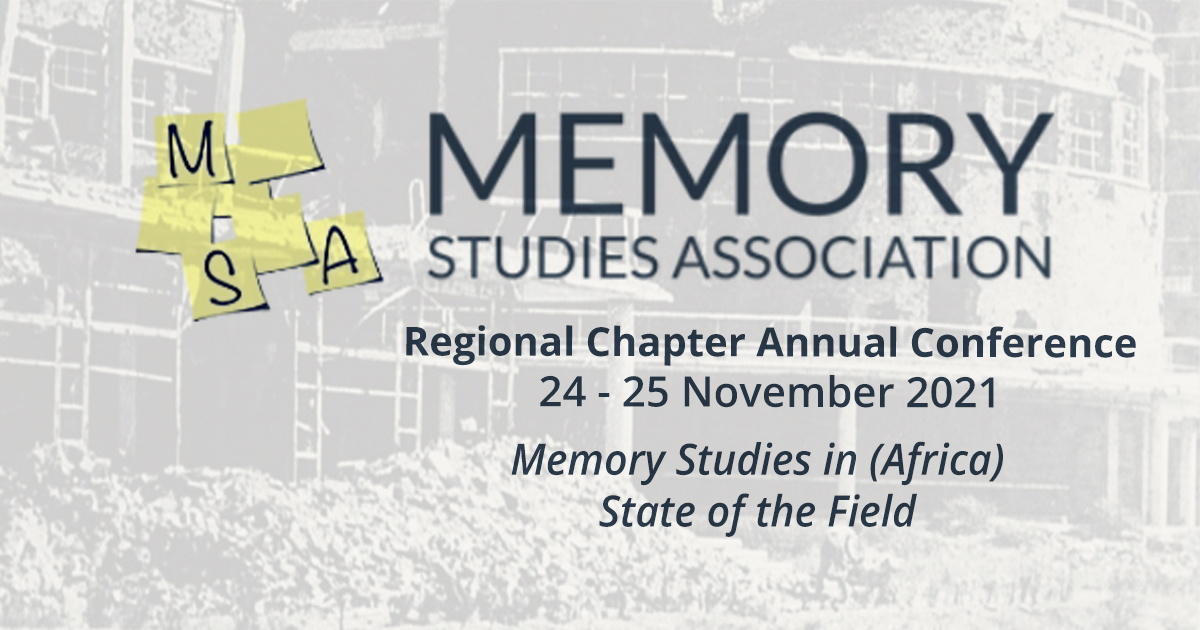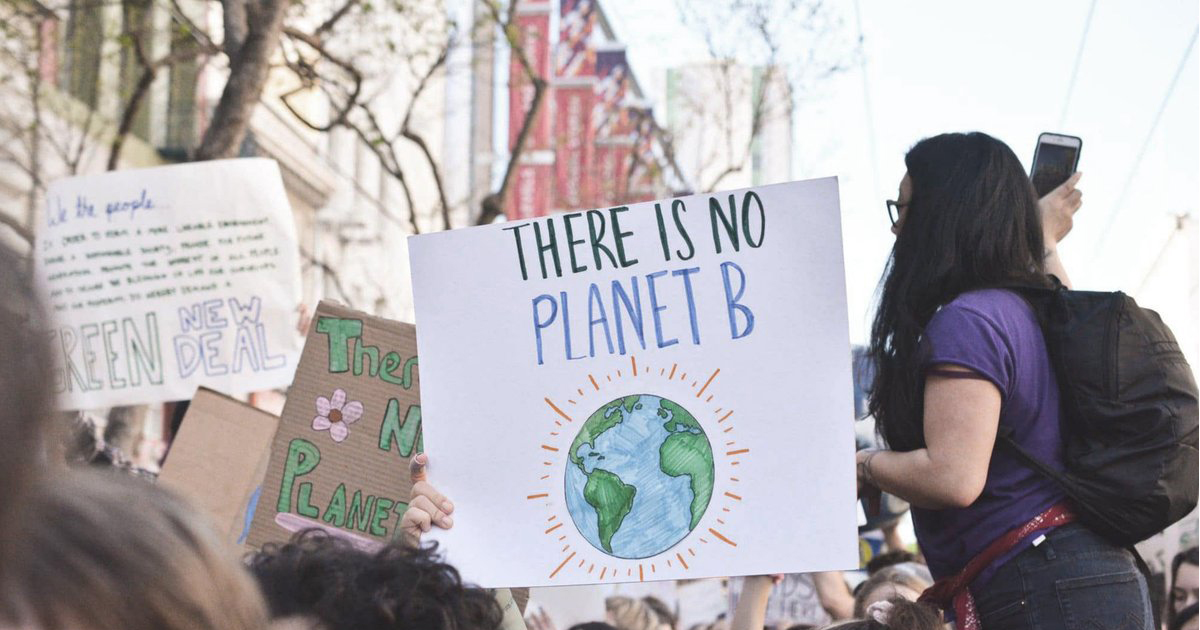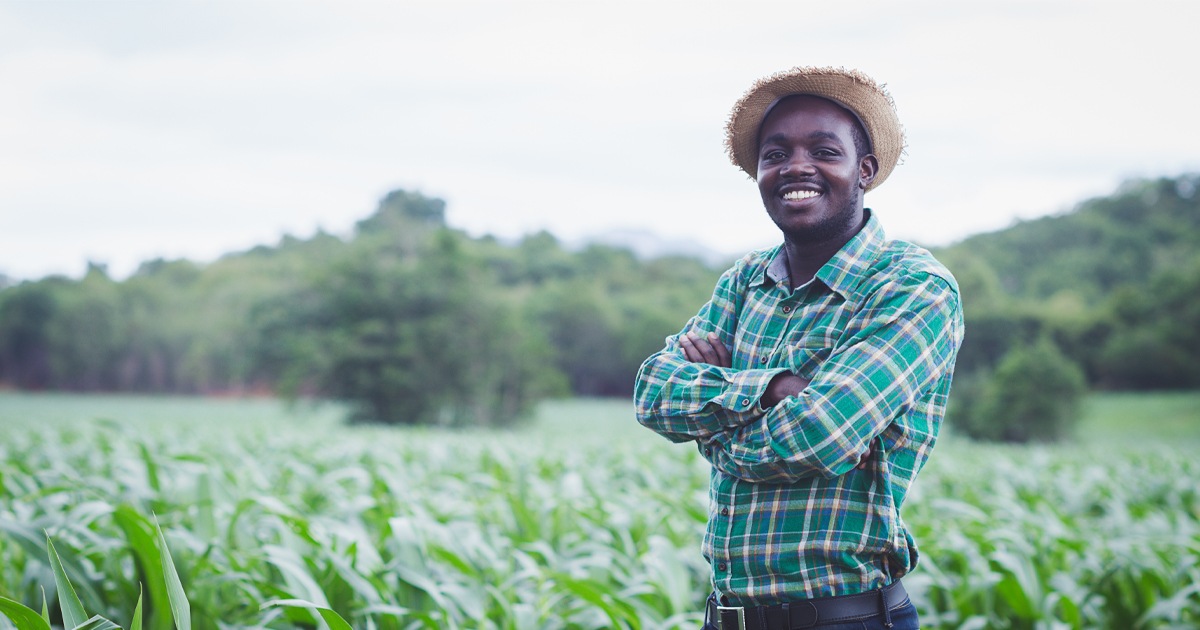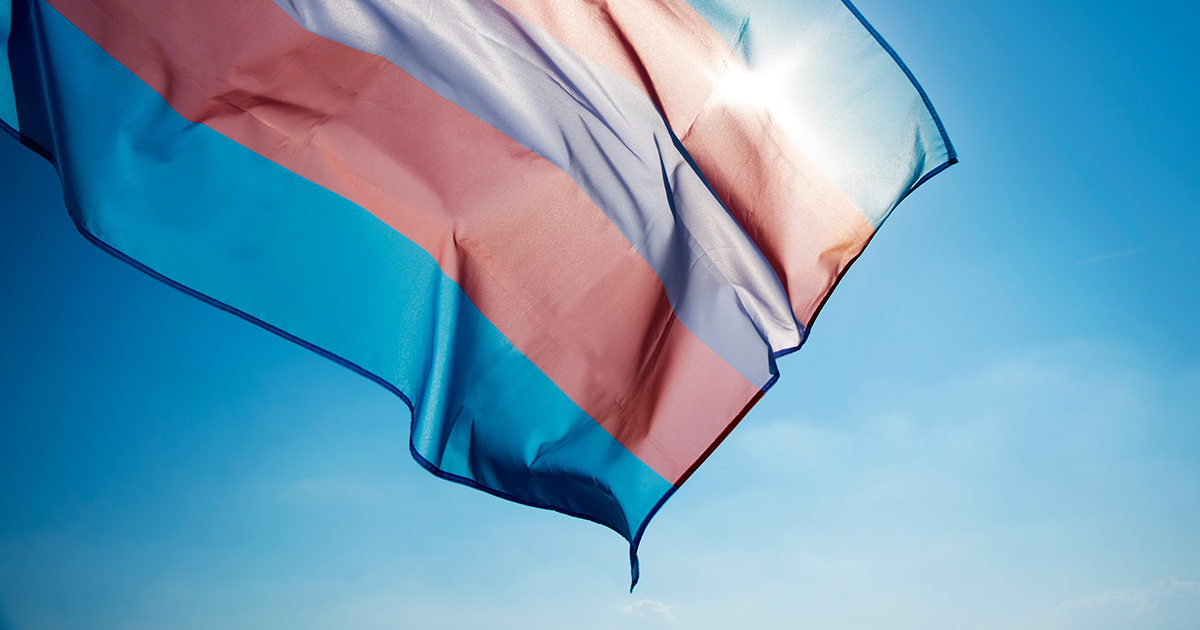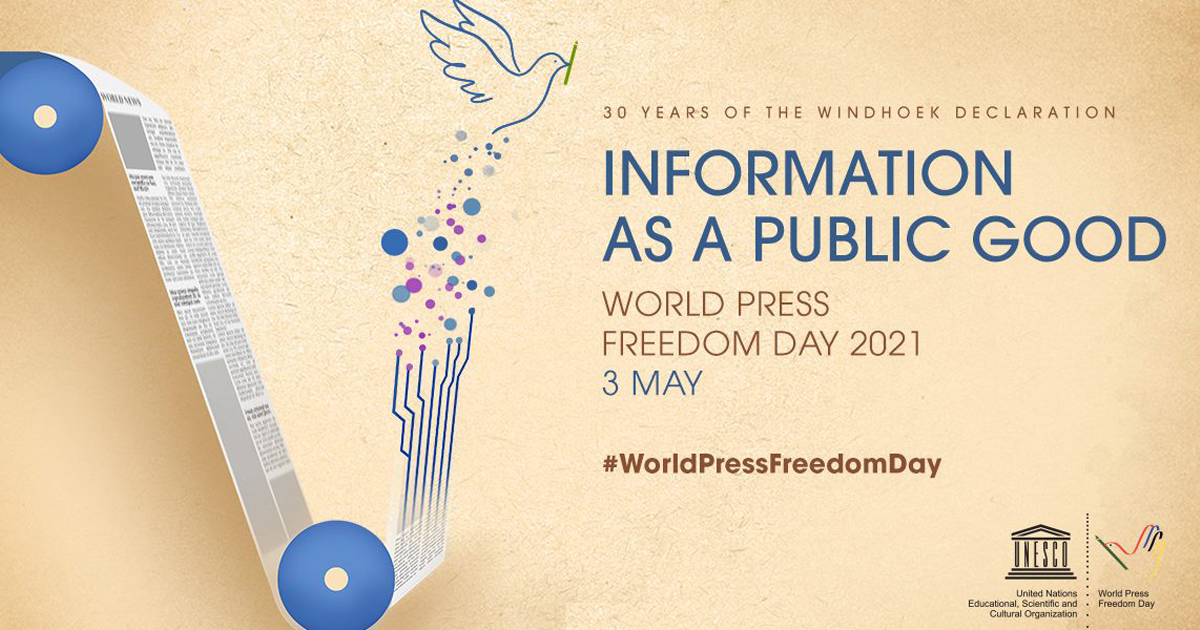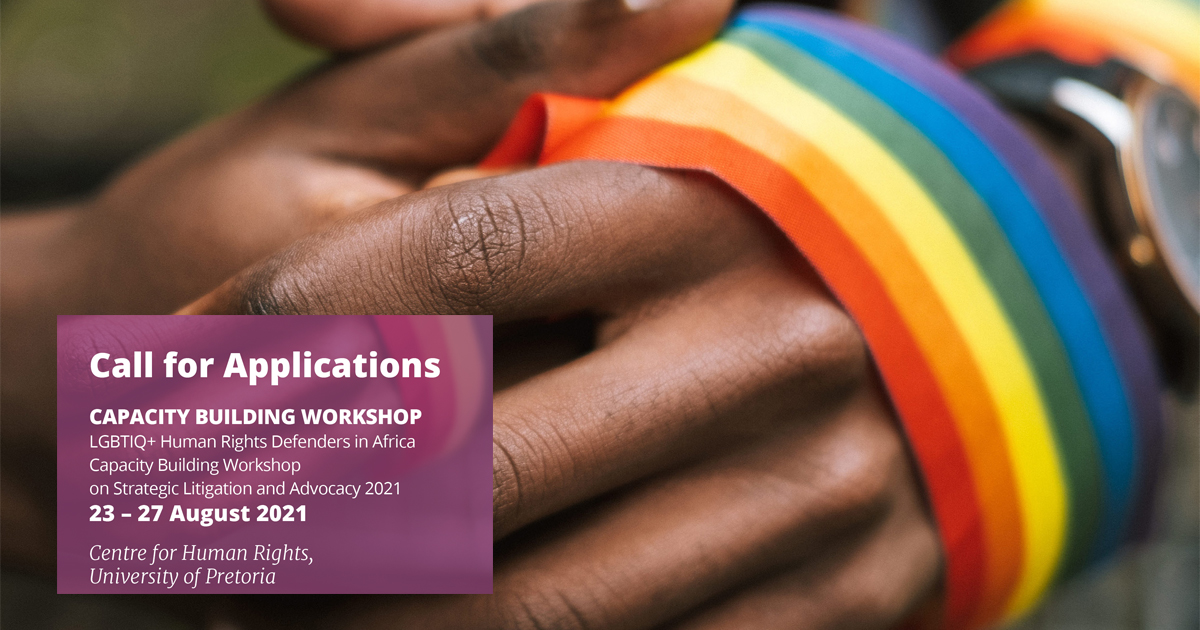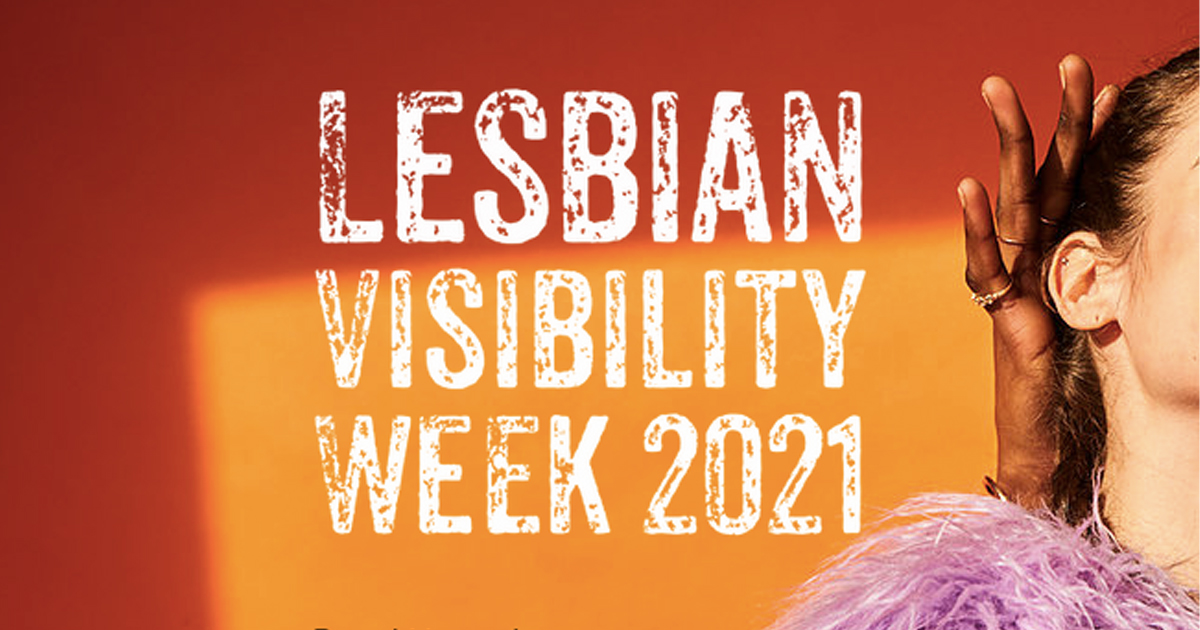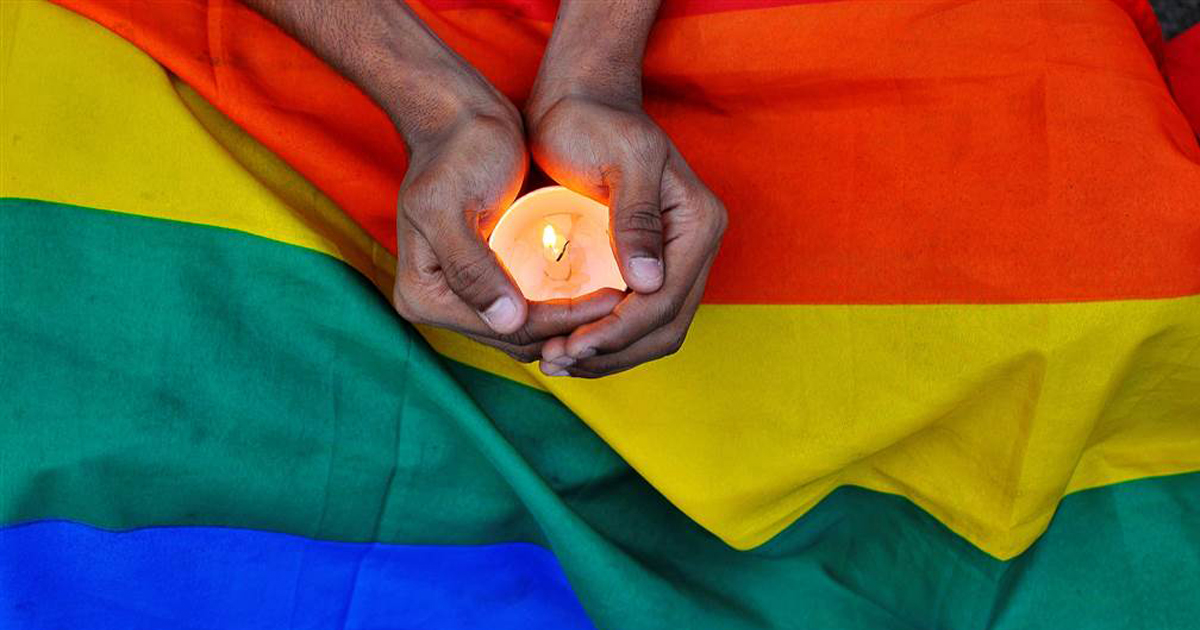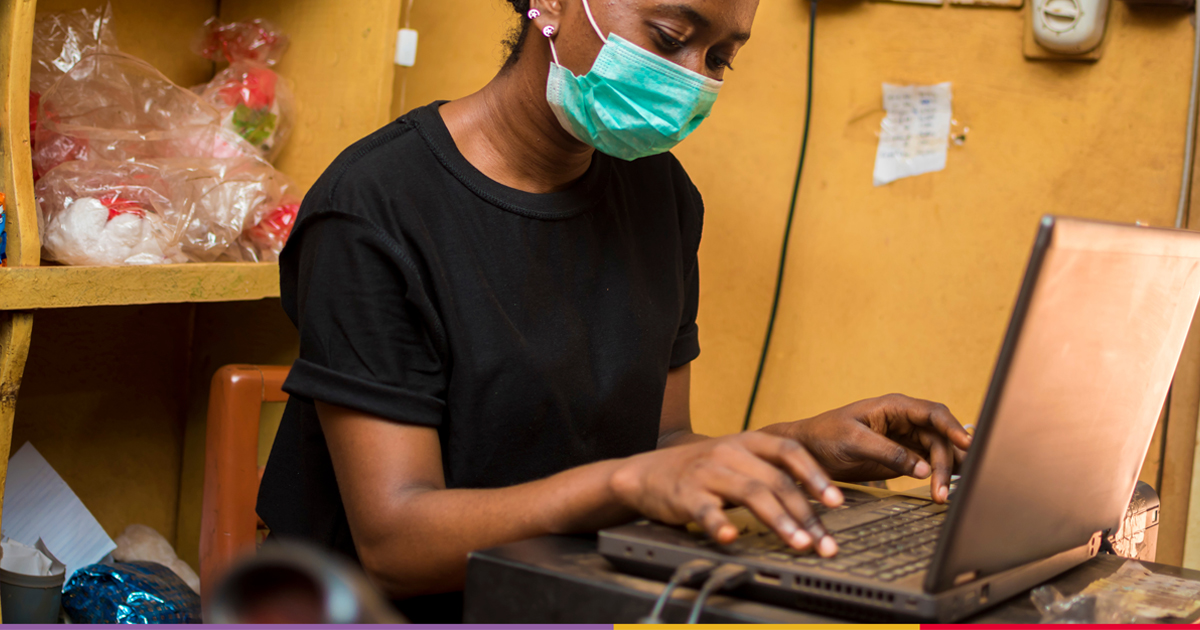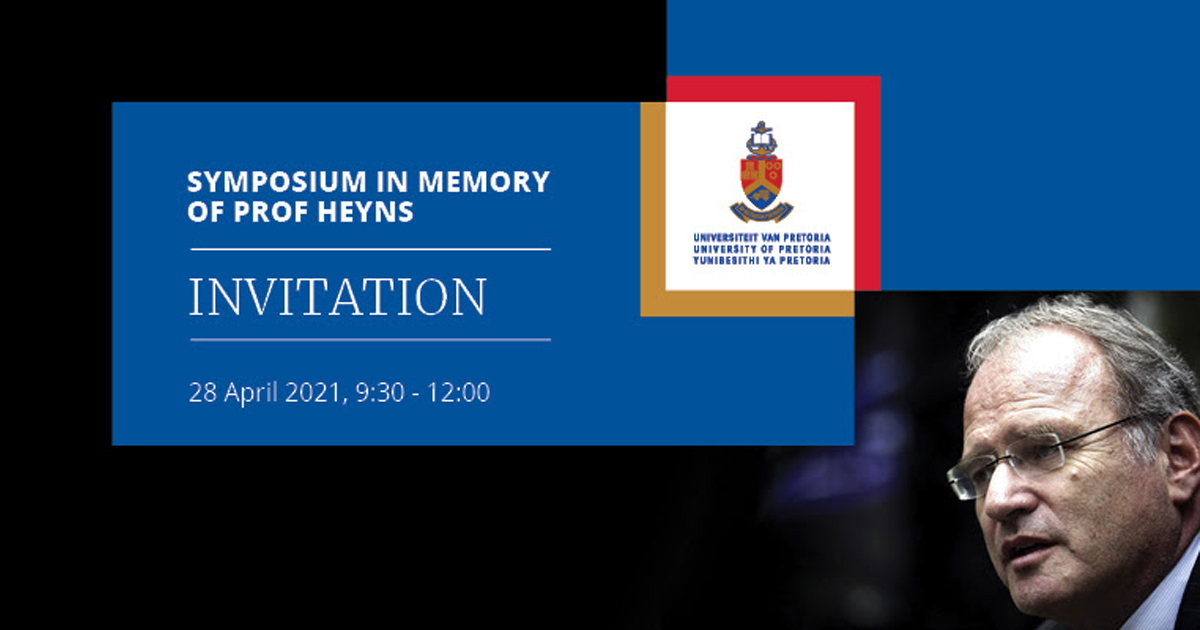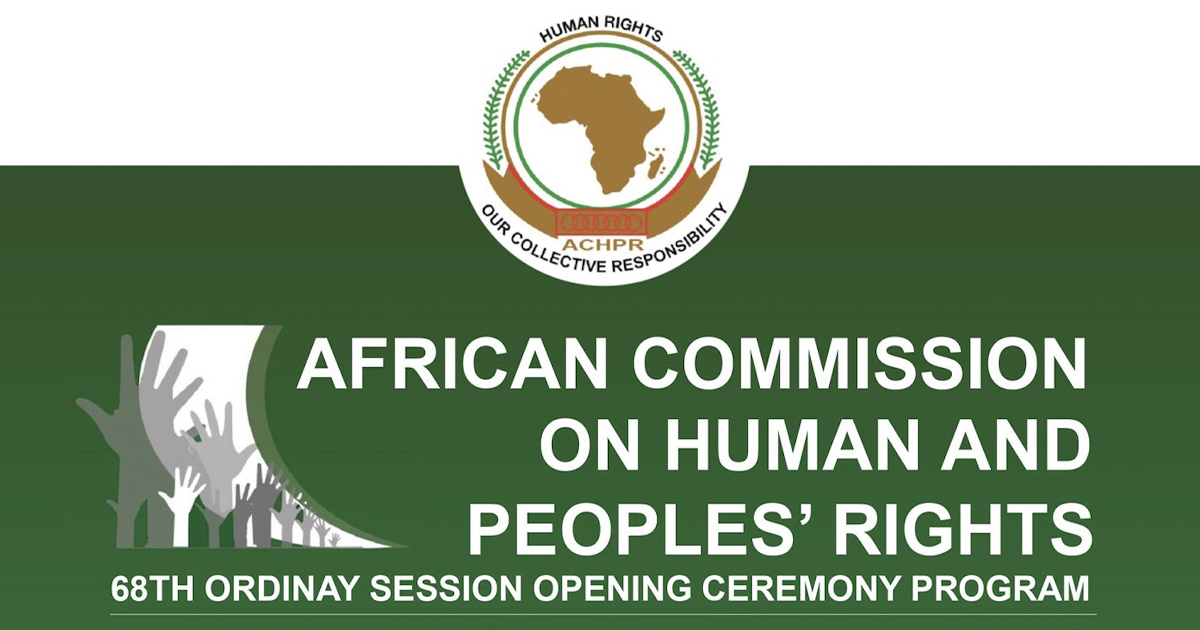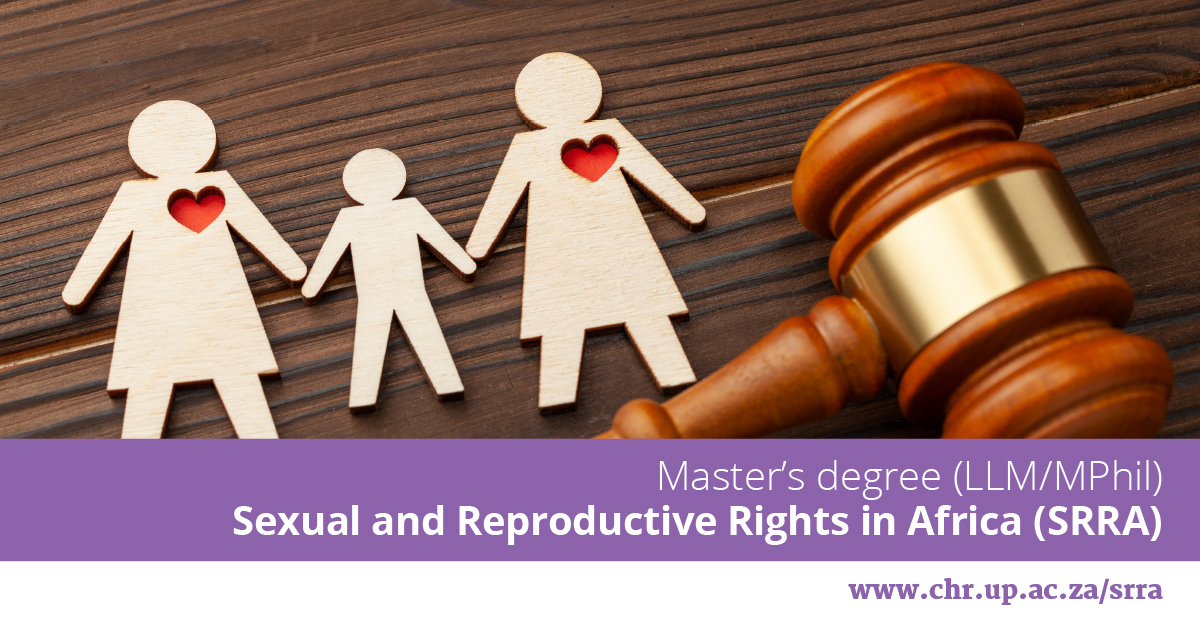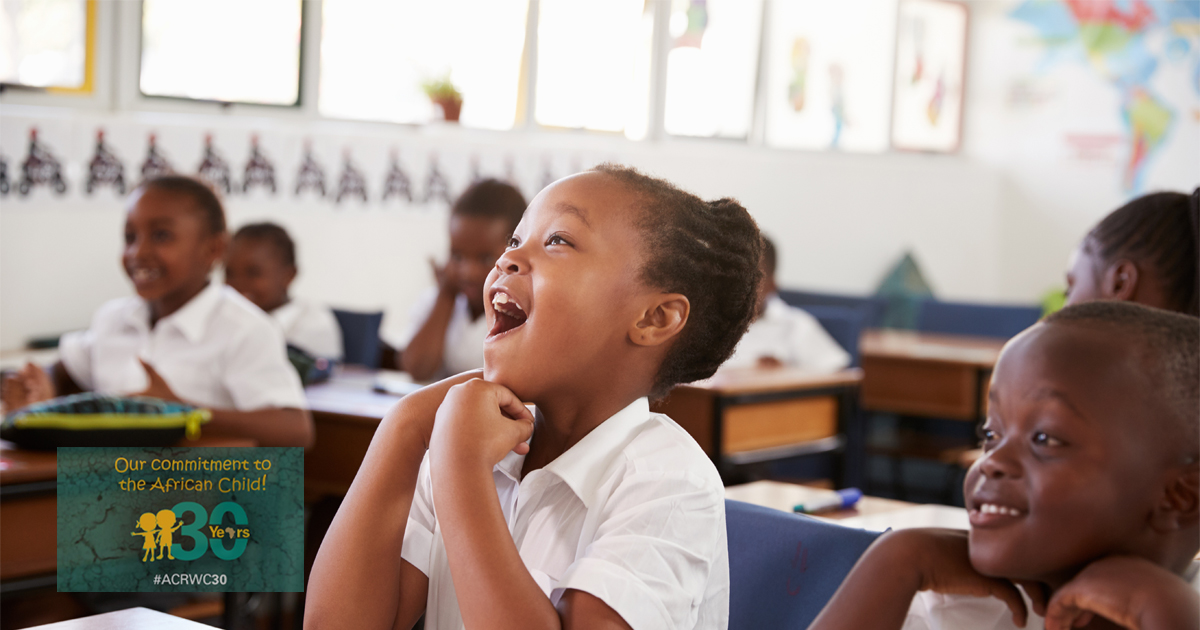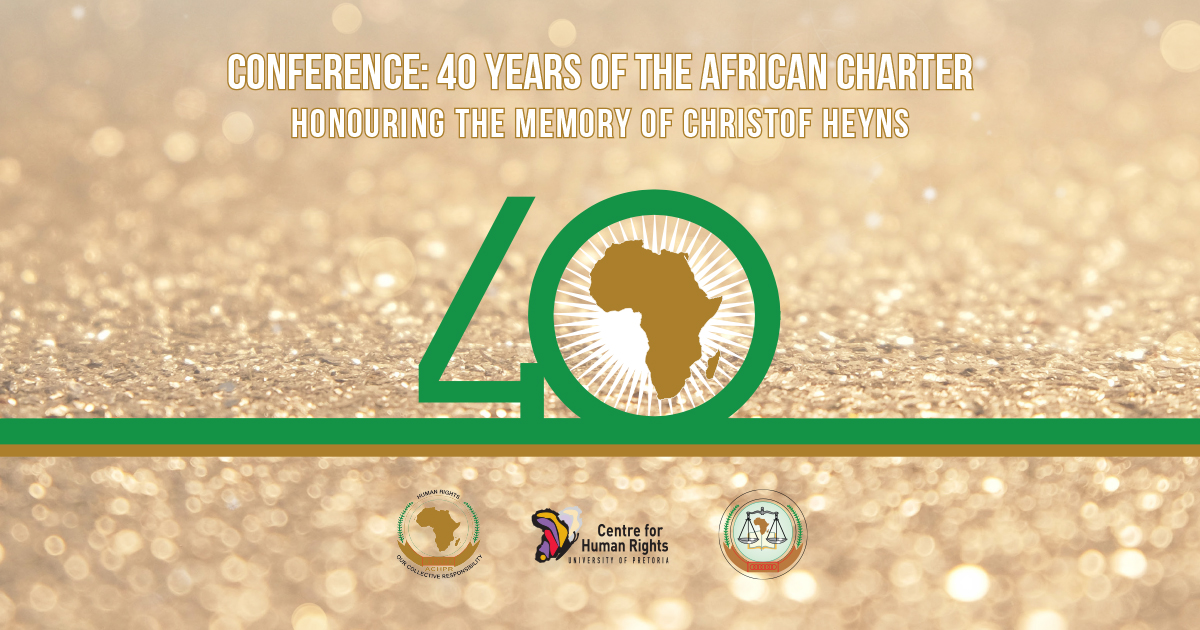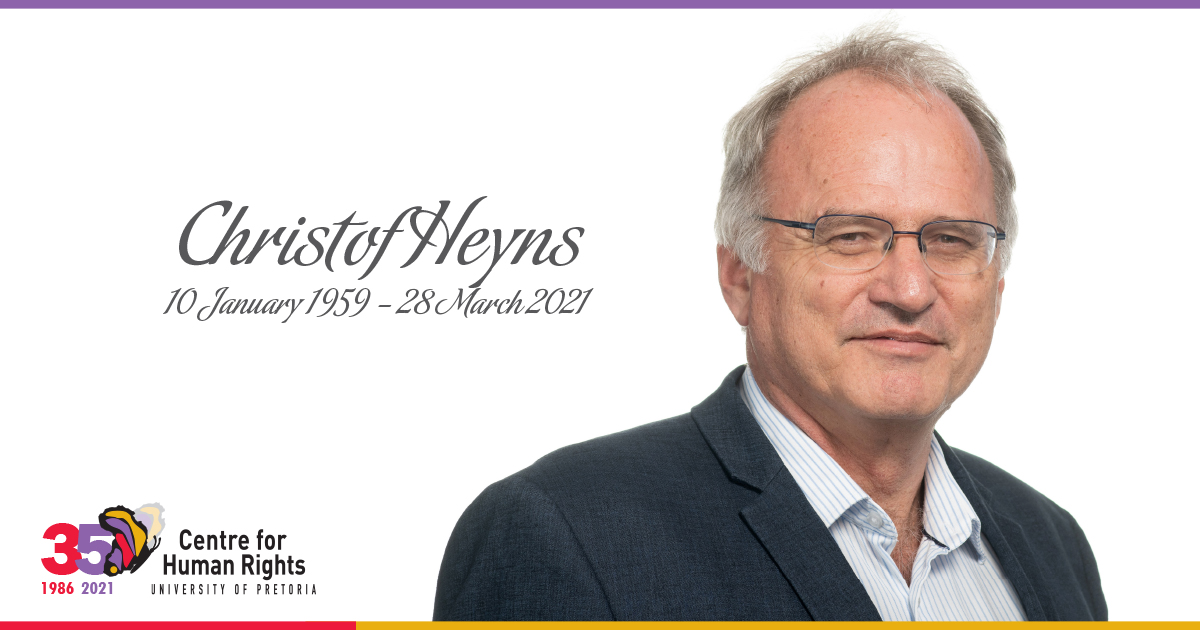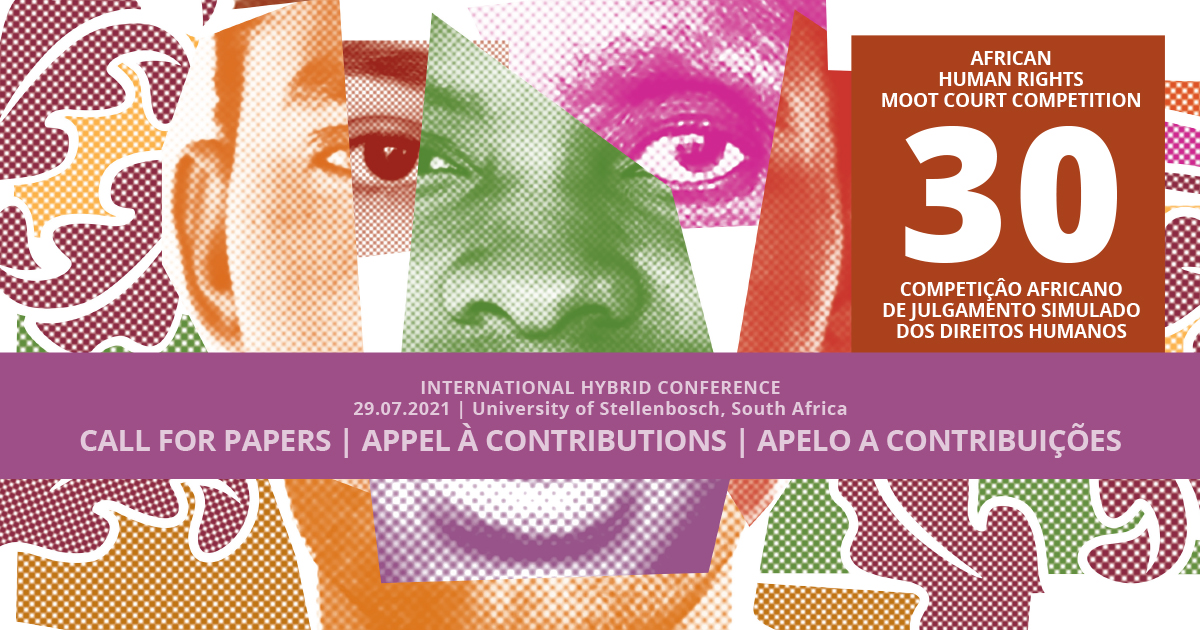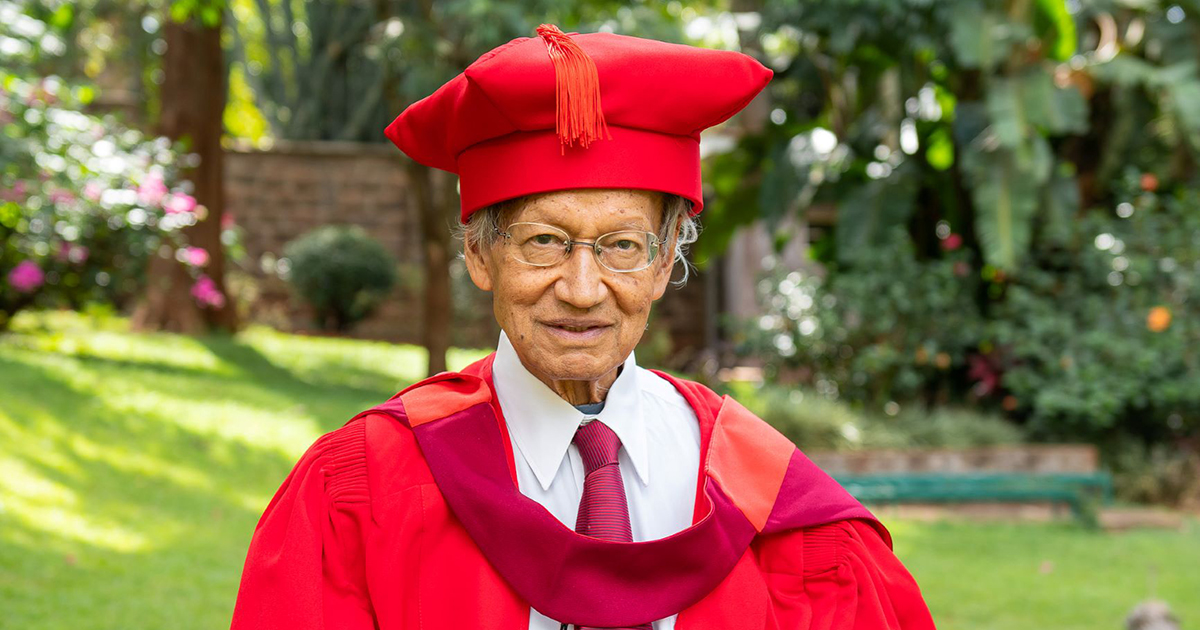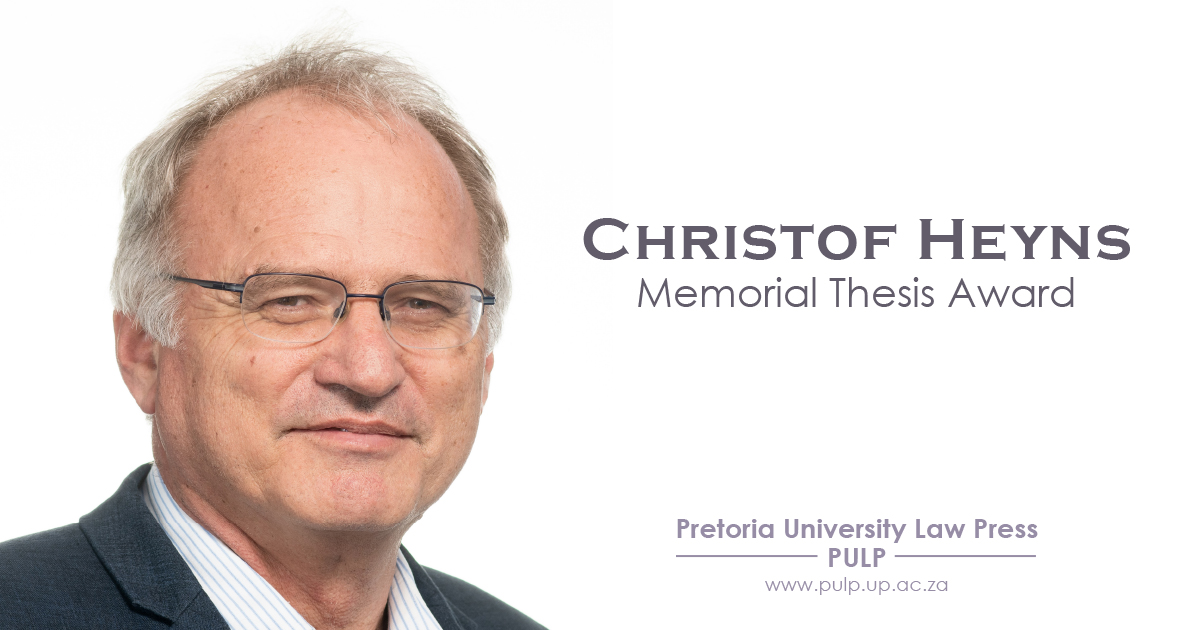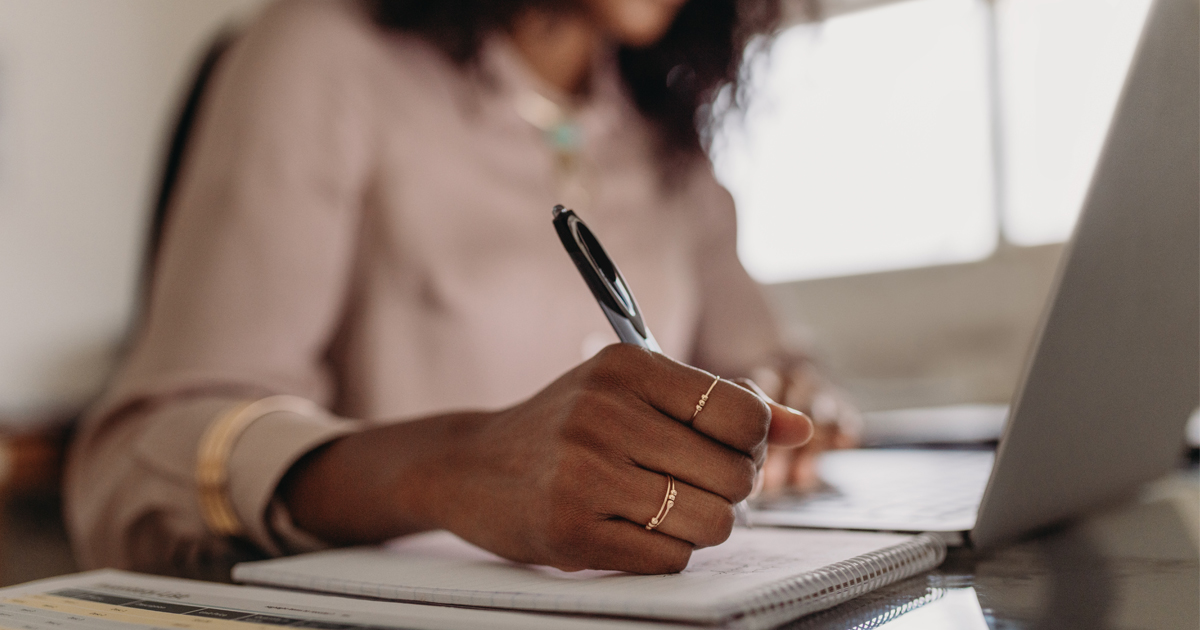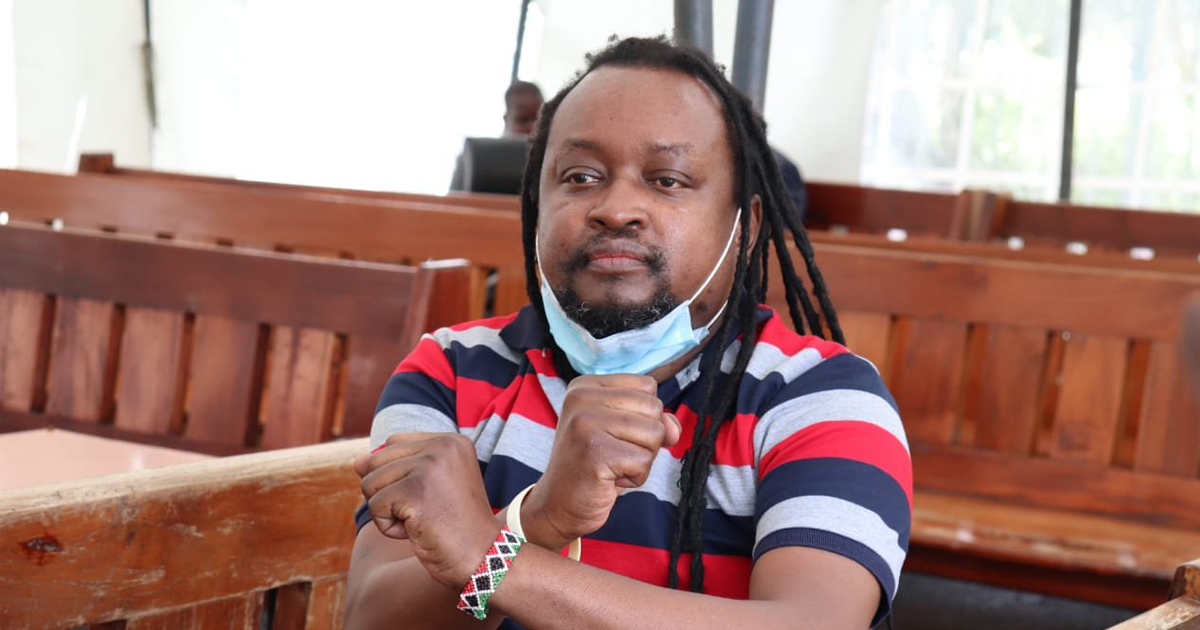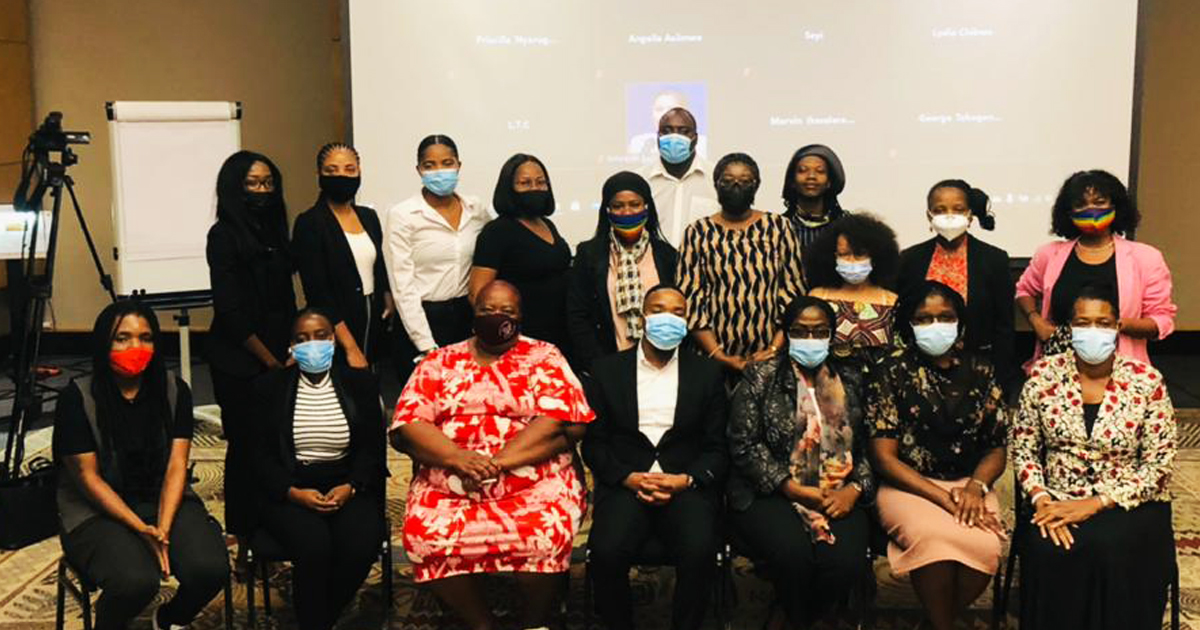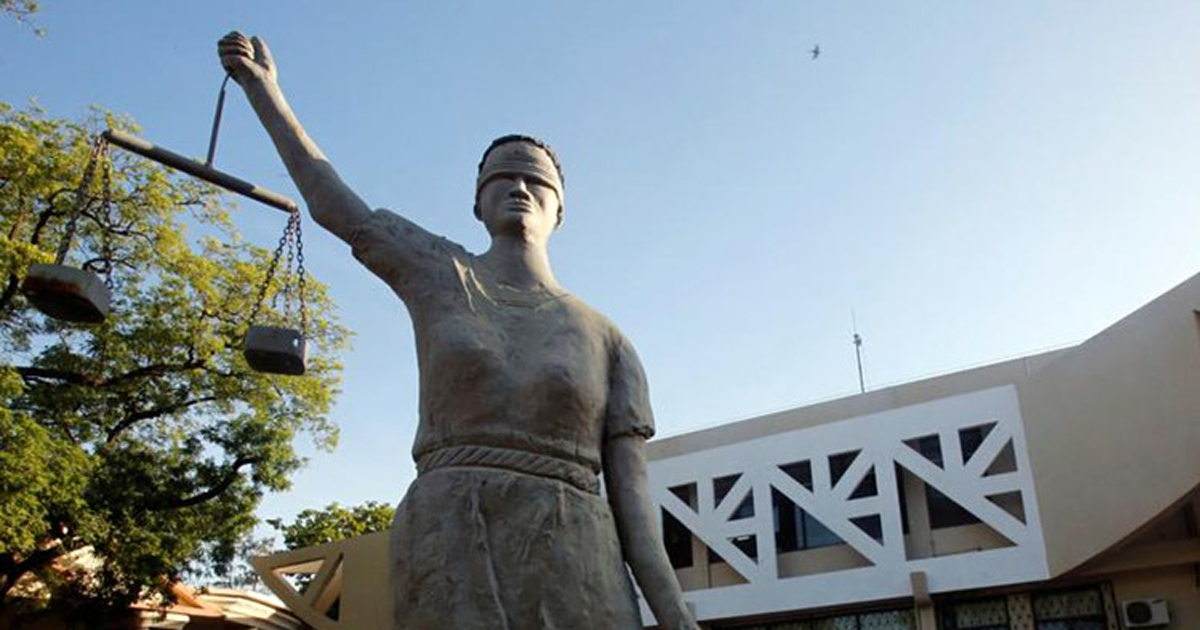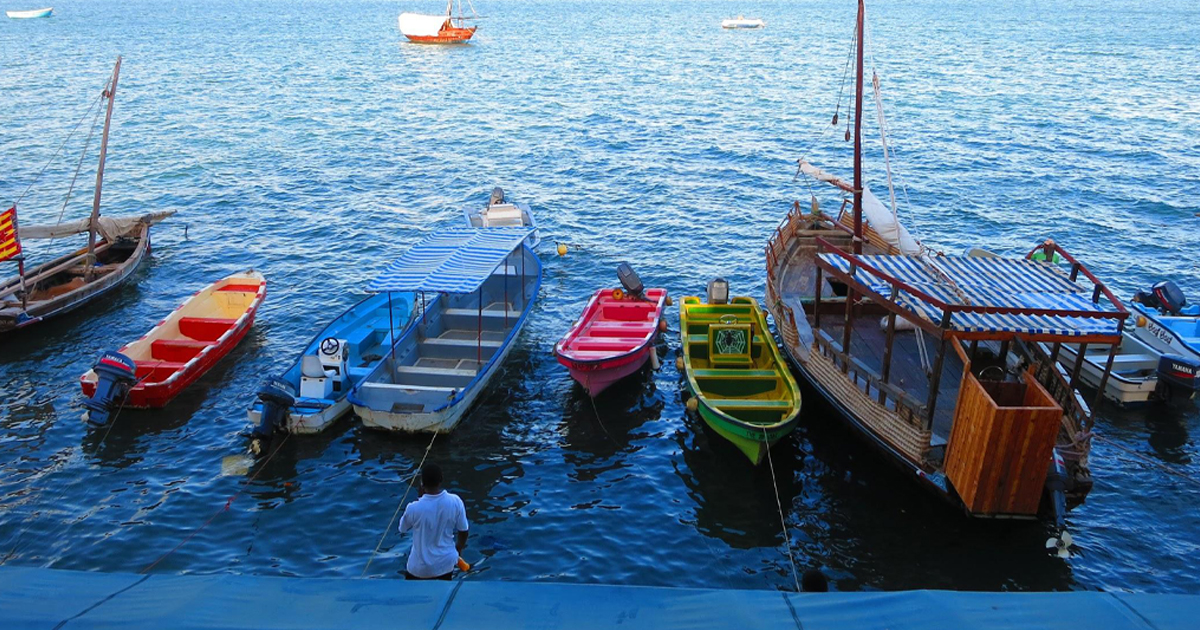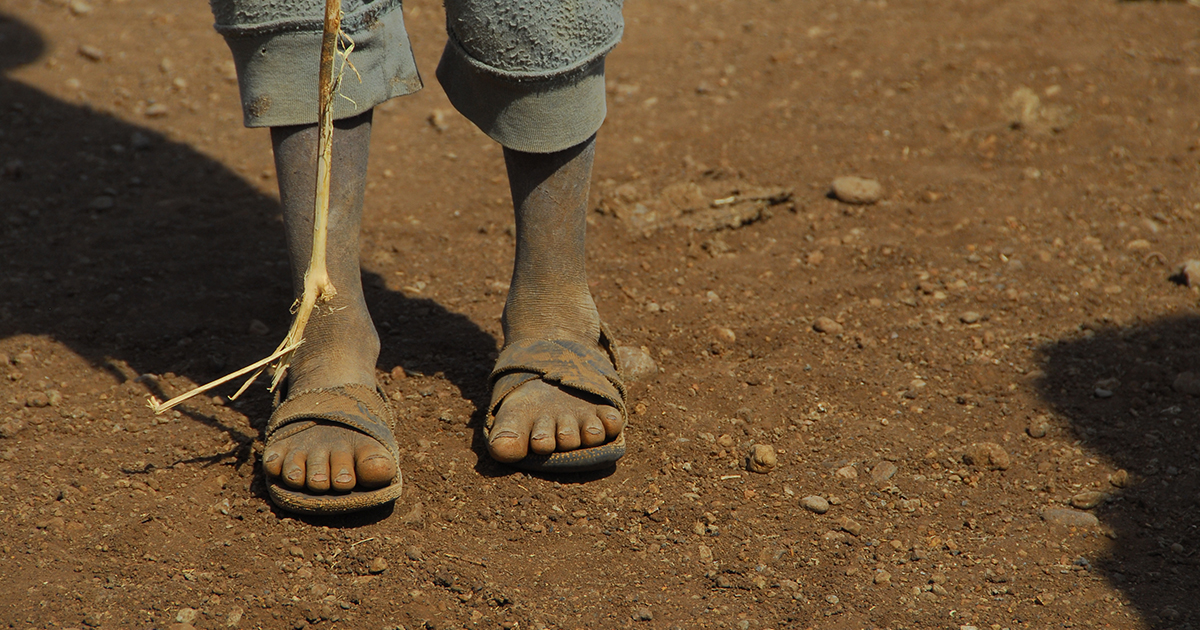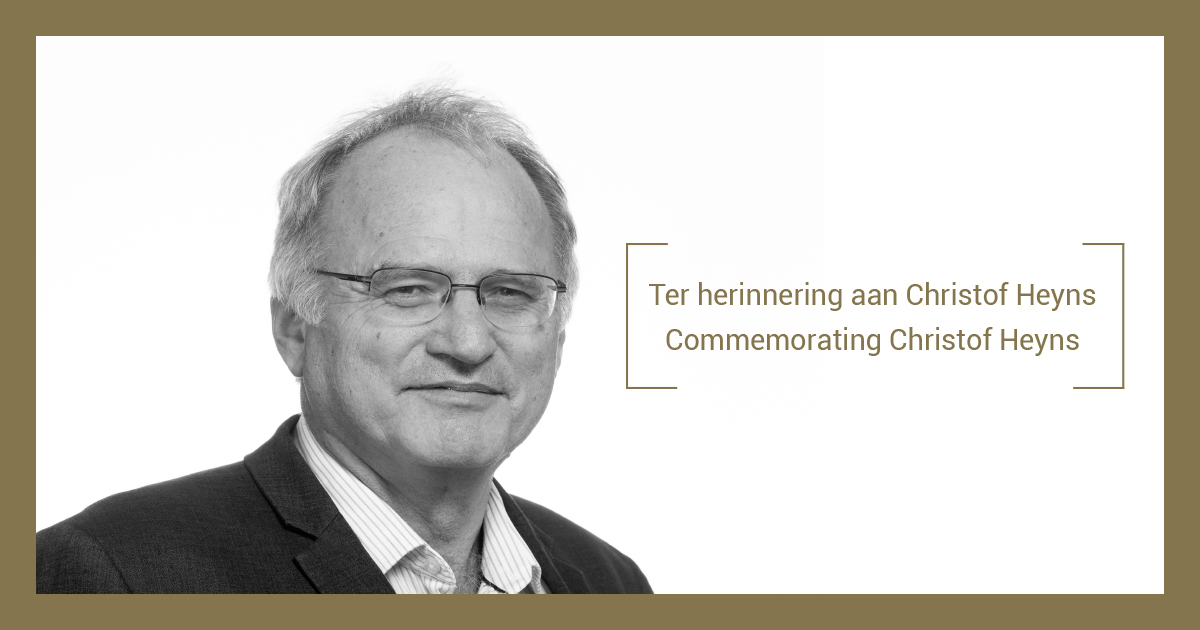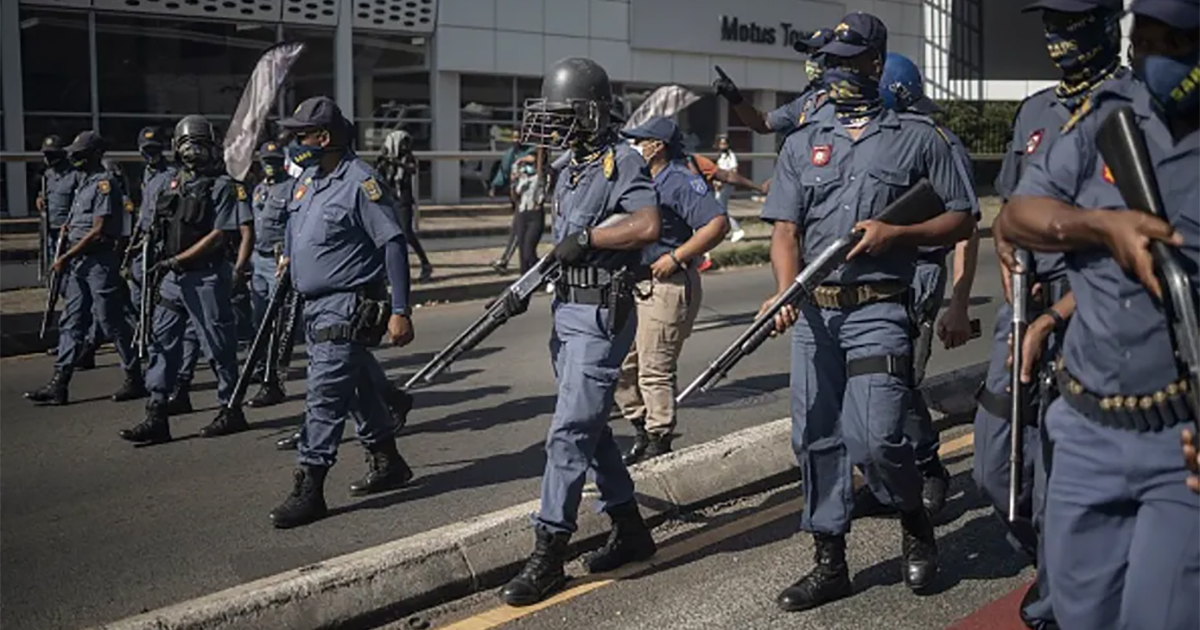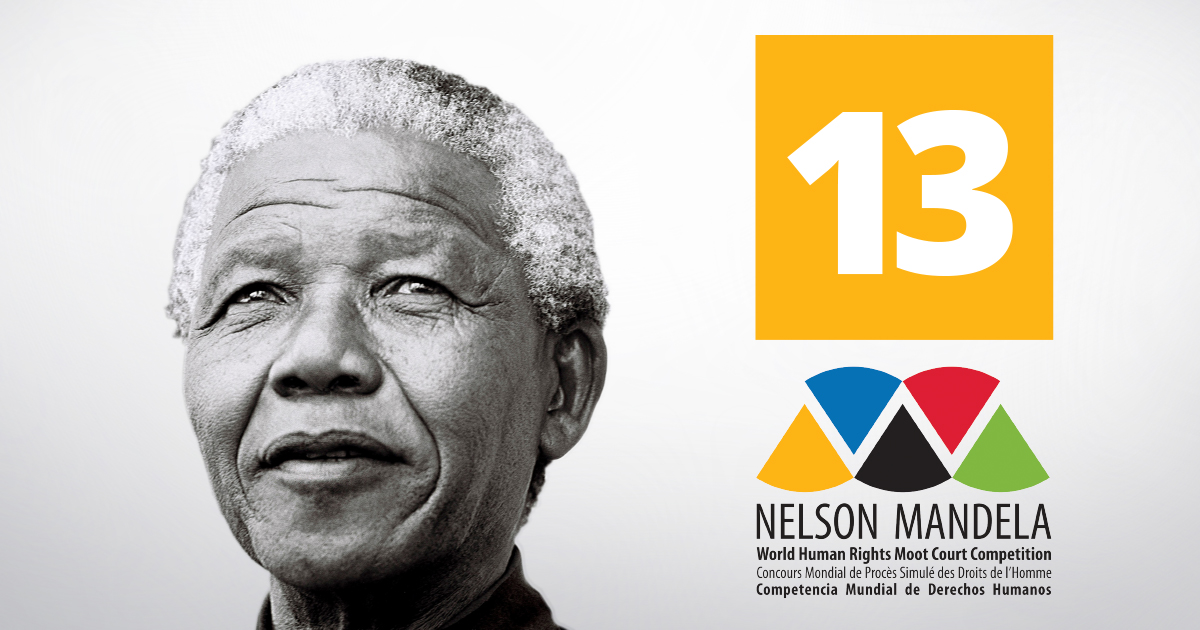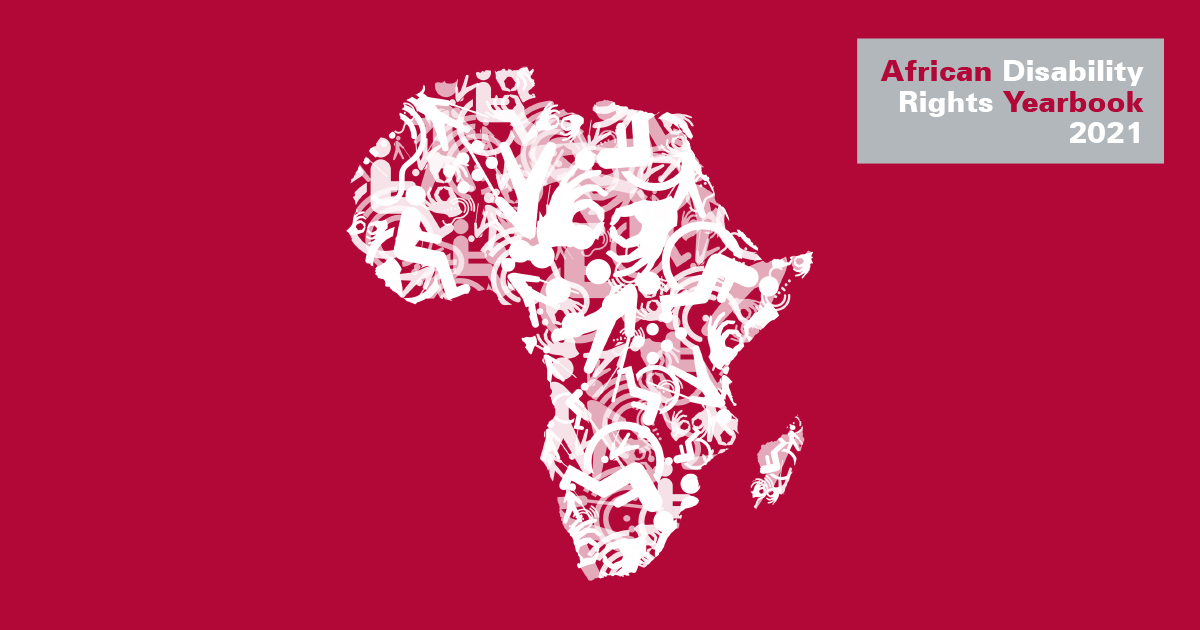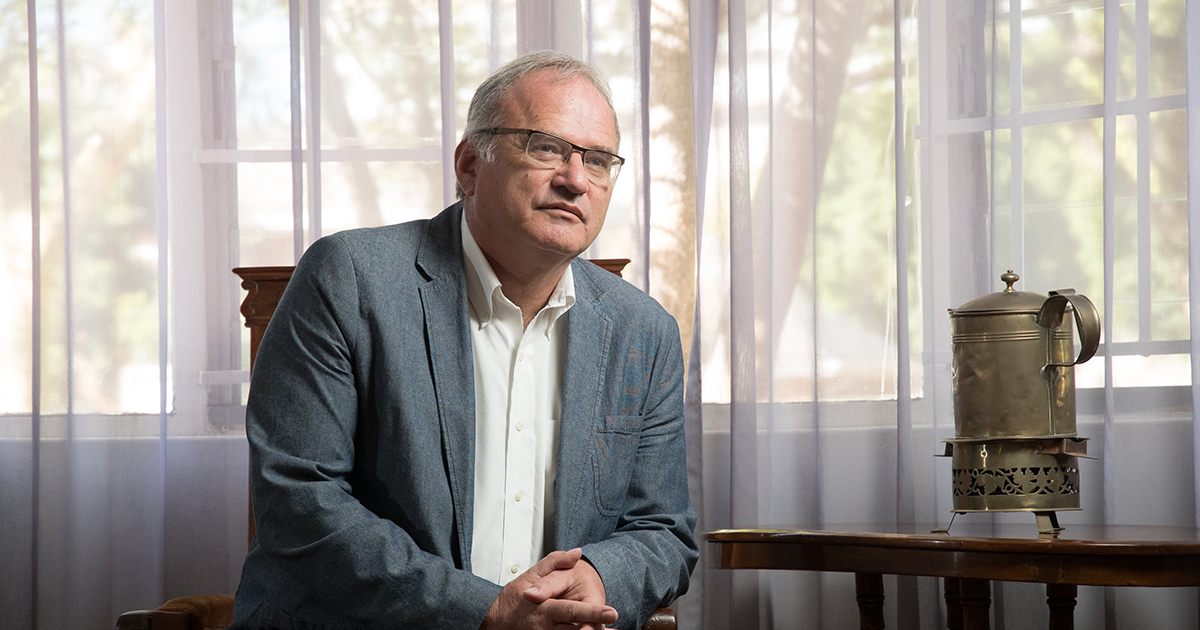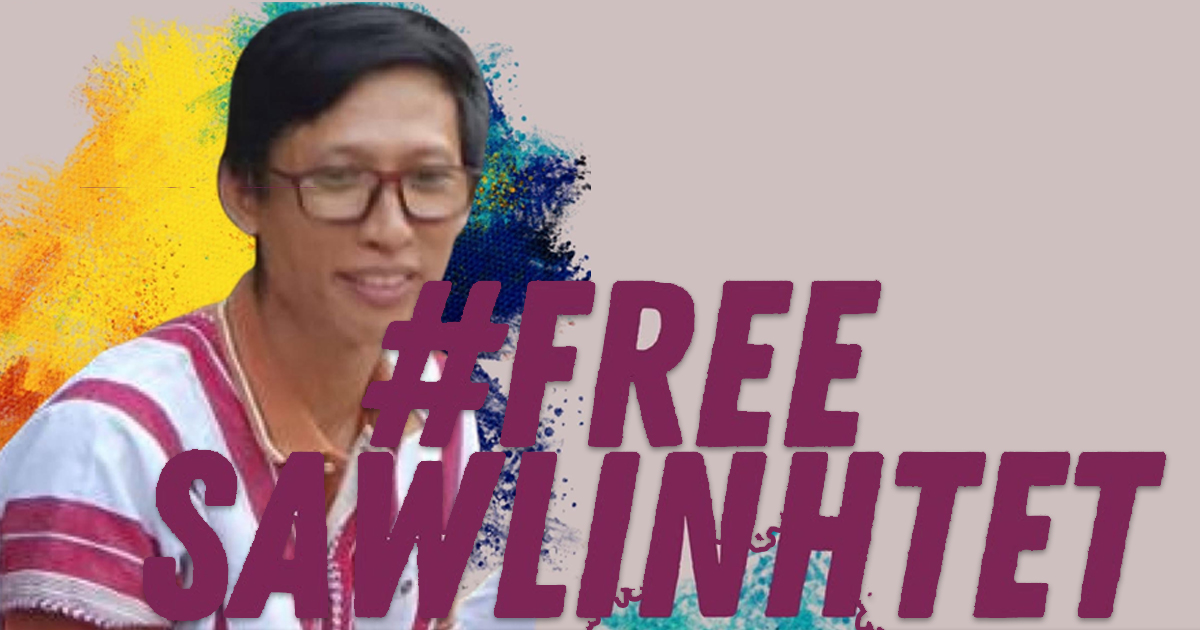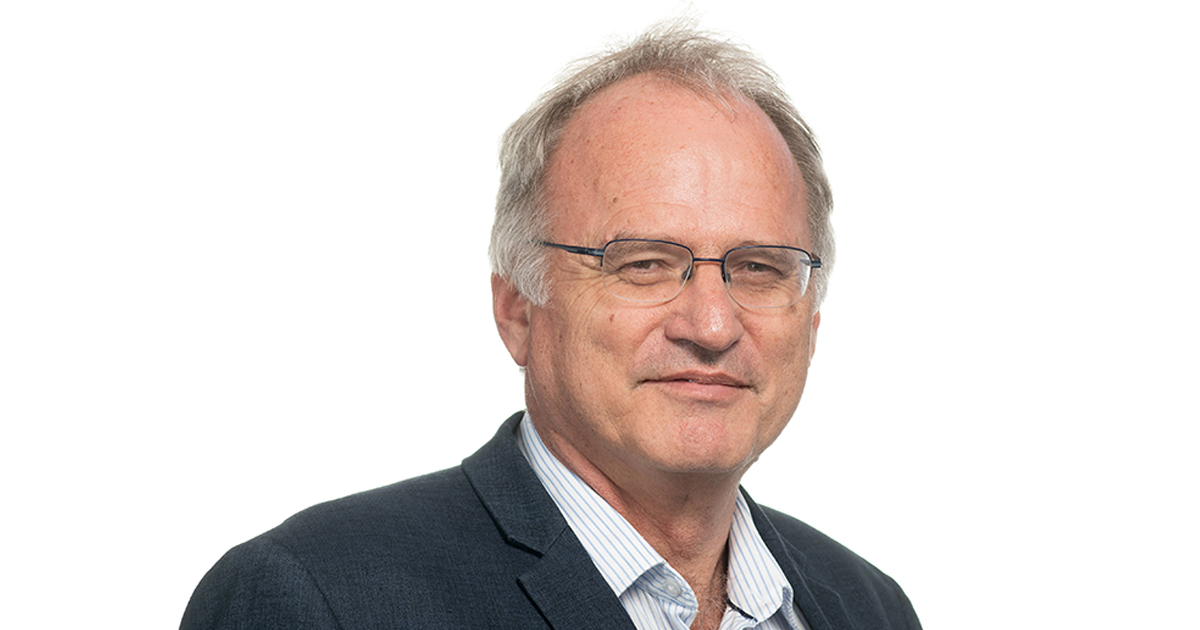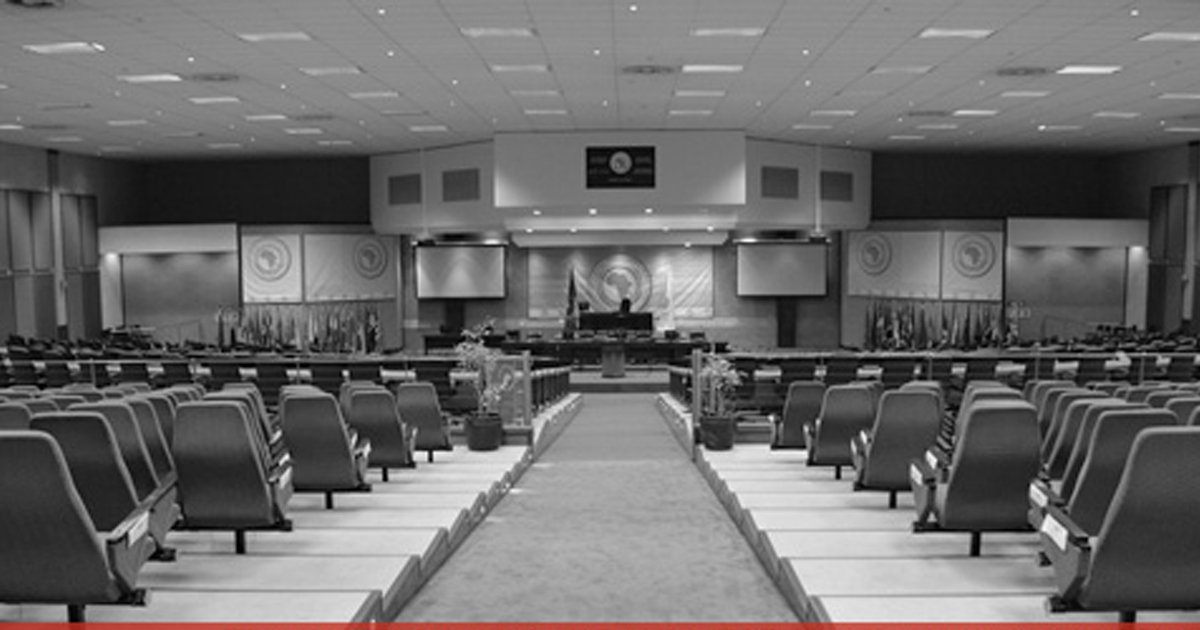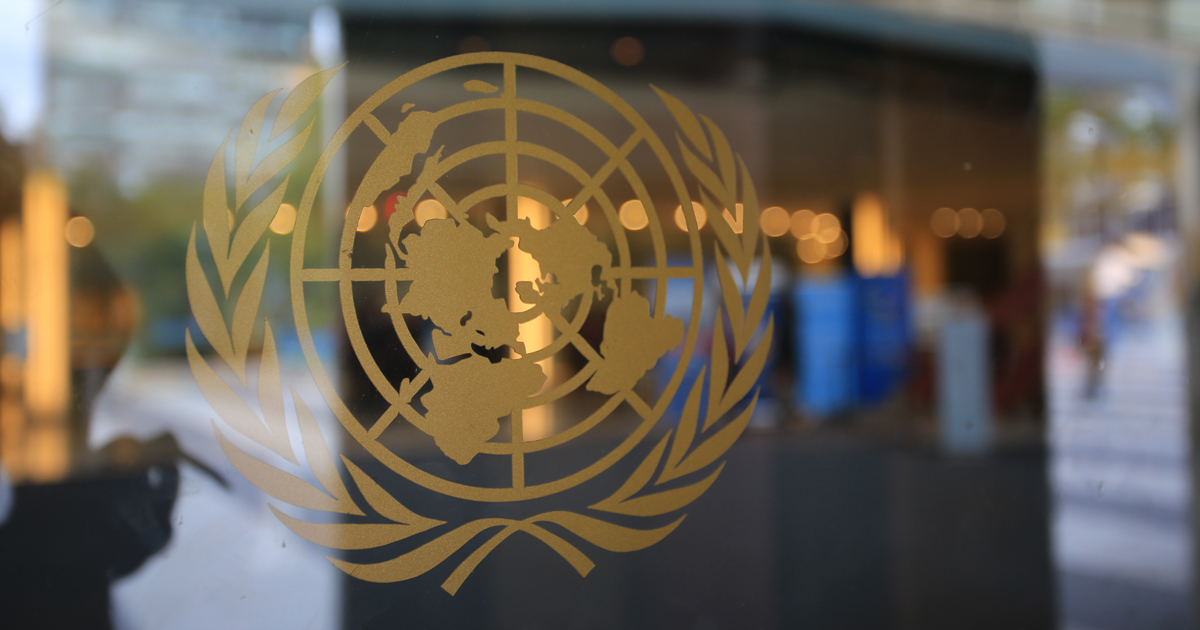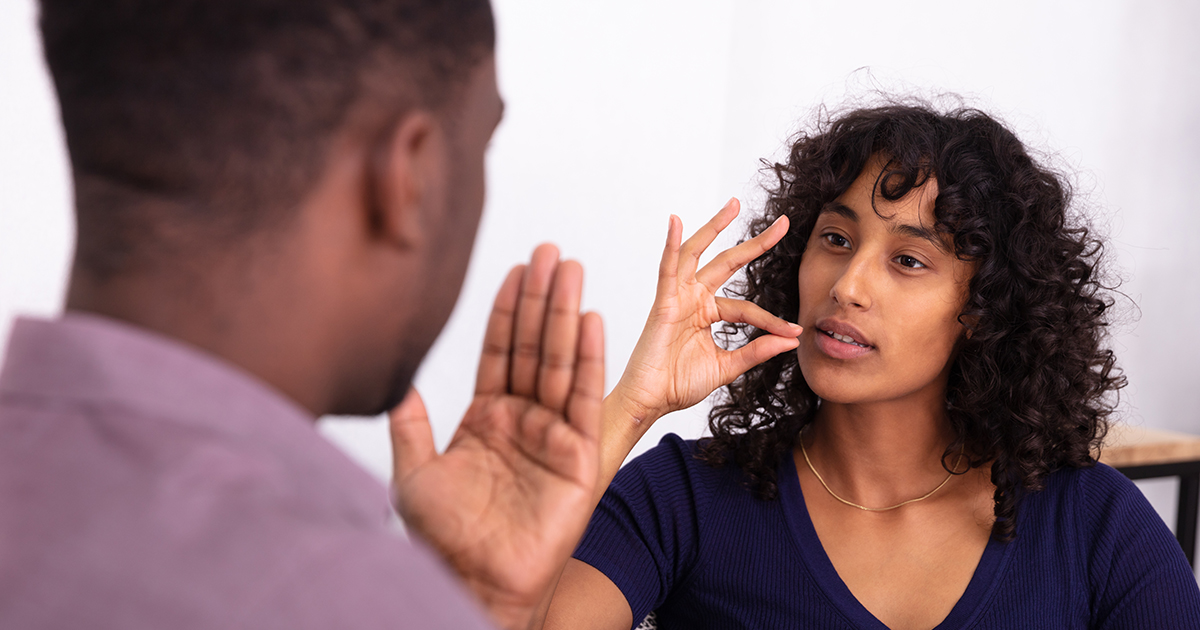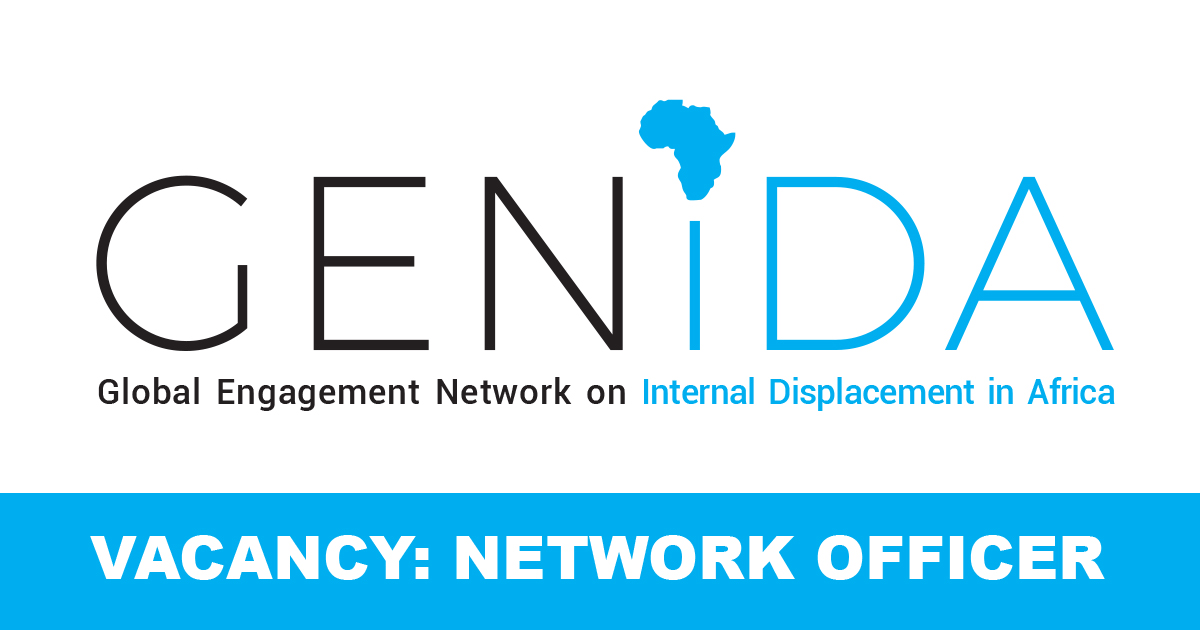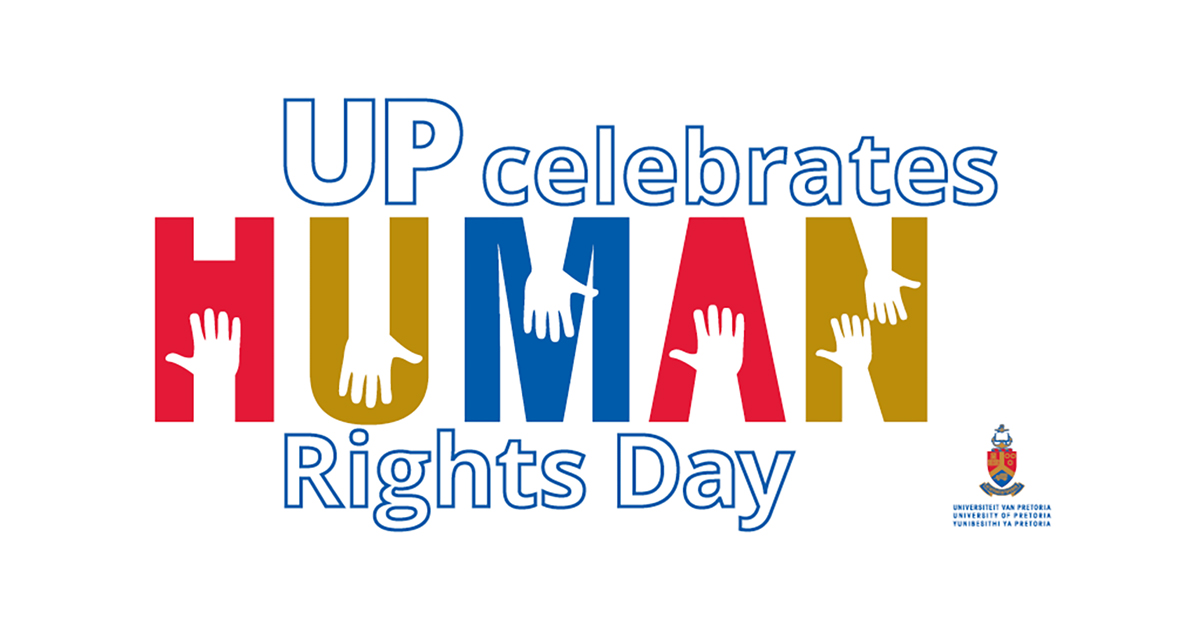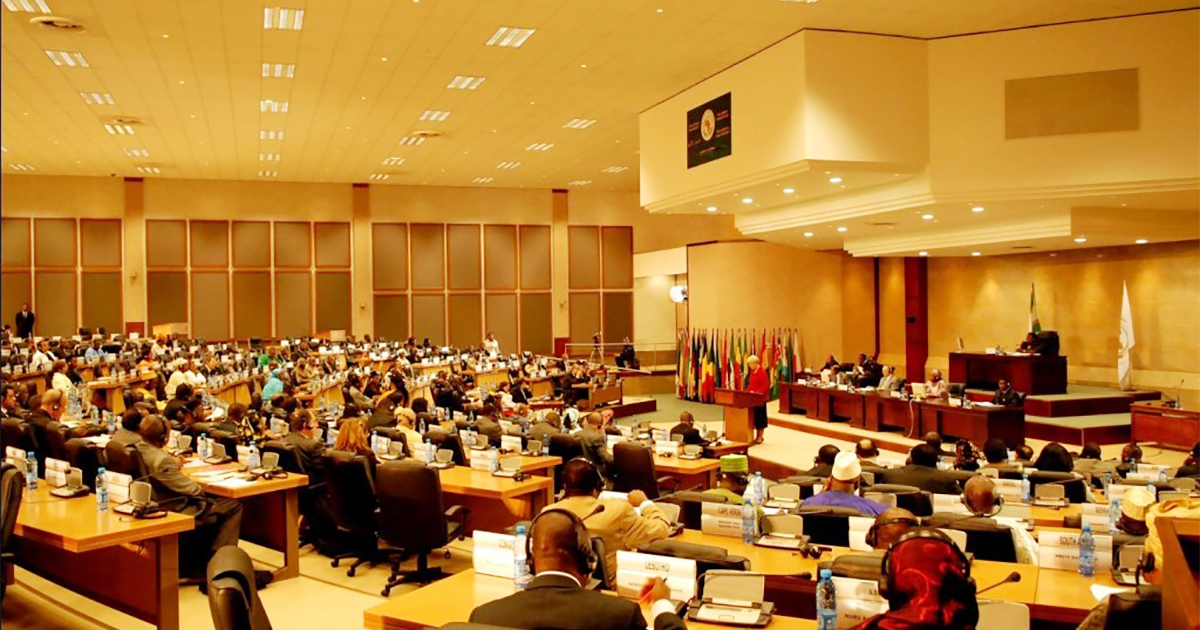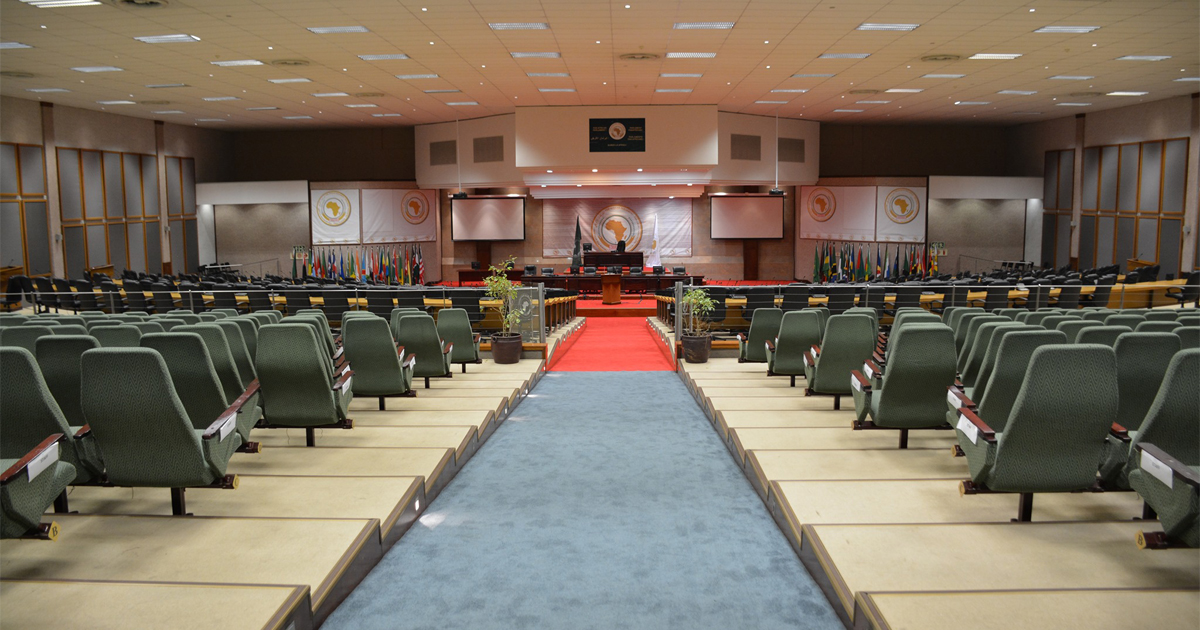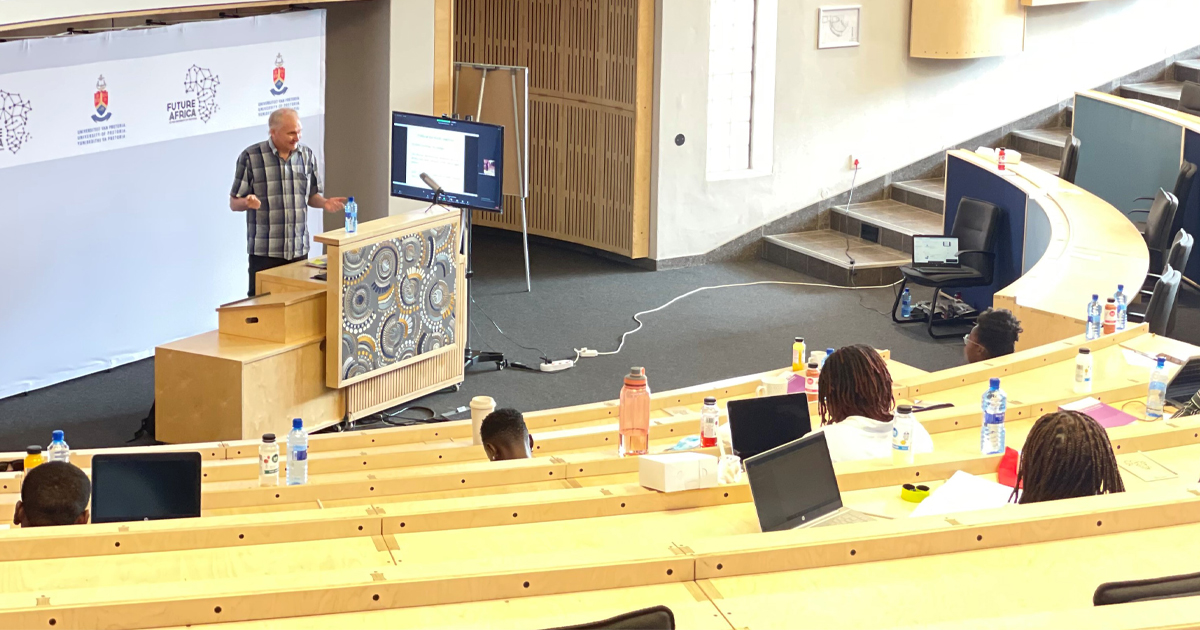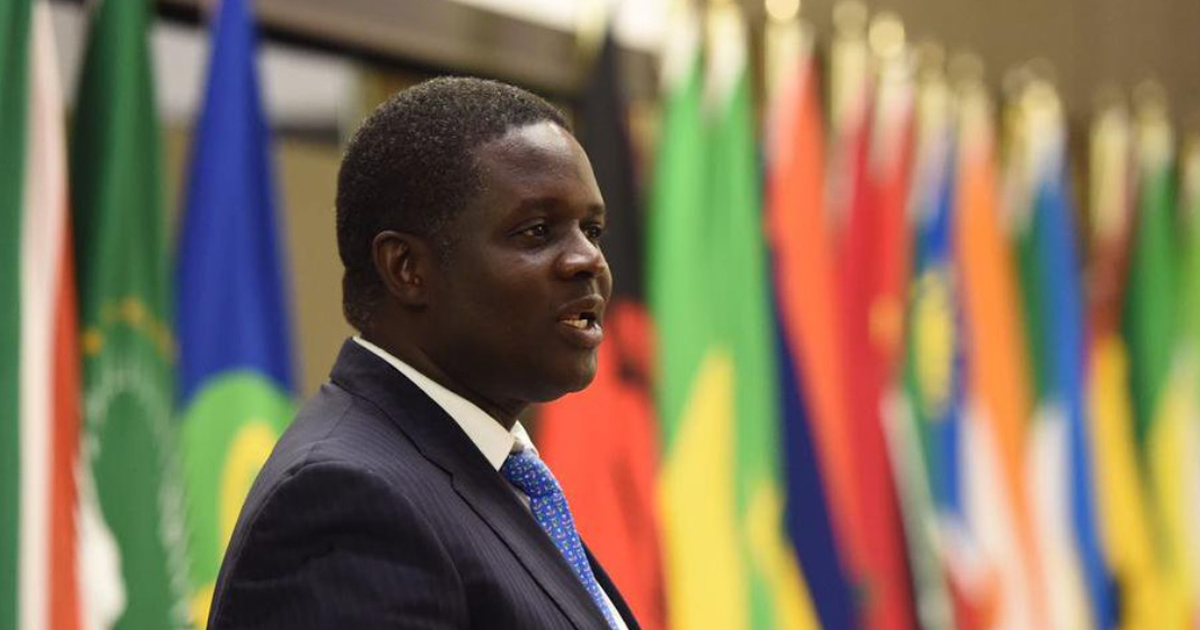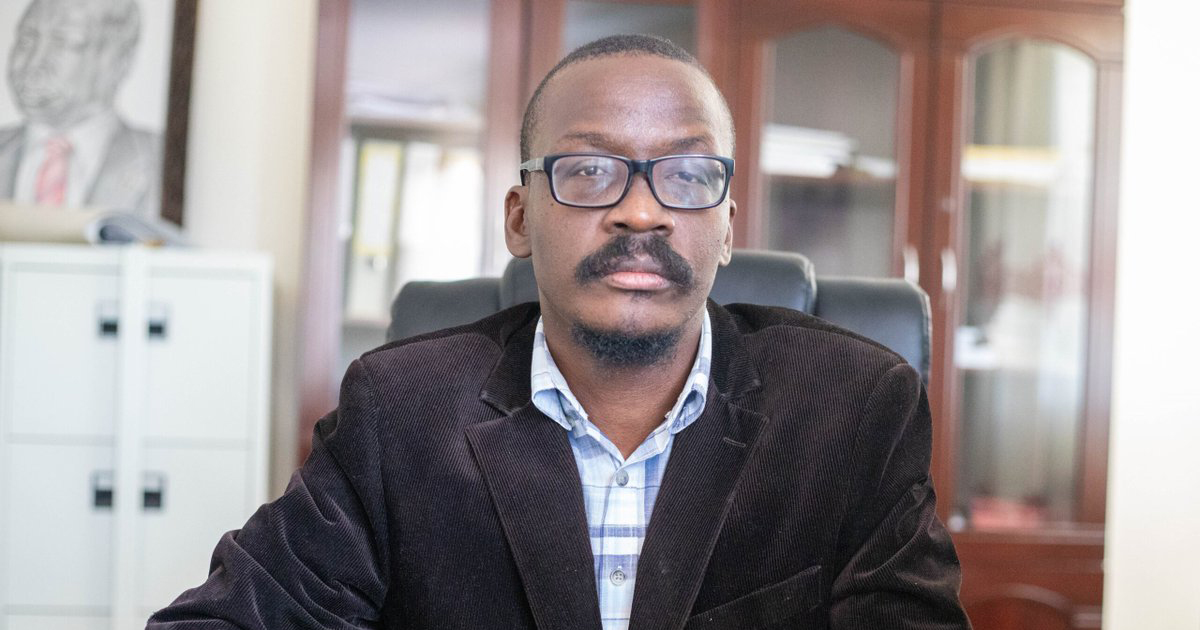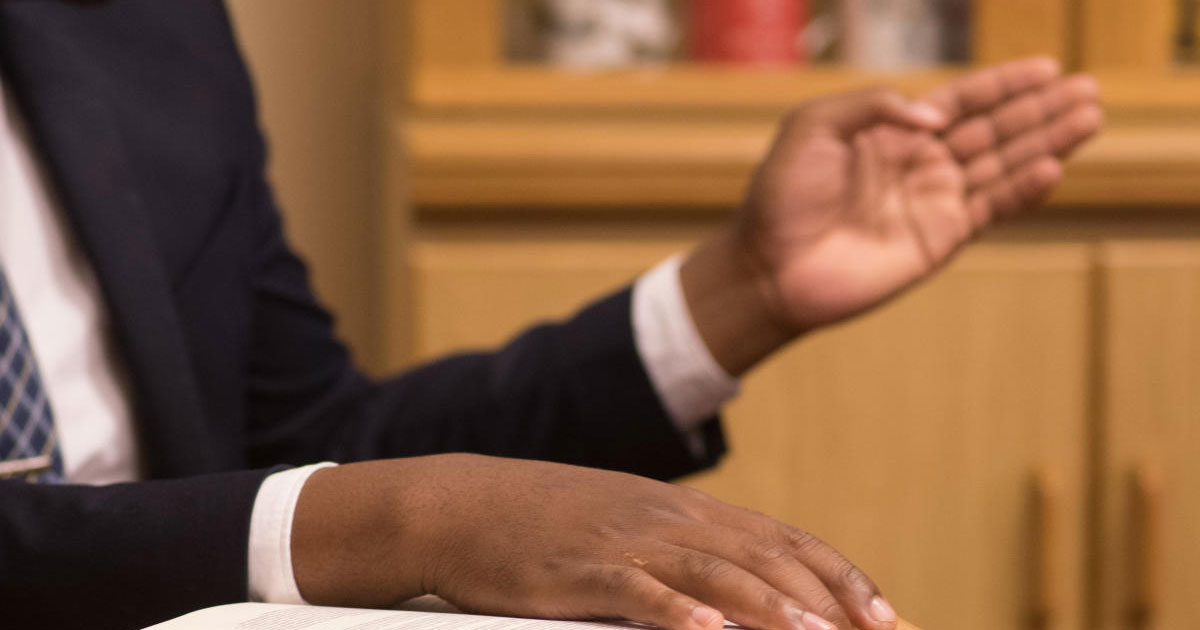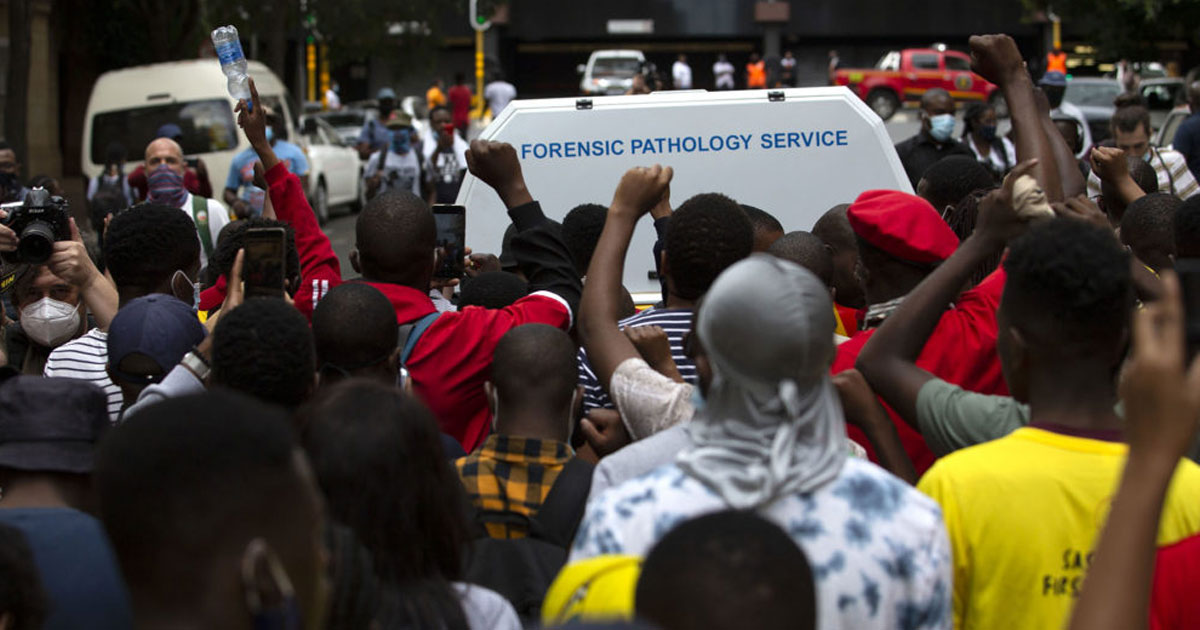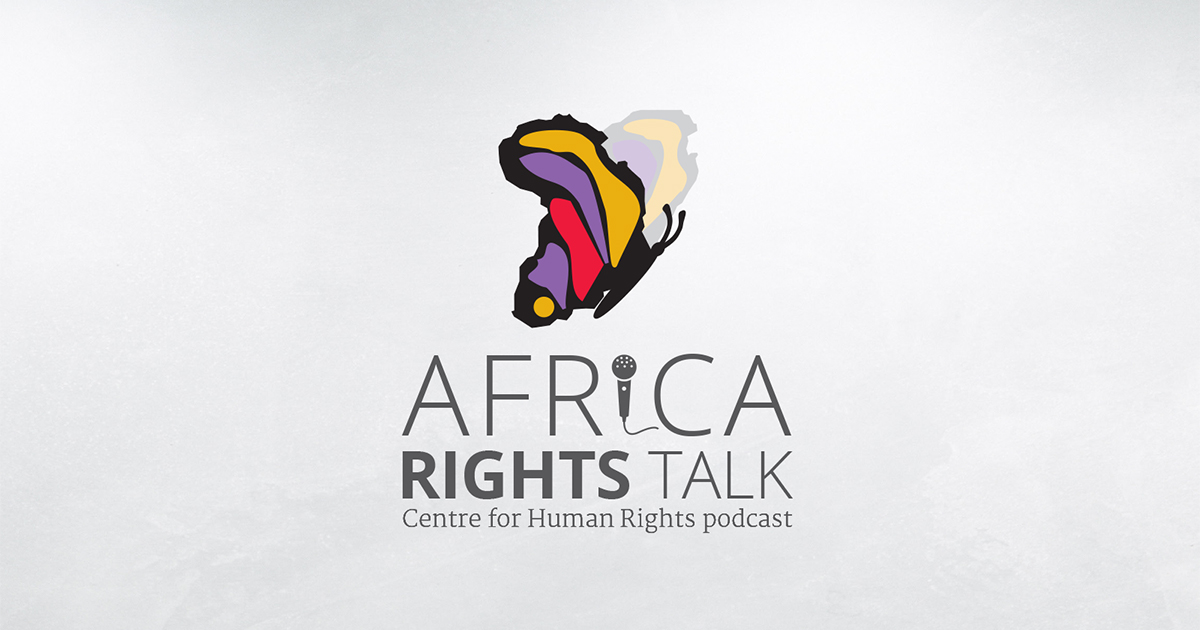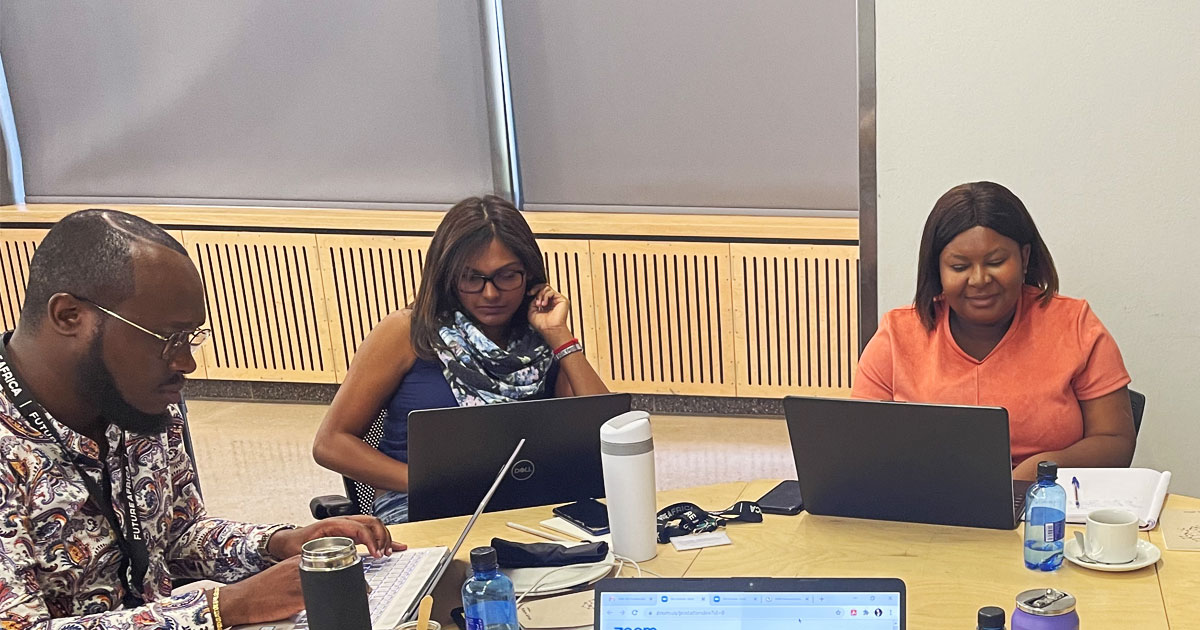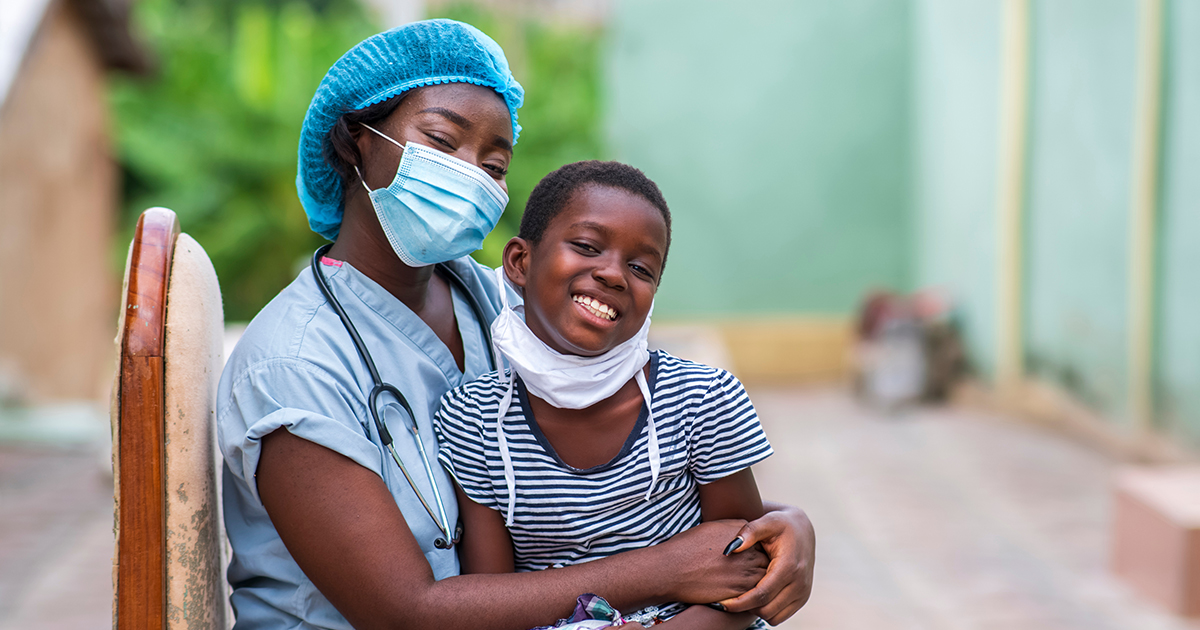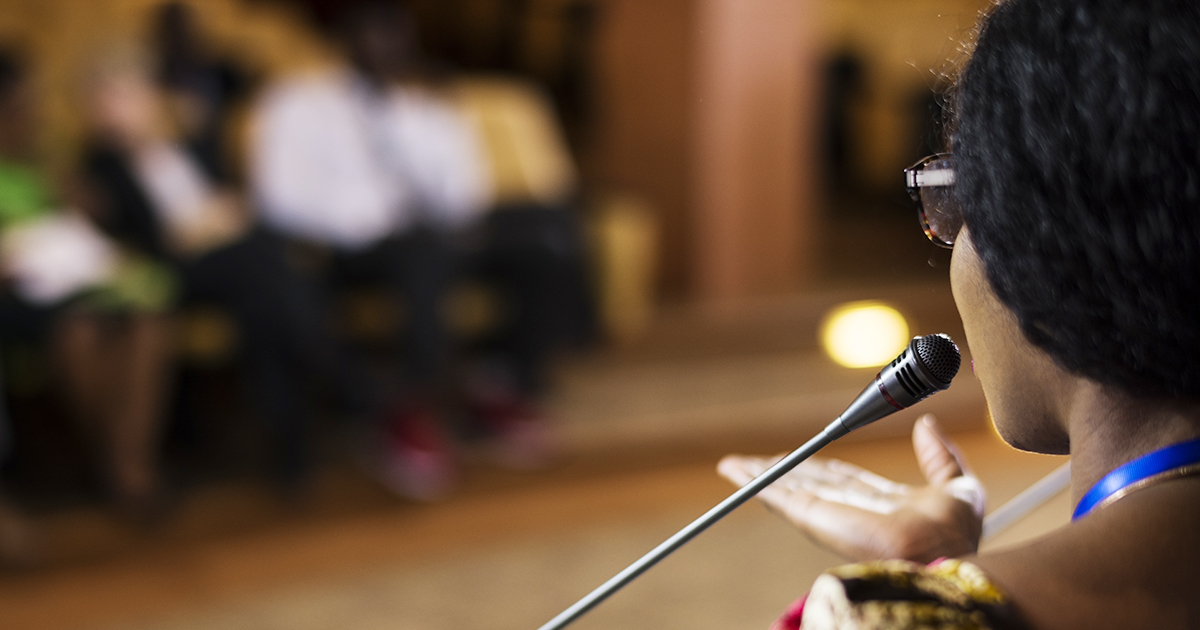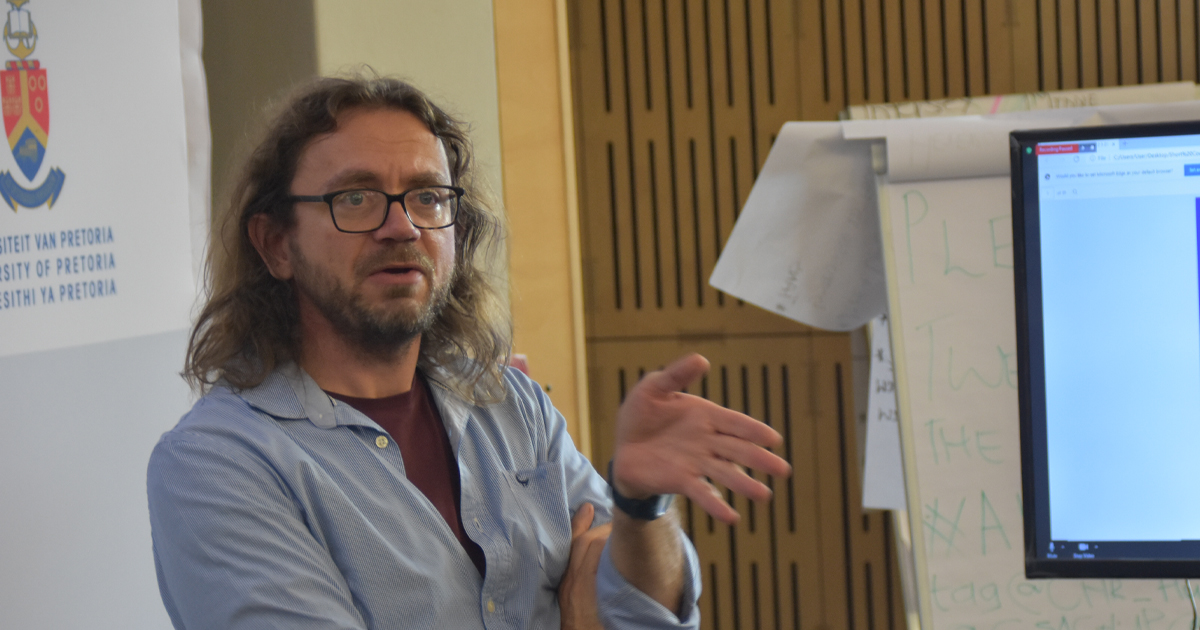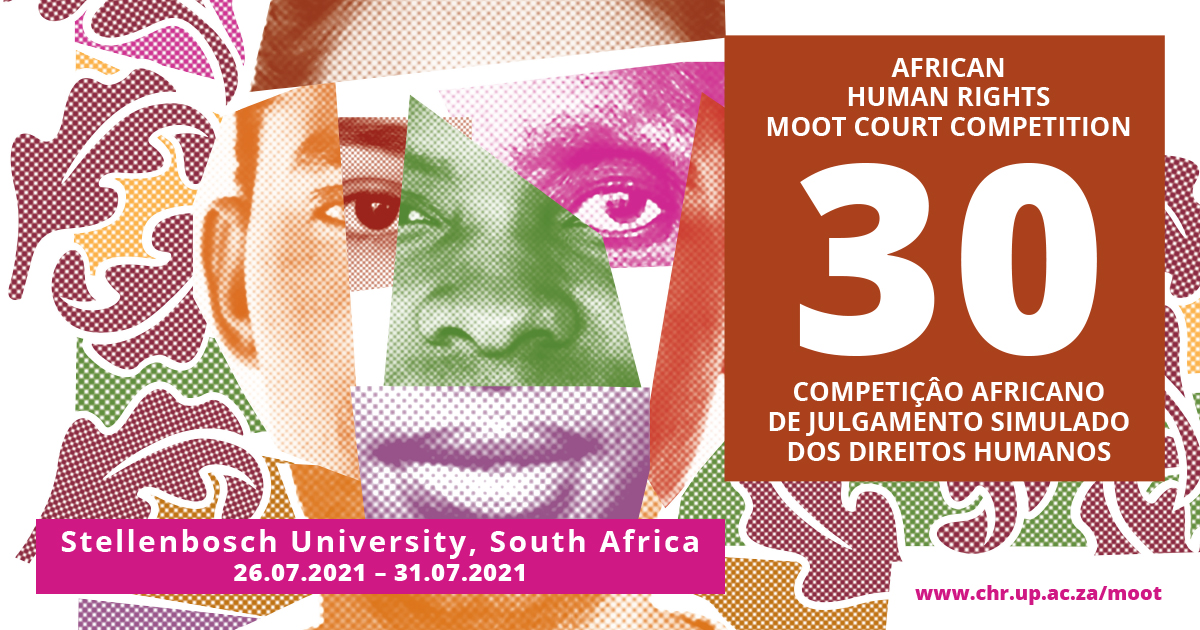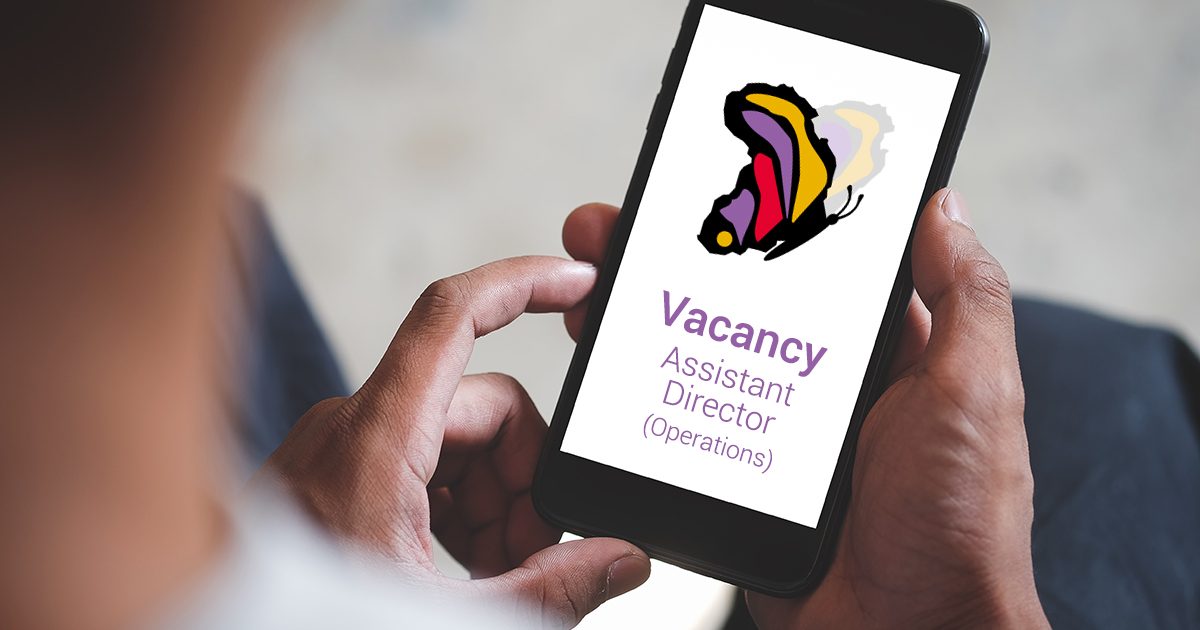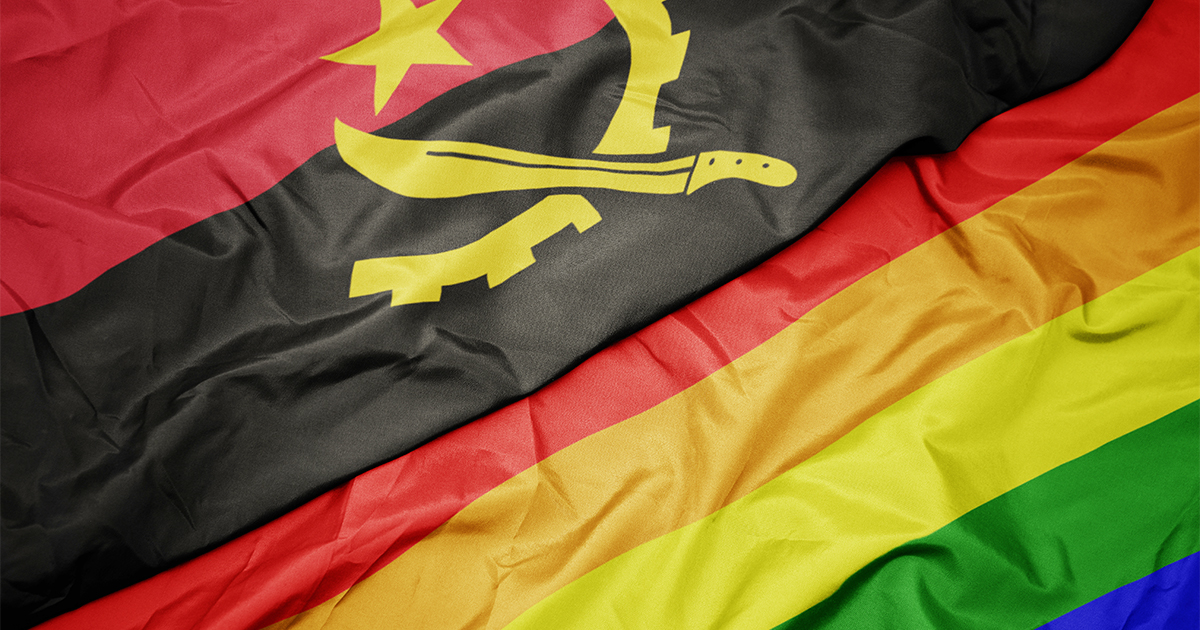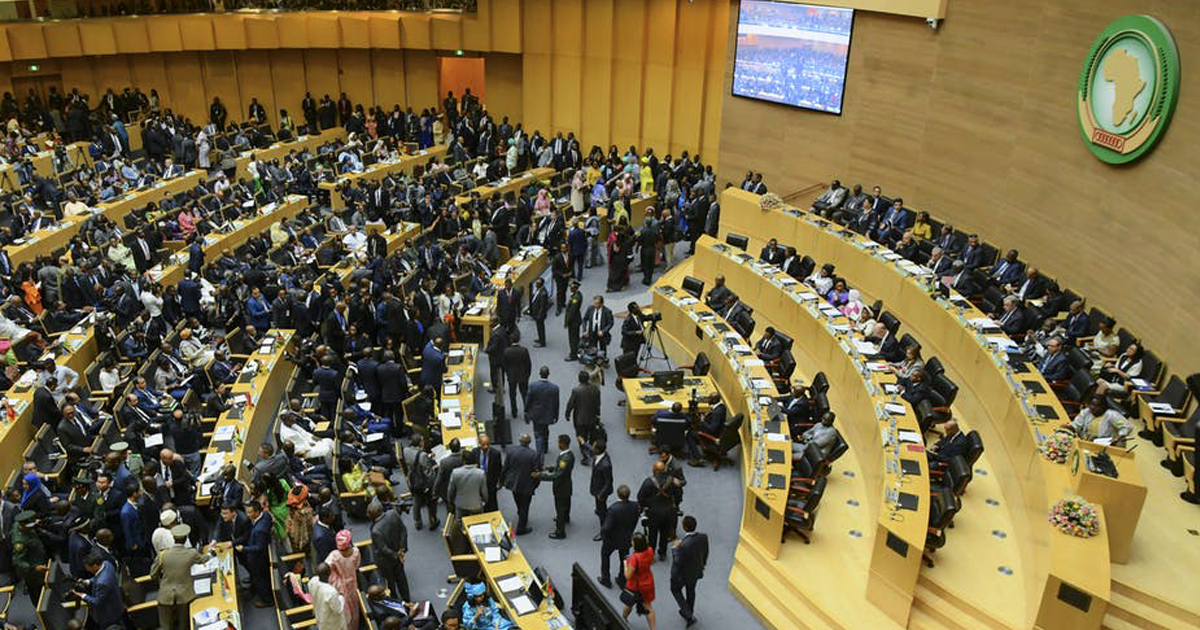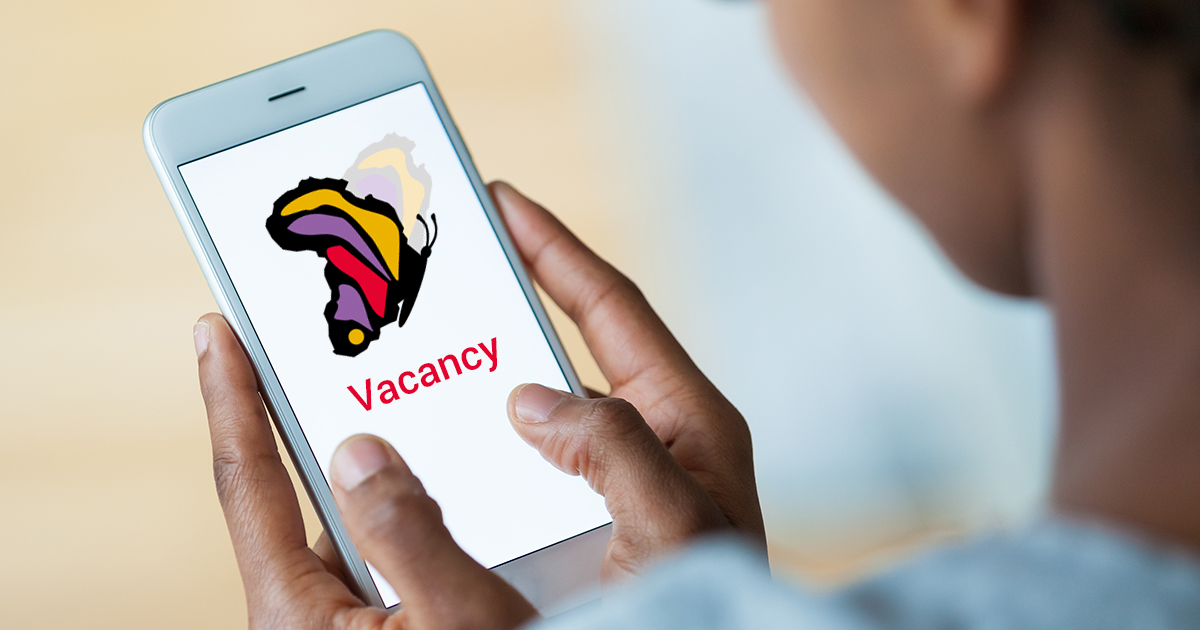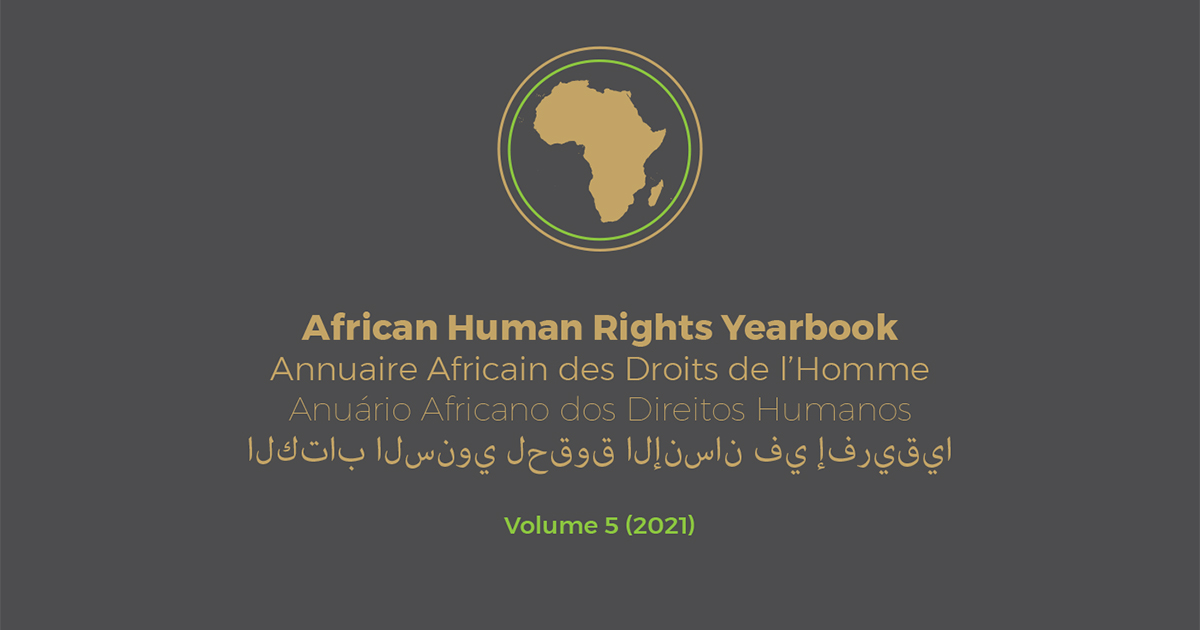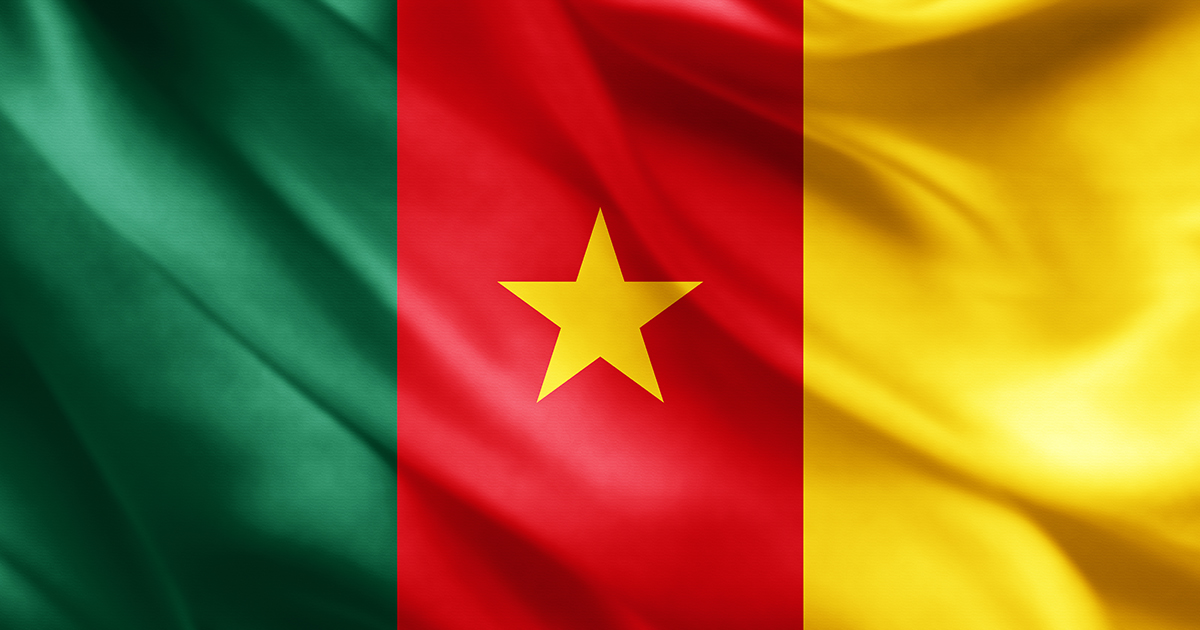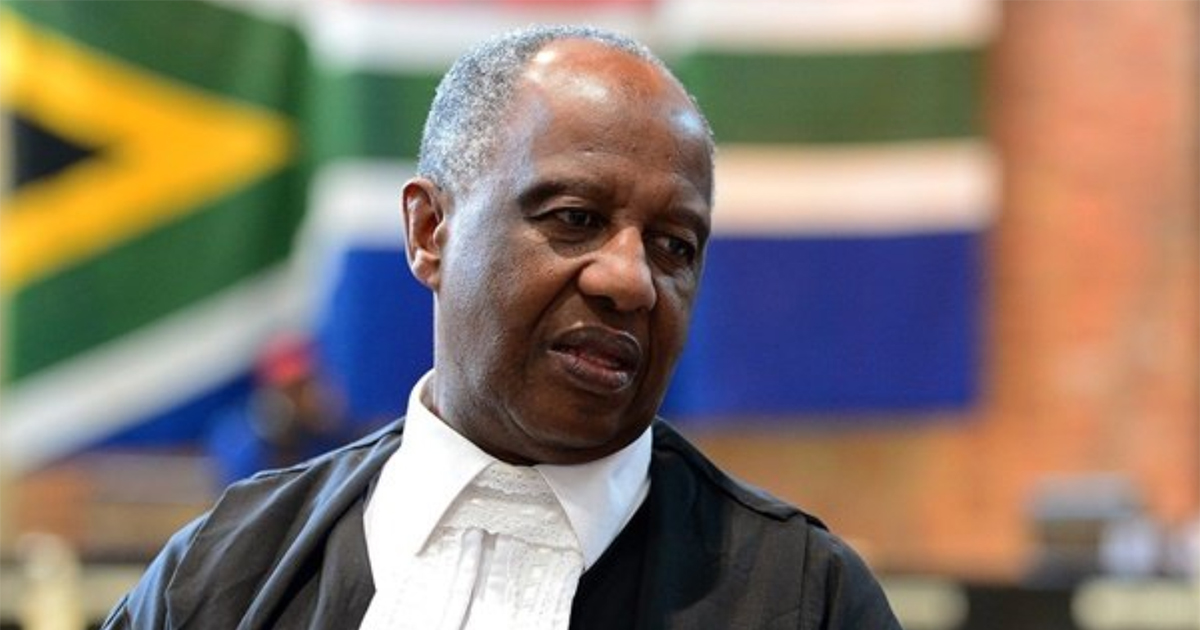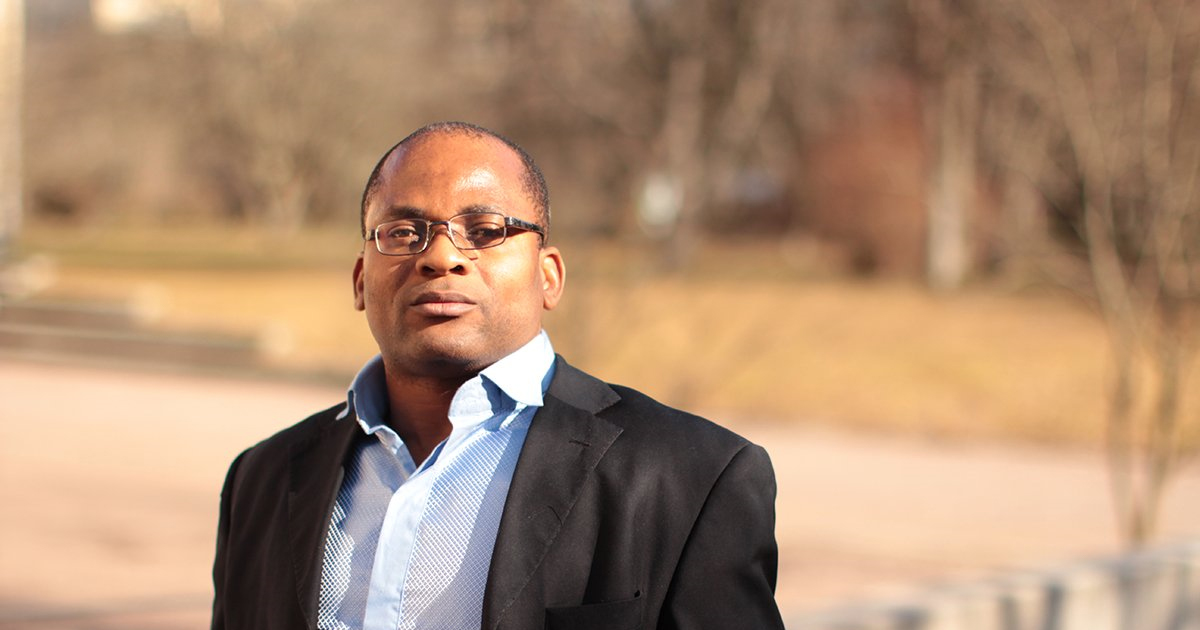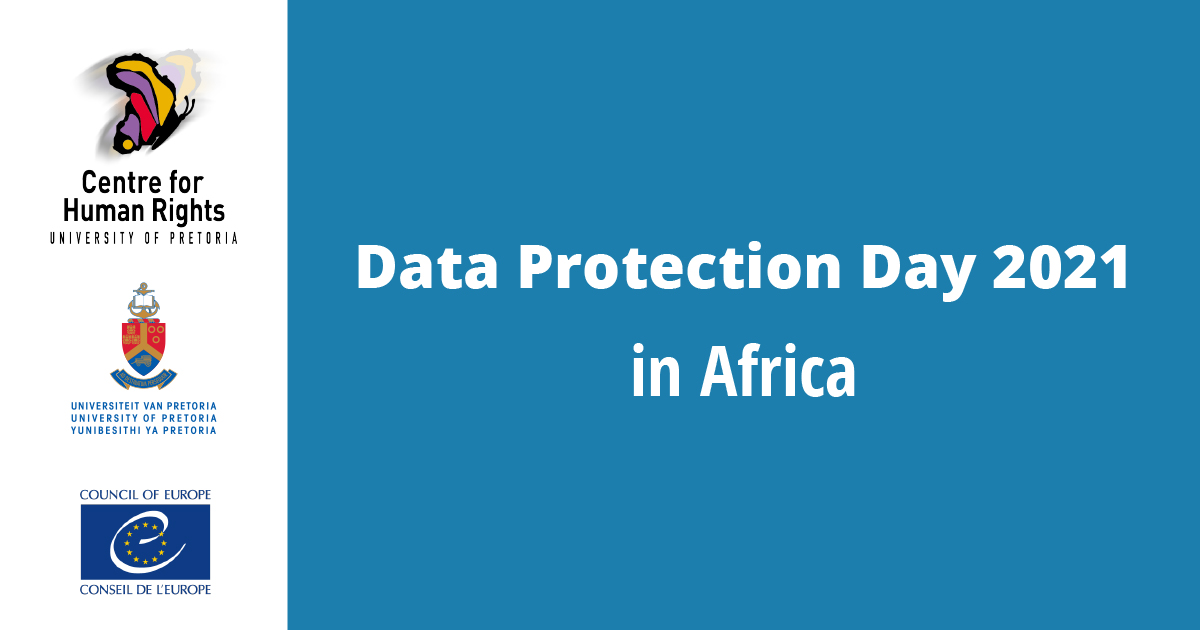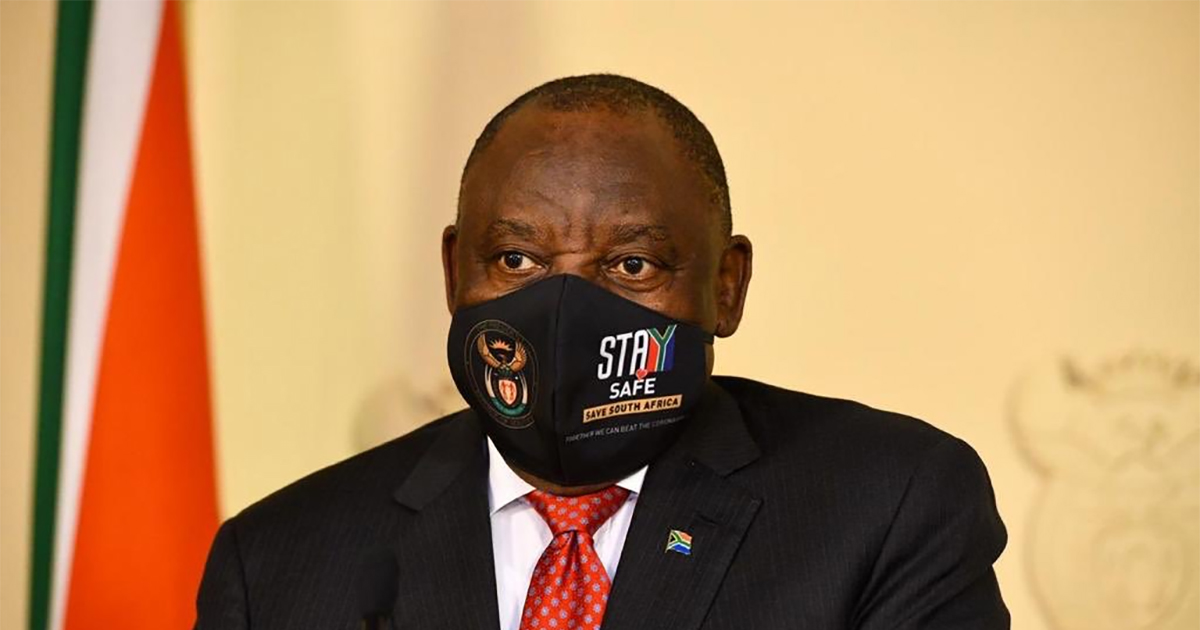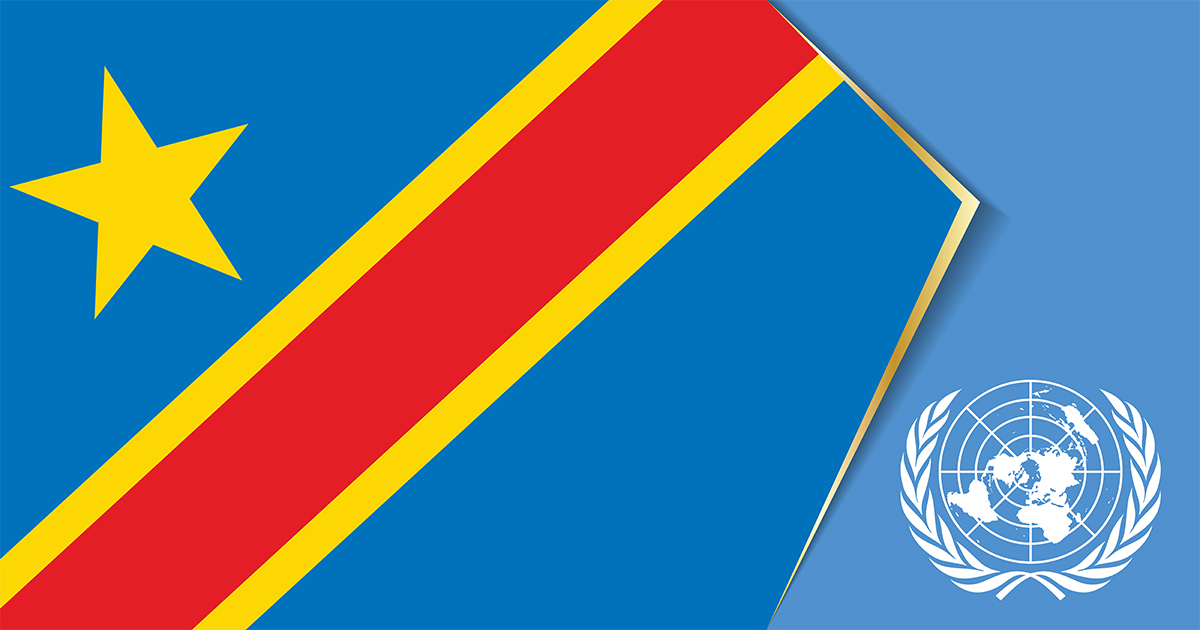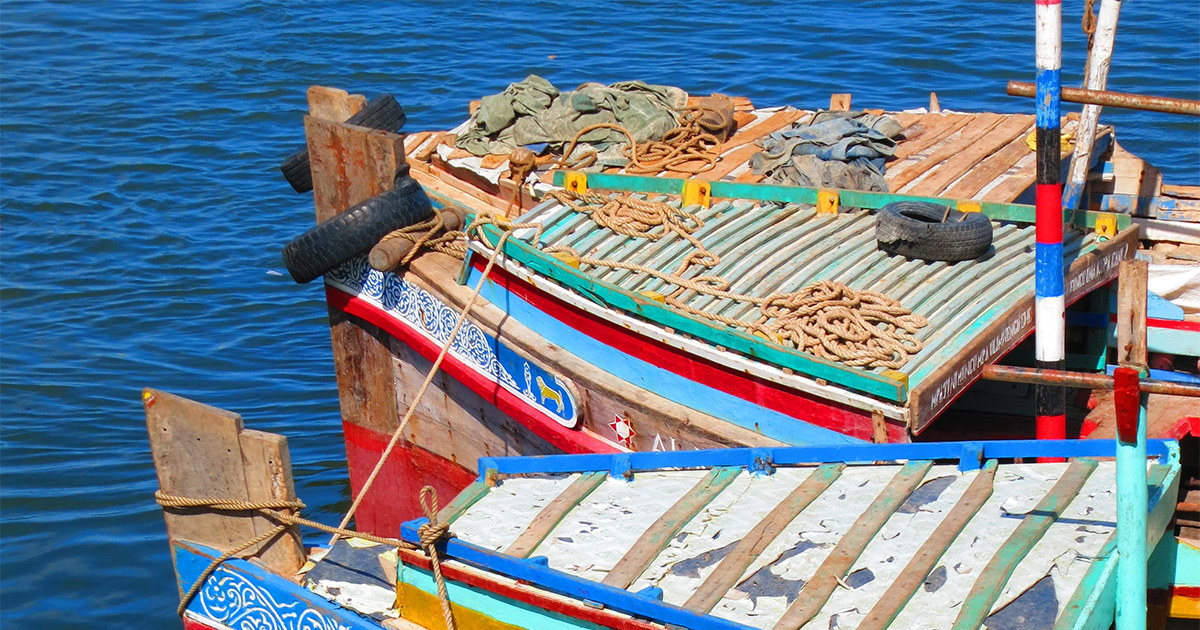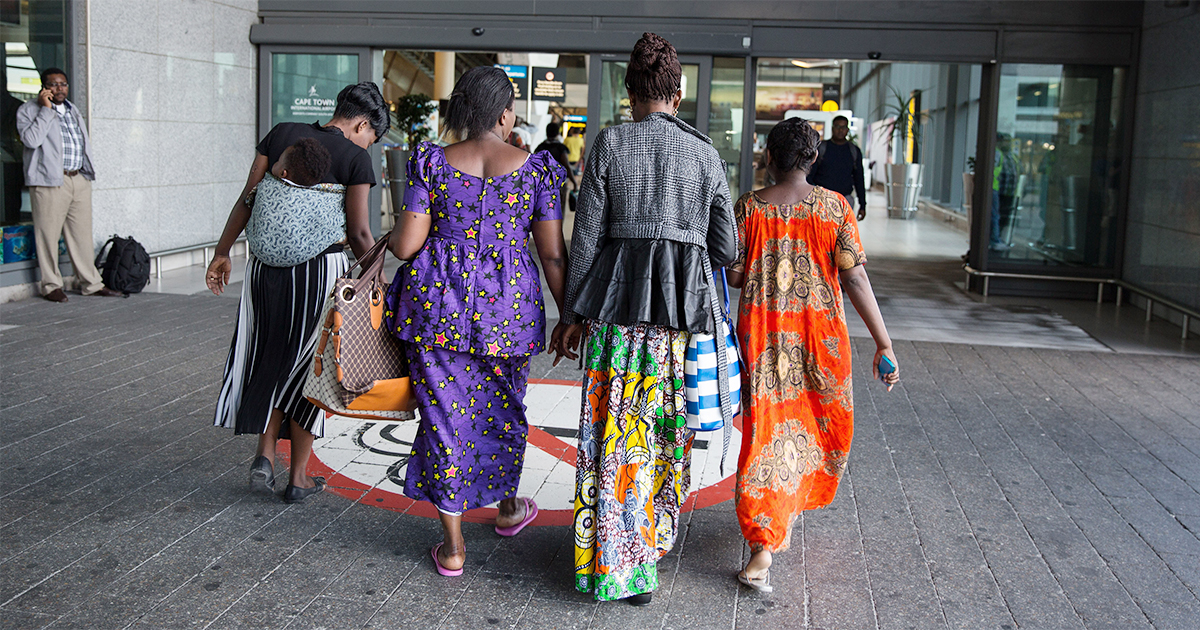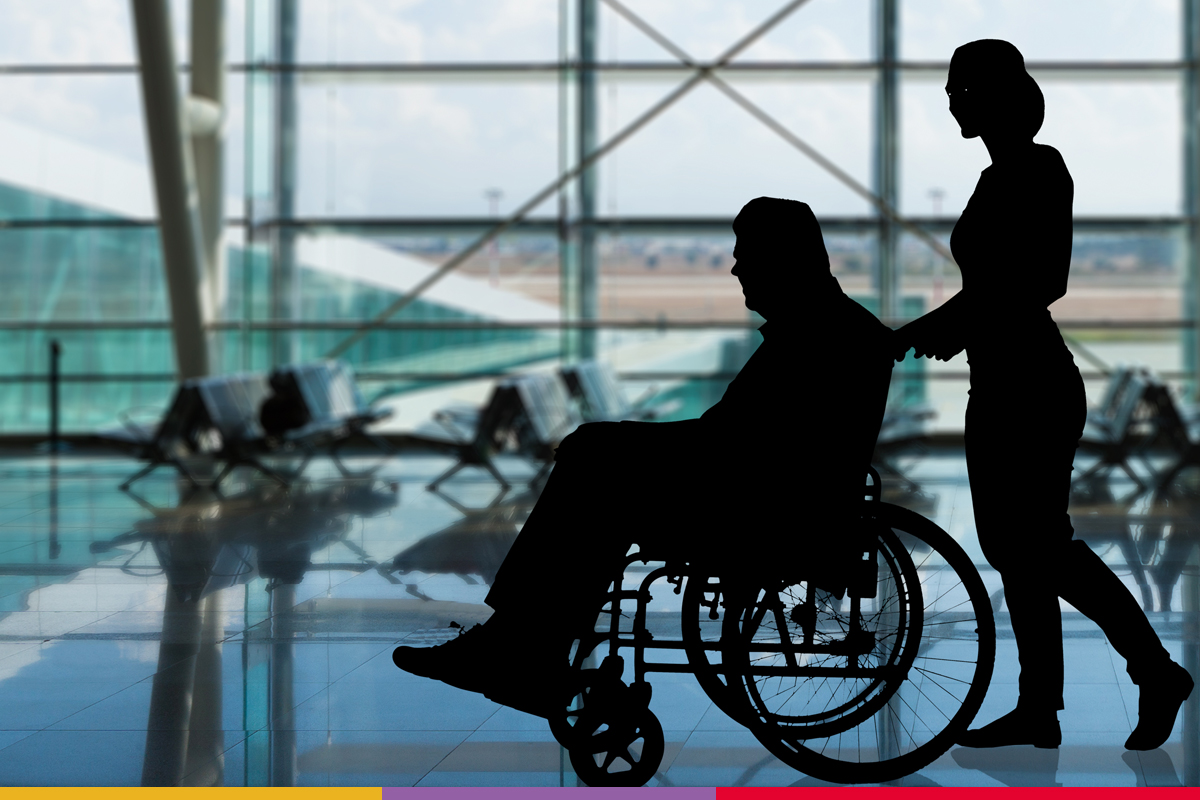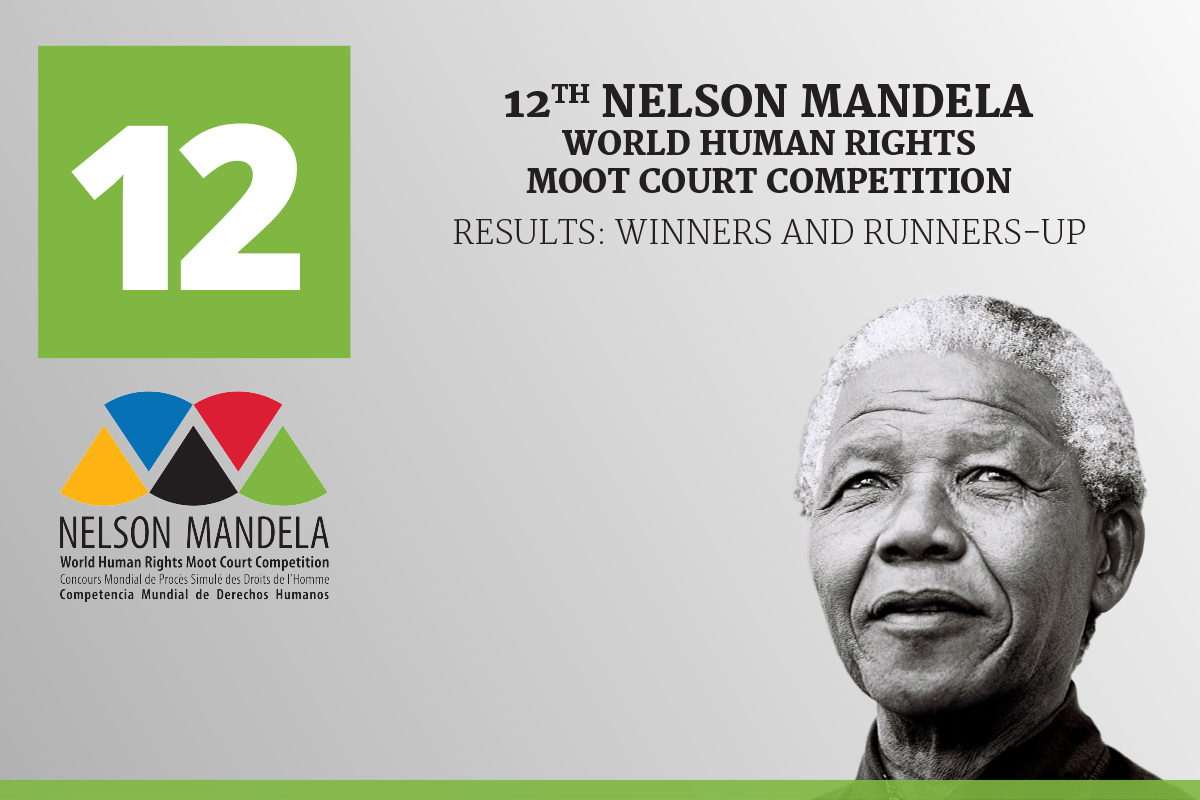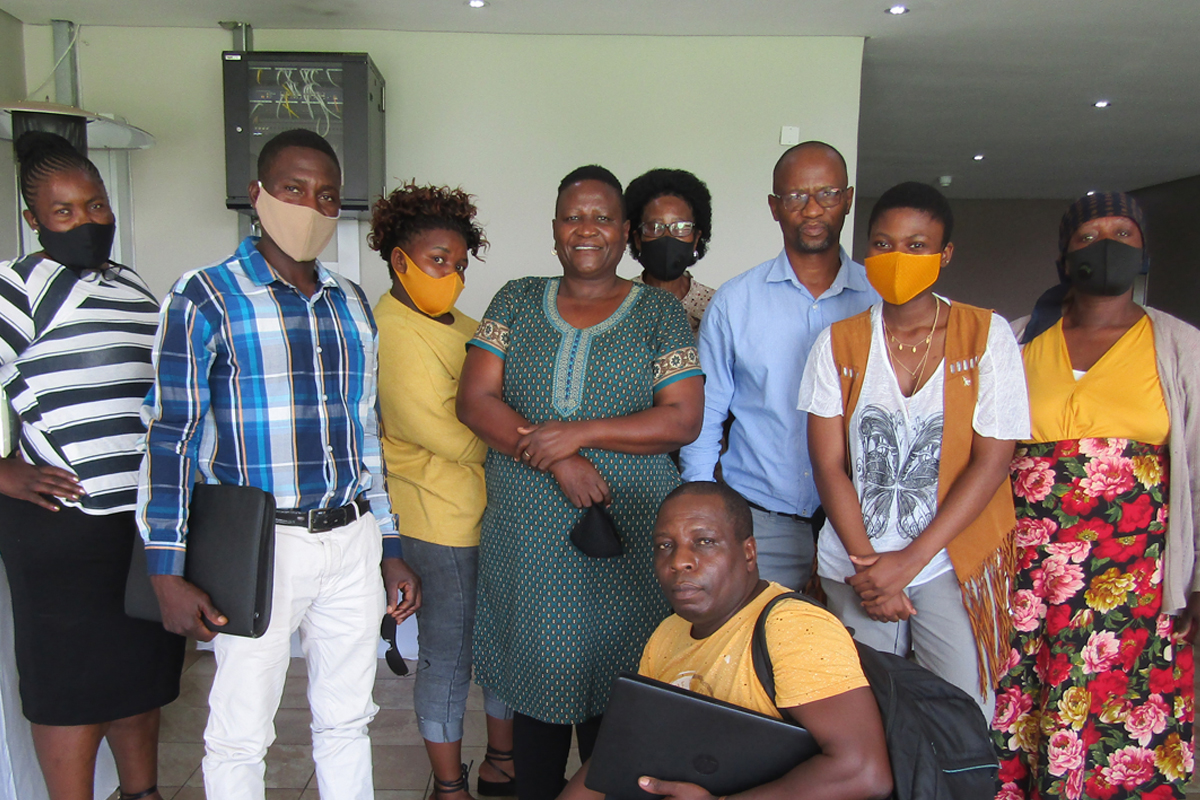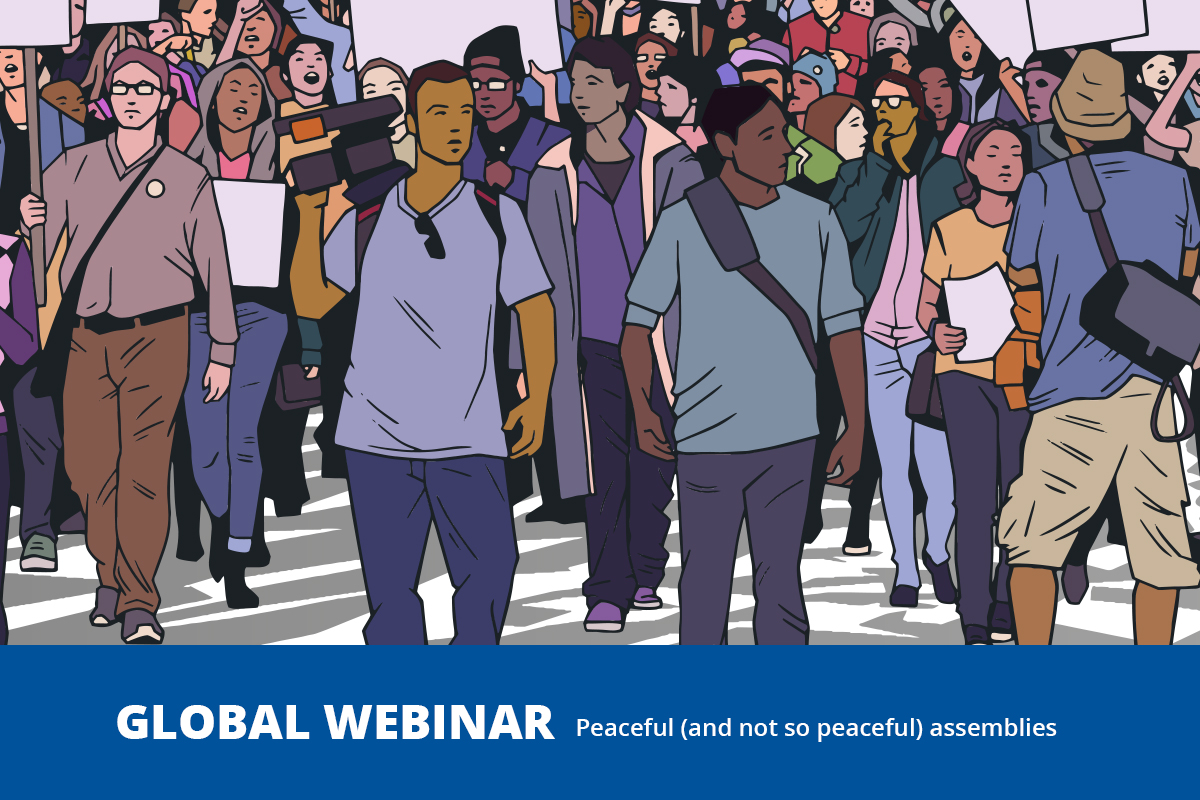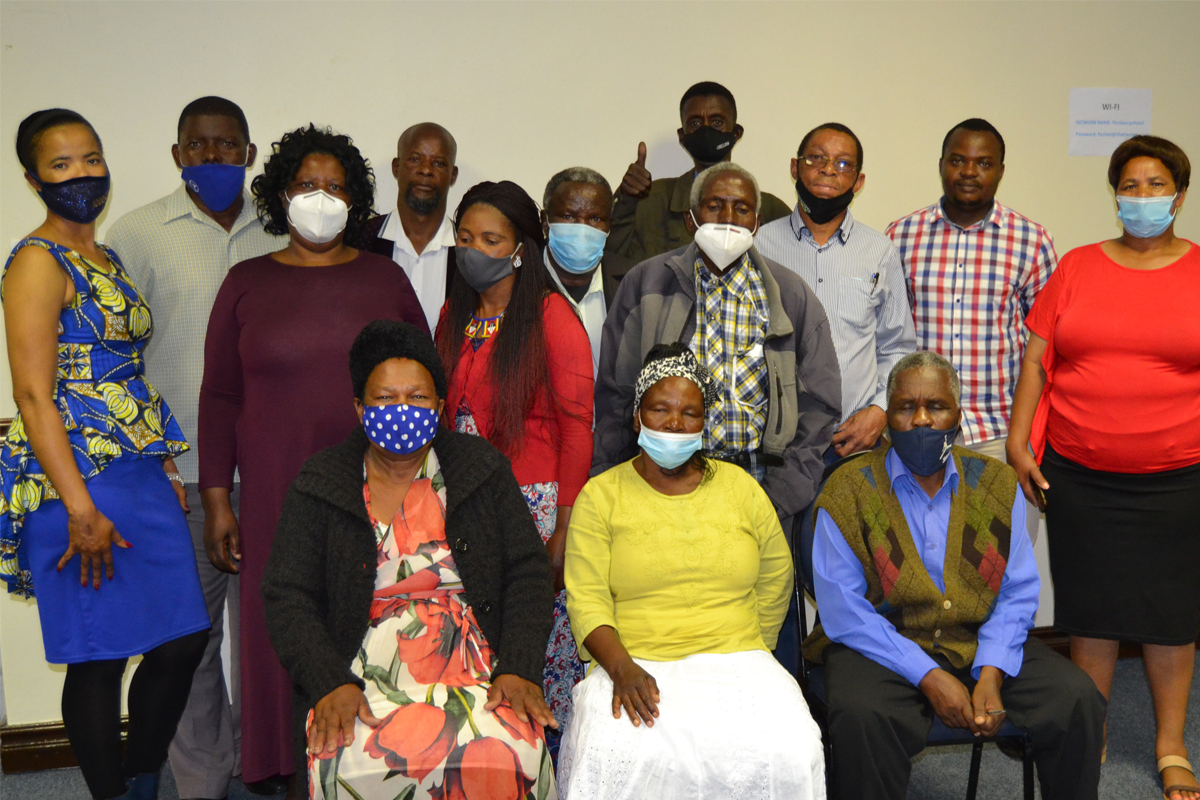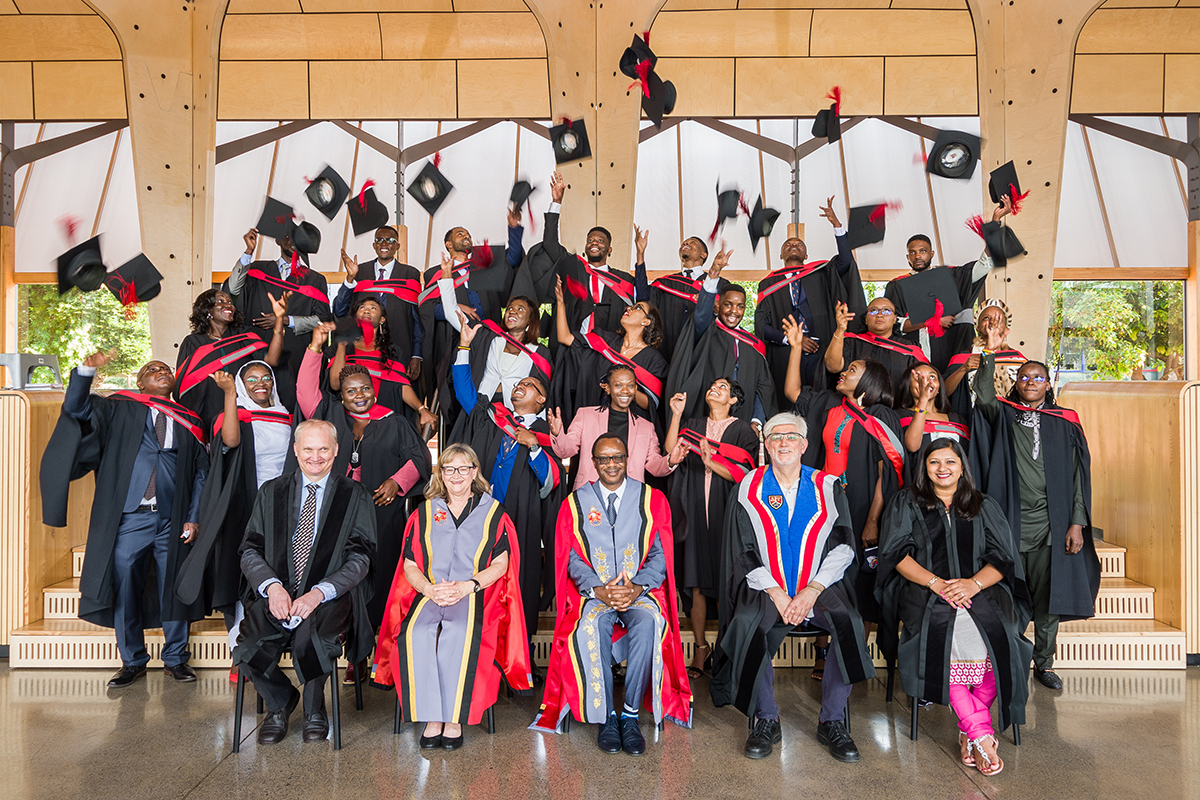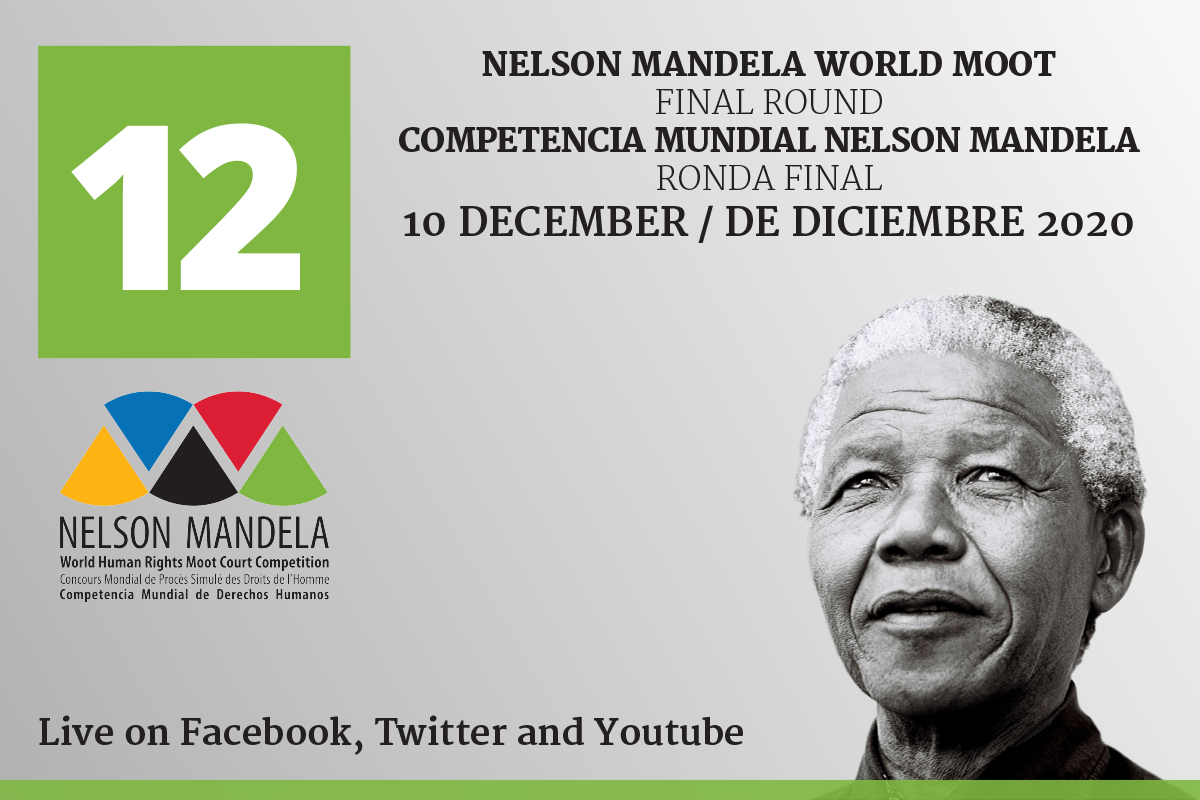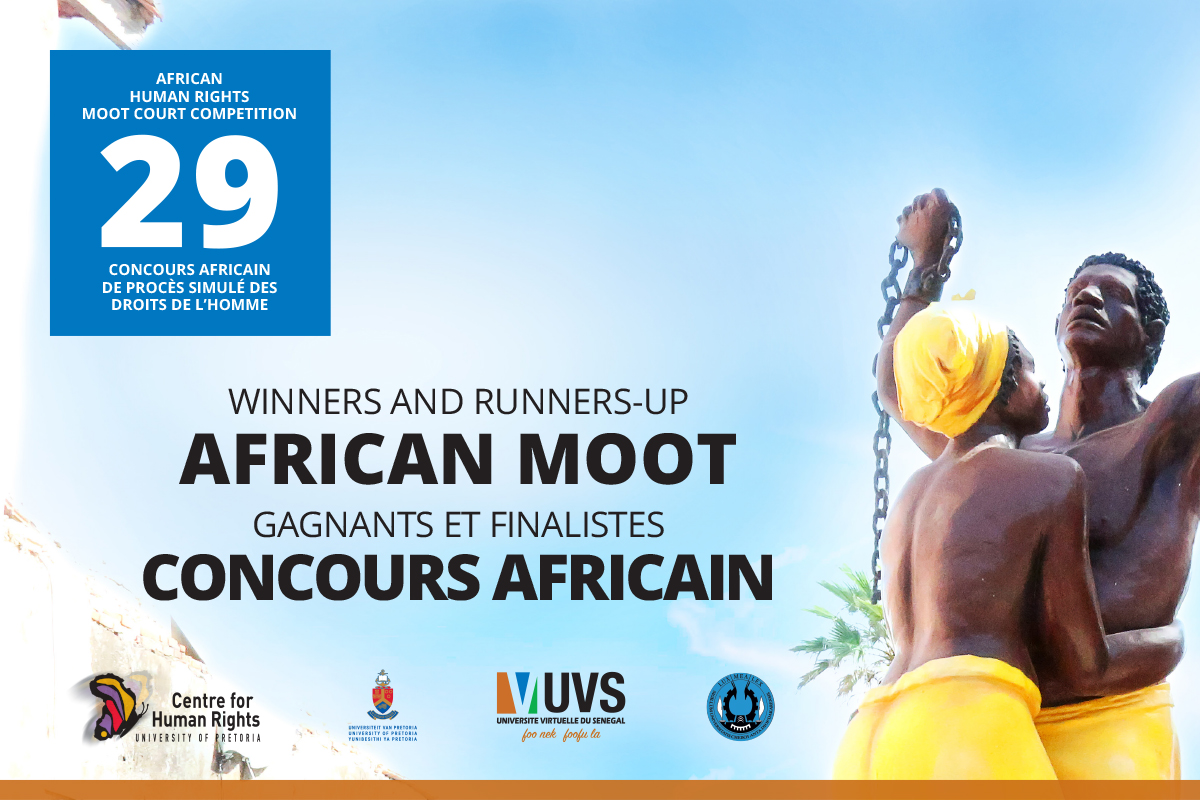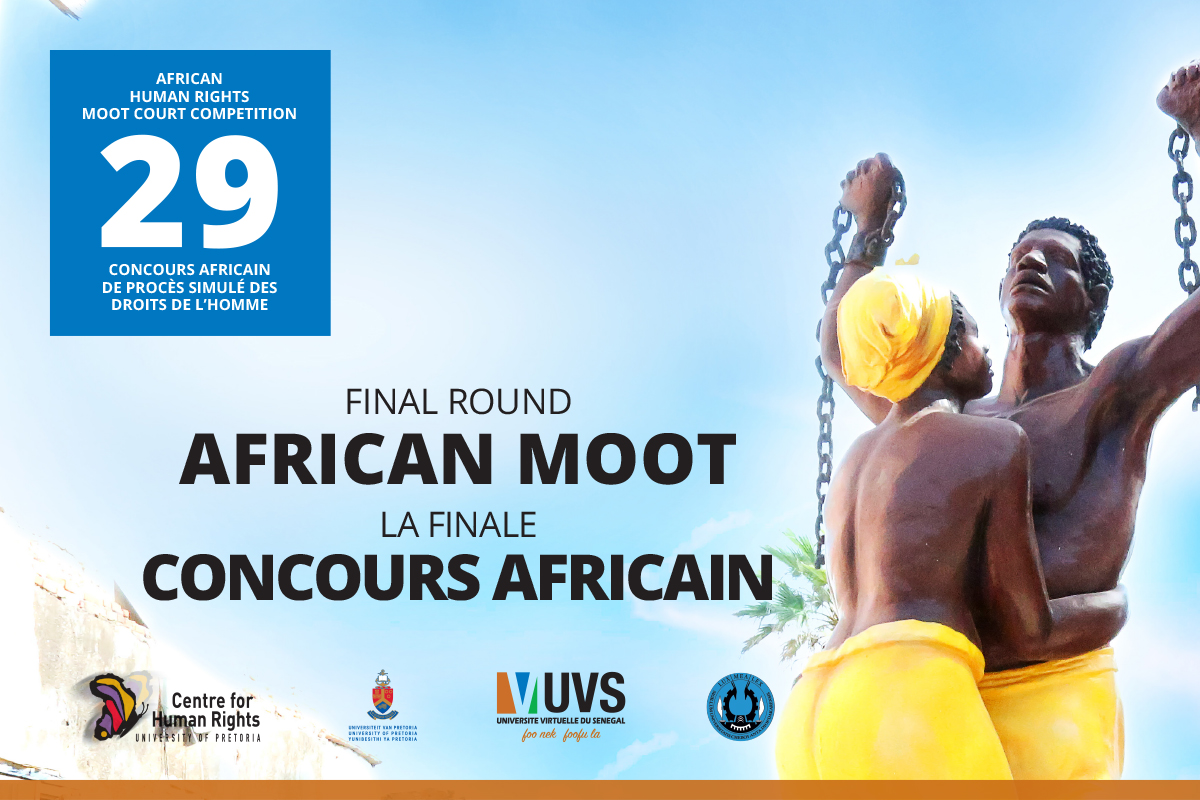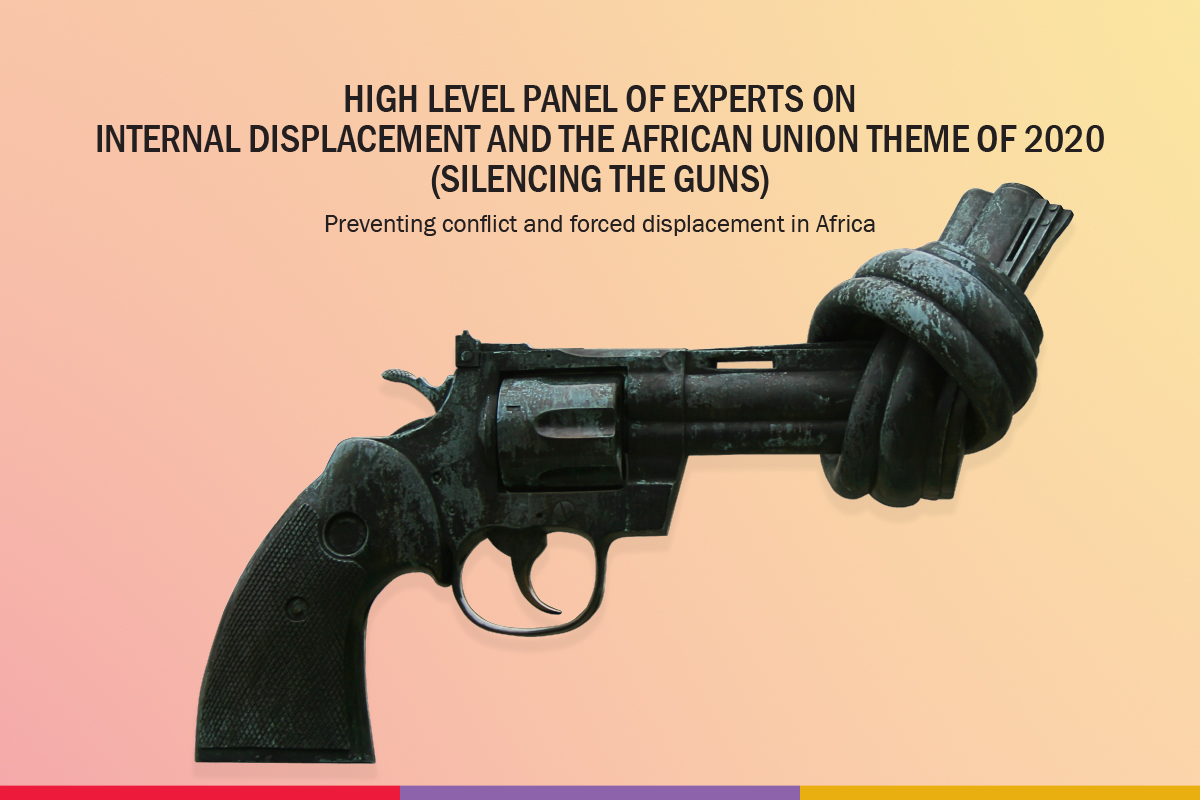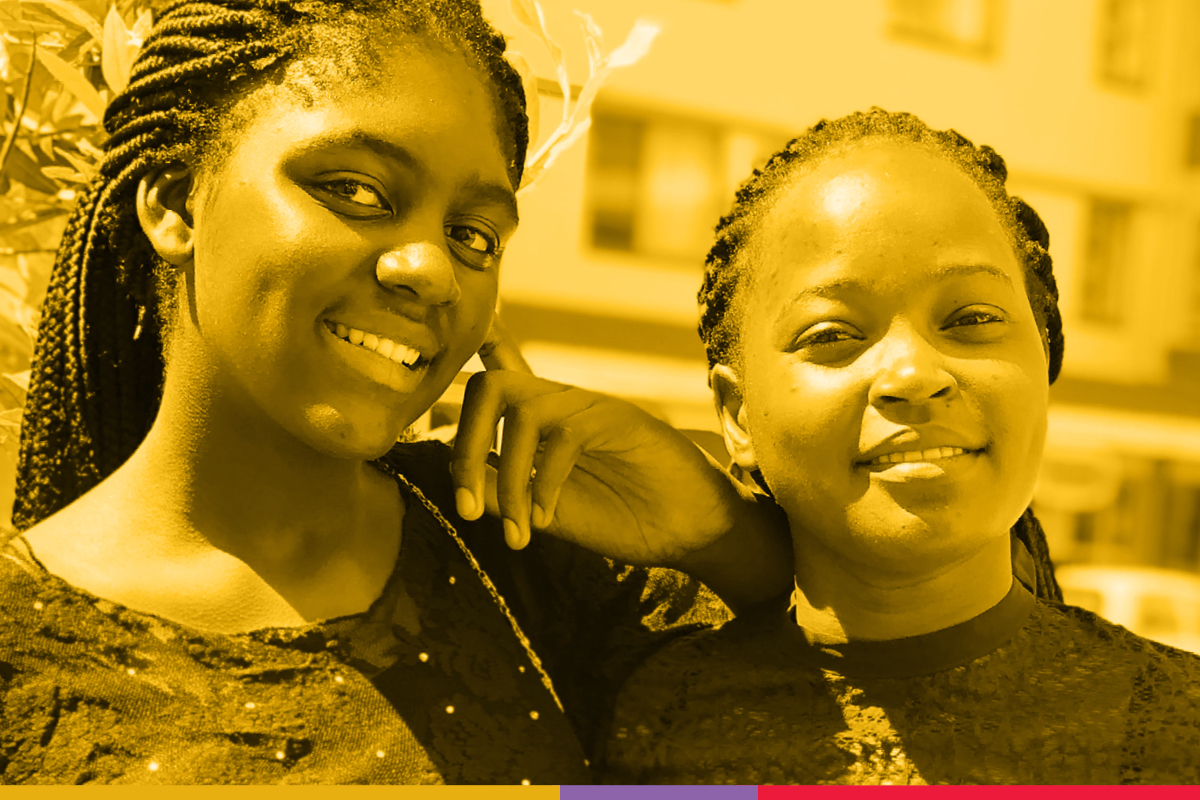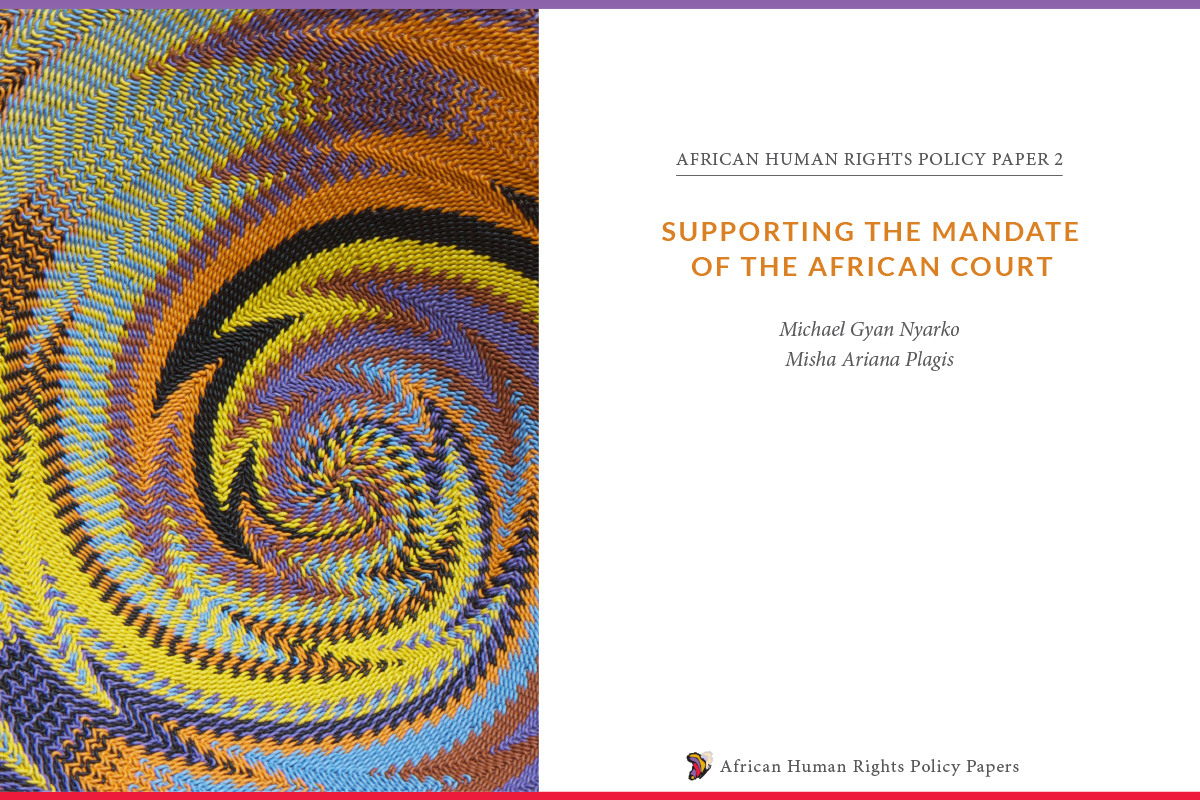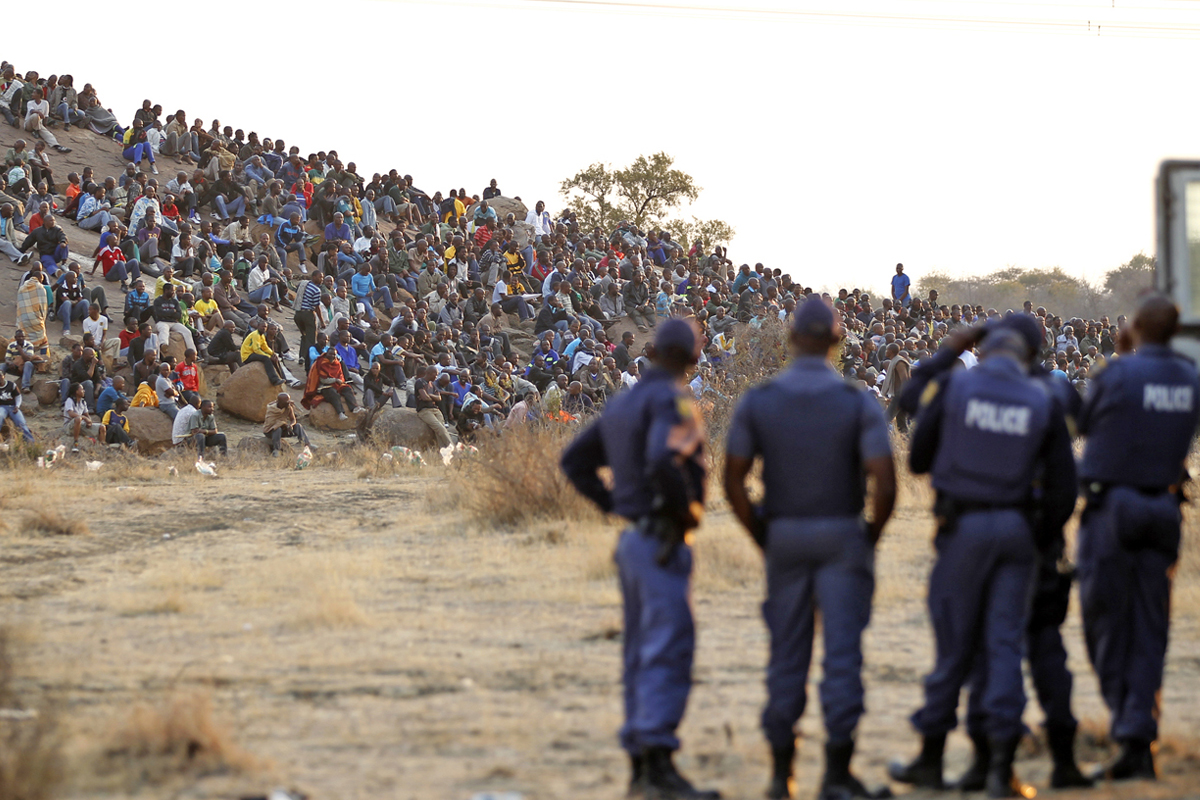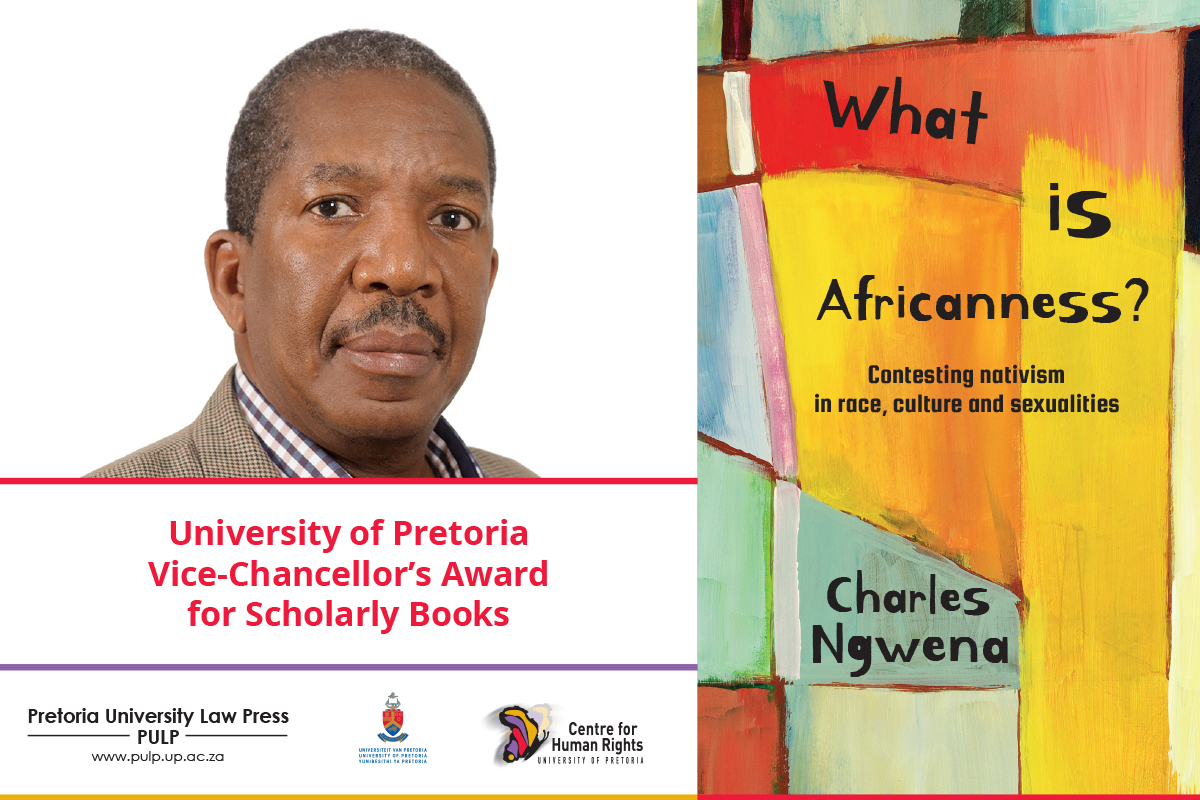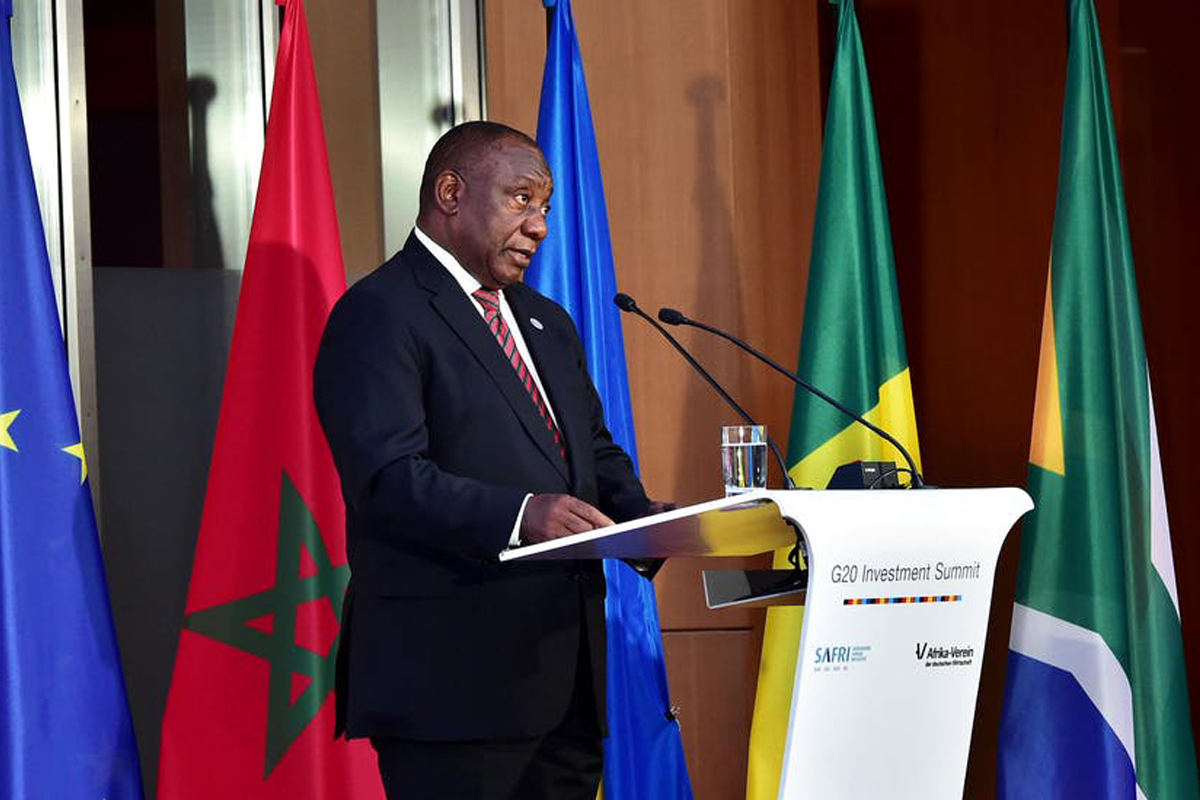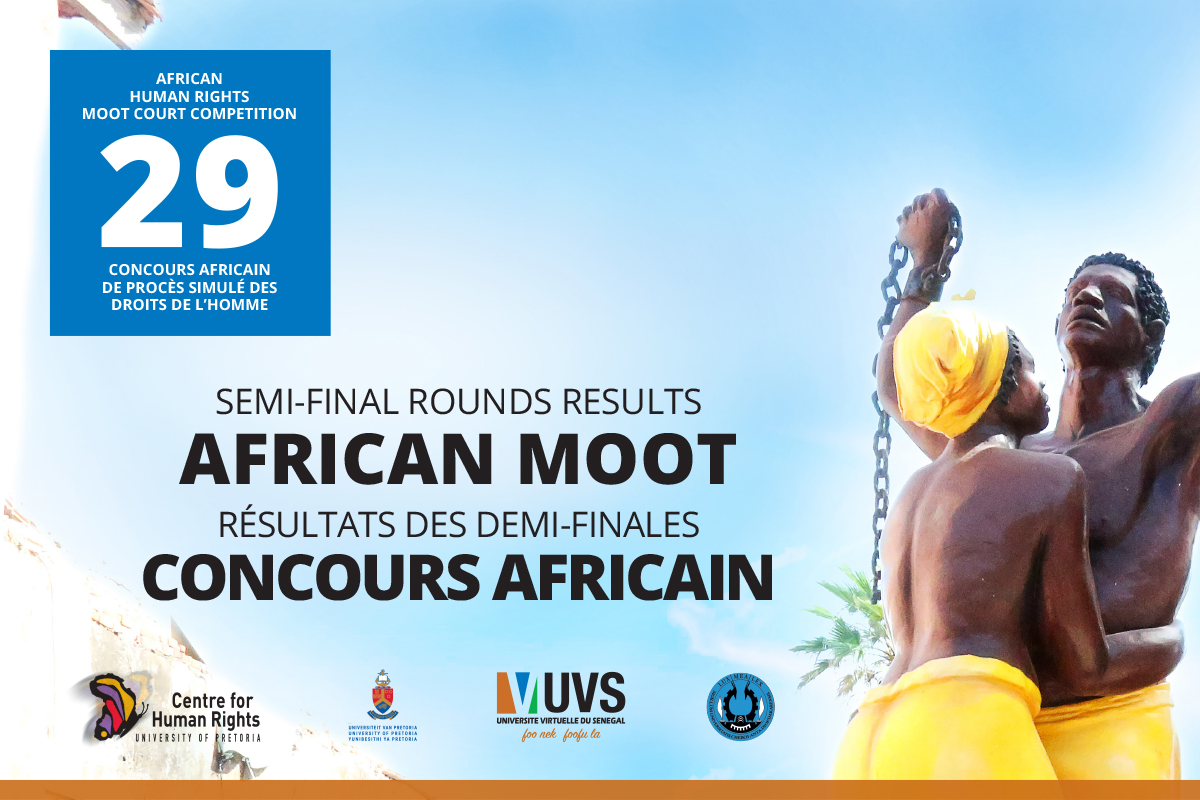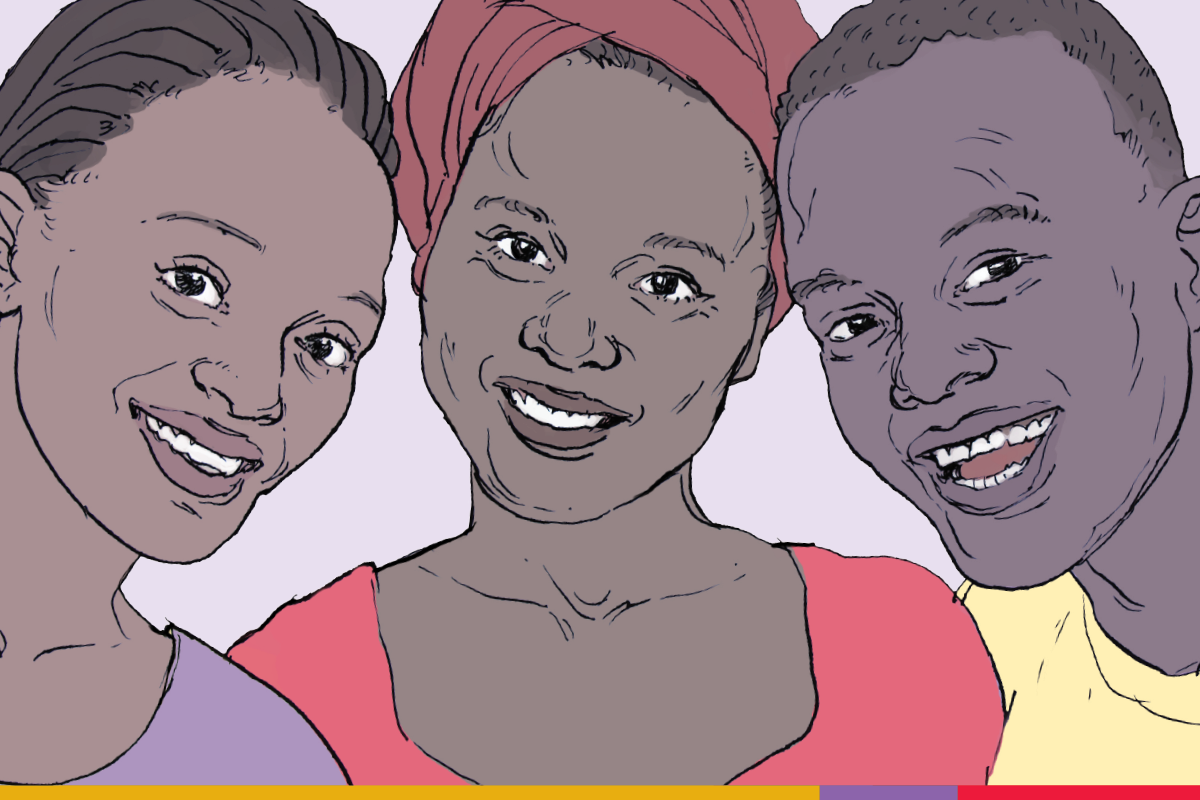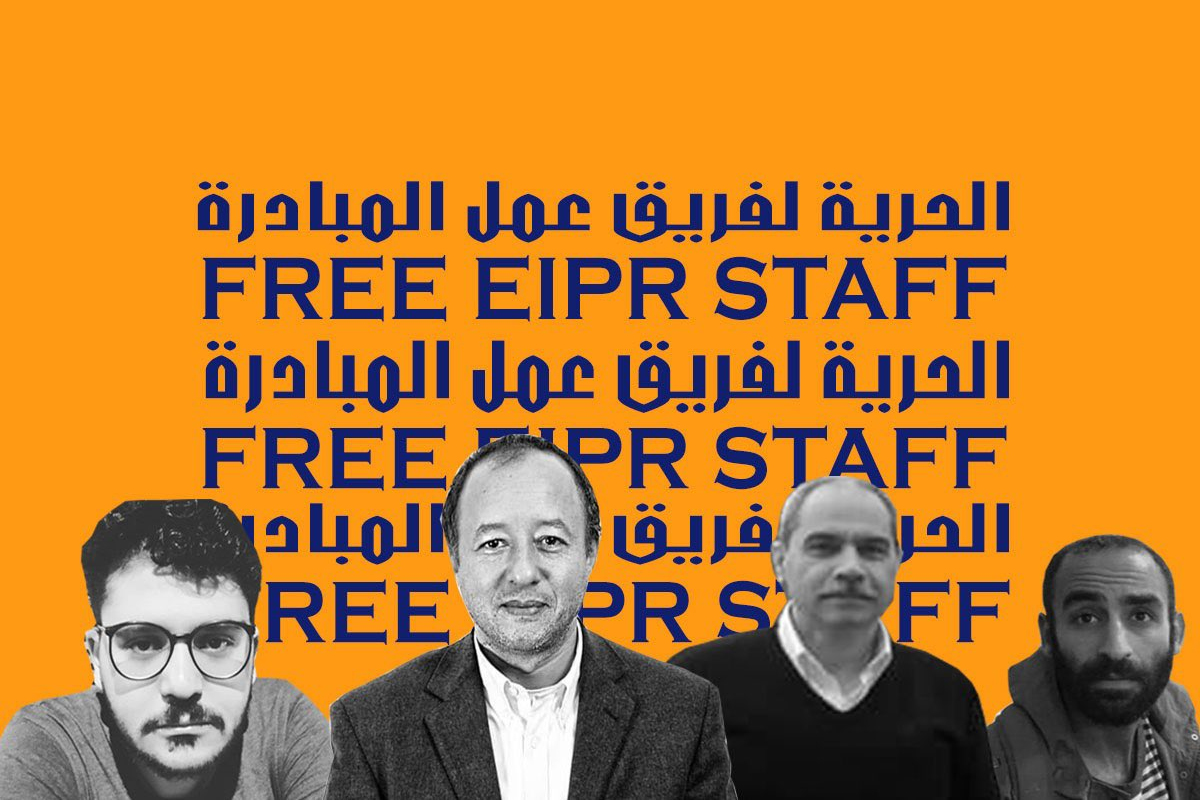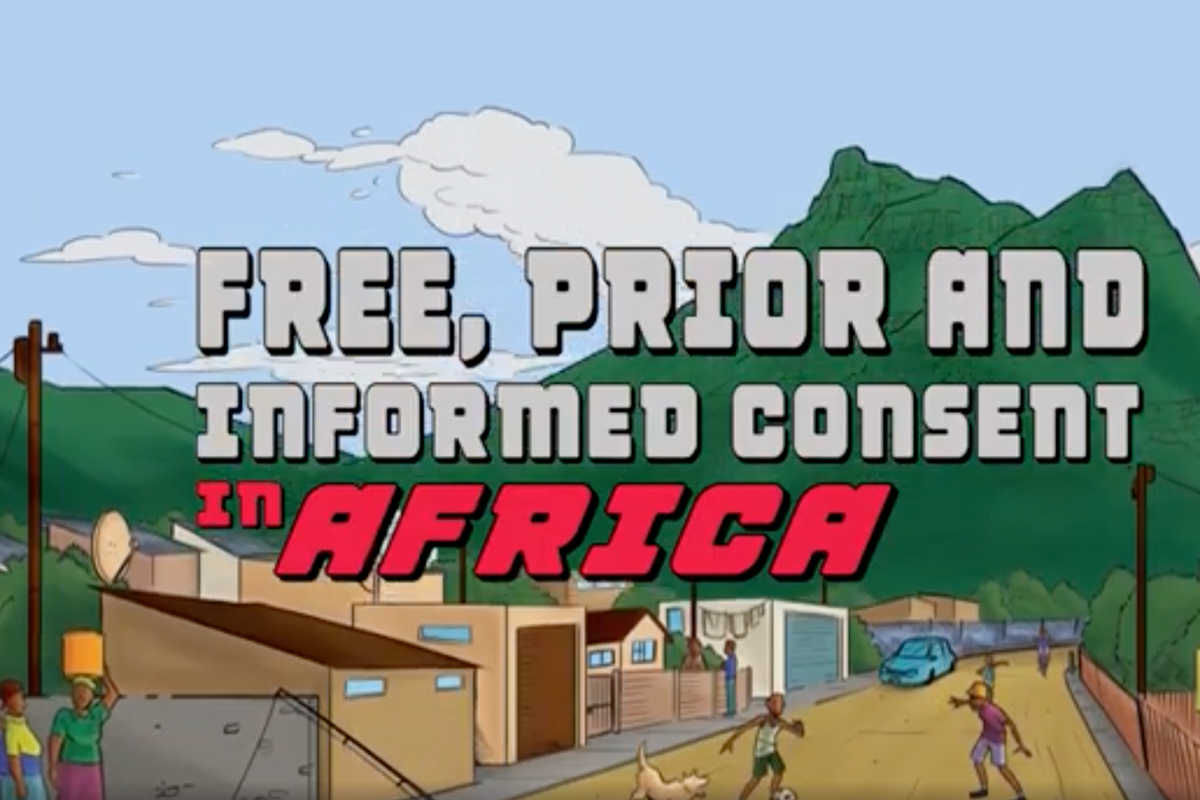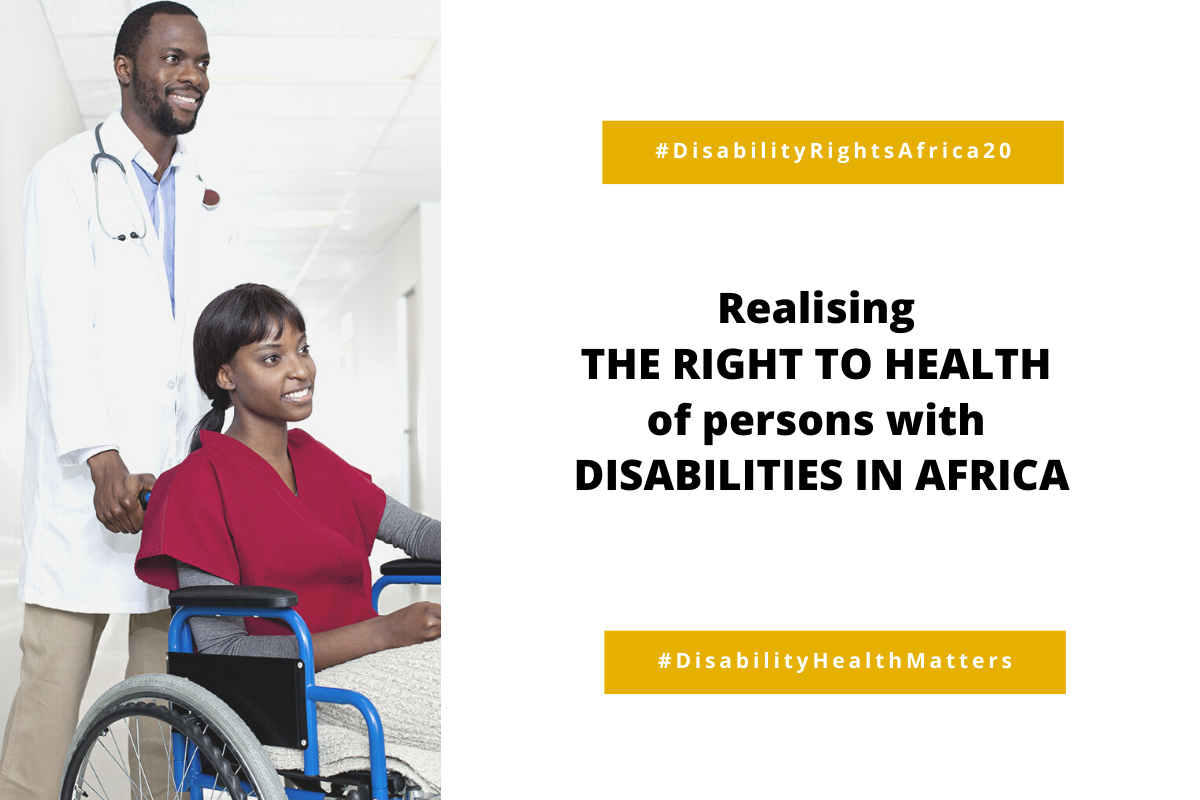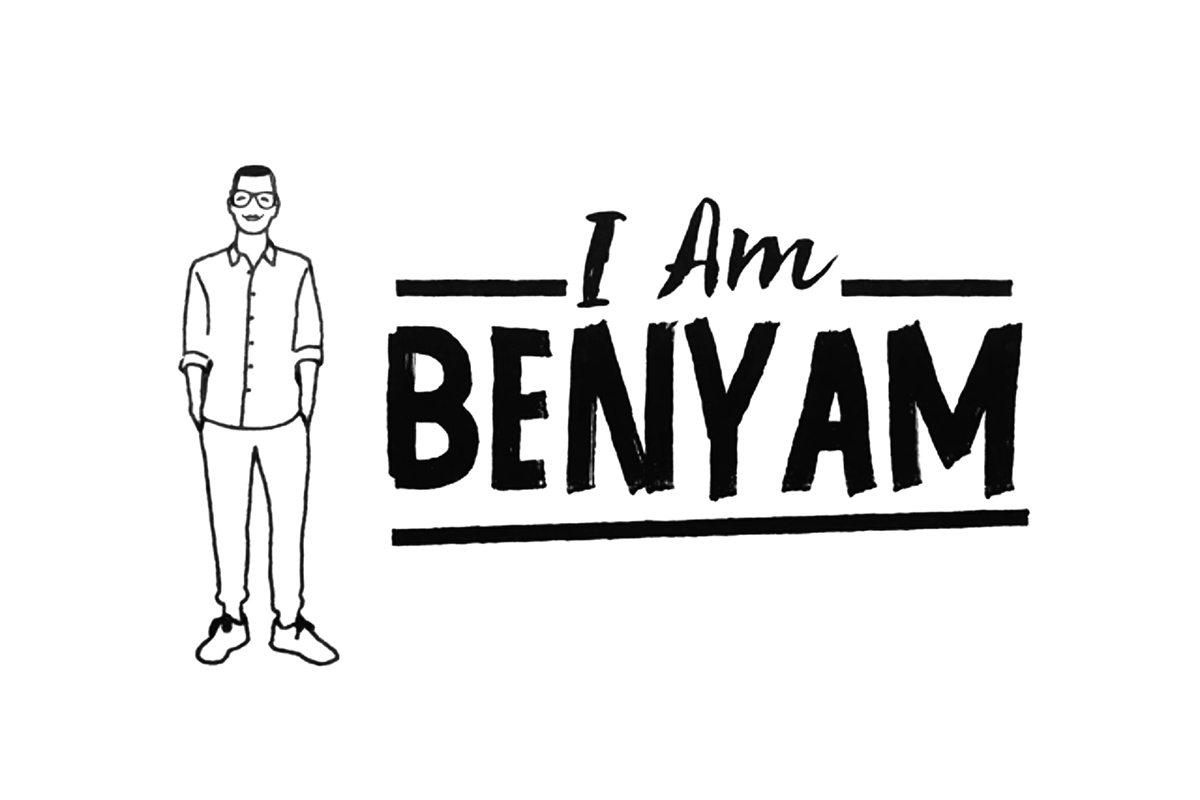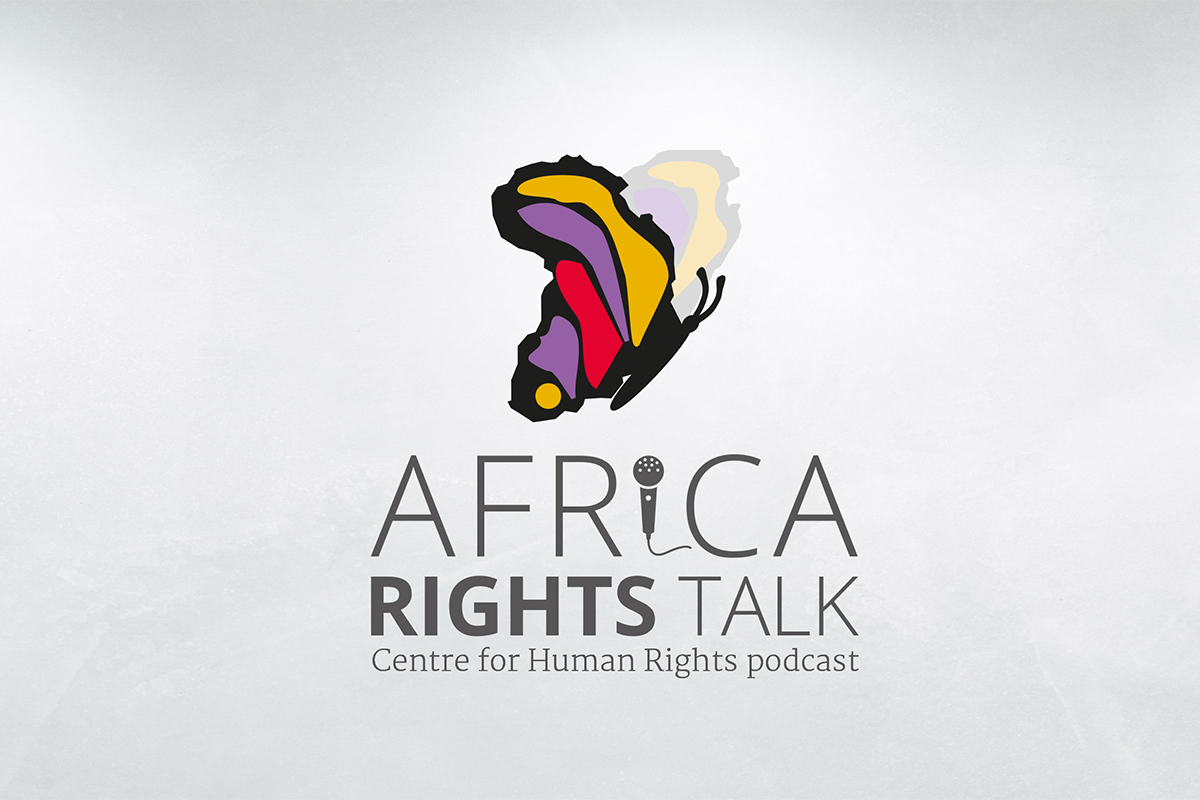- Details
On the occasion of the Annual Conference of the MSA Africa Chapter, the conveners (of the conference invite submission for papers that discuss African memory discourses, context and practices that highlight African perspectives on memory studies as a scholarly field.
- Details
Climate change has been identified by United Nations’ agencies and experts as one of the biggest threats to children’s health. Globally, children are being detrimentally affected by climate shocks (e.g. droughts, floods, cyclones) and related diseases, polluted air, soil and water, exposure to toxic substances. Despite contributing the least to the causes of climate change, children are the worst affected by it, right now and in the future.
- Details
The Committee on Economic, Social and Cultural Rights is developing a general comment on Land and Economic, Social and Cultural Rights. The purpose of this general comment is to clarify the specific obligations of States parties relating to land and the governance of tenure of land under the International Covenant on Economic, Social and Cultural Rights.
- Details
The Trans Protocol is a guideline to strengthen and support the Anti-Discrimination Policy of the University of Pretoria (UP). It is directed towards the eradication of discrimination against transgender (trans), intersex, gender non-conforming and non-binary members of the student and staff body, and towards building a positive and affirming environment. It has been presented to the University’s Institutional Transformation Committee (ITC) for consideration as an approach to supporting trans, intersex, gender non-conforming and non-binary students and staff in the places where they live, study or work. It suggests specific steps to engage with places of residence, study and work to build support for students and staff.
- Details
The Centre for Human Rights, University of Pretoria wishes to commemorate the 30th anniversary of the World Press Freedom Day today, 3 May 2021. The celebrations for the World Press Freedom Day began in 1991 at the United Nations Educational, Scientific and Cultural Organisation’s (UNESCO) Conference where the landmark Windhoek Declaration was adopted. The Declaration which focused on print media considered various issues on freedom of expression, access to information and the public service role of journalism.
- Details
The Vice-Chancellor and Principal of the University of Pretoria, Professor Tawana Kupe, cordially invites you to the first Nobel Prize Dialogue to be held in Africa.
- Details
The Centre for Human Rights, Faculty of Law, University of Pretoria, with the support of the Embassy of the Kingdom of the Netherlands, cordially invites you to apply for its hybrid model (in person and on zoom) Capacity Building Workshop on Strategic Litigation and Advocacy for human rights defenders working on the promotion and protection of the rights of lesbian, gay, bisexual, transgender, intersex, and other non-binary and gender-nonconforming persons in Africa.
- Details
Lesbian Visibility Day aims to celebrate and support lesbian women by increasing the visibility of the lesbian community and raising awareness on the issues experienced by the lesbian community. Since 2008, Lesbian Visibility Day has been celebrated annually on 26 April. It has now grown into a week-long event known as Lesbian Visibility Week and, this year, it is being celebrated from 26 April 2021 to 2 May 2021.
- Details
The Centre for Human Rights, Faculty of Law, University of Pretoria, condemns the recent series of hate crimes against LGBTIQ+ communities in South Africa, specifically the recent series of murders of LGBTIQ+ individuals.
- Details
The Centre for Human Rights (Centre) invites applications for the position of Project Coordinator for a Constitutional Literacy project. The Centre, with the support of the Konrad Adenauer Stiftung (KAS), is engaged with a project to develop simple, easy-reference and accessible “booklets” explaining the Bill of Rights of three countries in Southern and East Africa: Kenya, Malawi and Zambia. The aim is to raise awareness among the citizens of these countries and deepen an inclusive and participatory constitutional culture.
- Details
The Vice-Chancellor and Principal of the University of Pretoria (UP), Professor Tawana Kupe, held a symposium in memory of Professor Christof Heyns, Professor of Human Rights Law at University of Pretoria.
- Details
On 17 April 2021, at its 68th ordinary session, the African Commission on Human and Peoples’ Rights (African Commission) had one of its series of stakeholders’ dialogue on human rights situation in Africa.
- Details
The Centre for Human Rights, Faculty of Law, University of Pretoria, South Africa, is calling for applications for the Master's degree (LLM/MPhil) in Sexual & Reproductive Rights in Africa (SRRA) for the Class of 2022.
- Details
The African Charter on the Rights and Welfare of the Child (African Children’s Charter or Charter) was adopted 31 years ago. To date, 50 countries have ratified the African Children’s Charter, which demonstrates a growing commitment to the respect, protection and promotion of the rights of children. There is no doubt that the Charter has contributed immensely to the development of standards and practice related to children in the region.
- Details
The Centre for Human Rights, University of Pretoria, in collaboration with the African Commission on Human and Peoples’ Rights and the African Court on Human and Peoples’ Rights, will be hosting a conference on the African Charter on Human and Peoples’ Rights @40, on 2 July 2021. The conference will be held in memory of Professor Christof Heyns.
- Details
On Friday 16 April 2021, under the direction of Professor Elsabe Schoeman and Prof Frans Viljoen, the Faculty of Law and the Centre for Human Rights, University of Pretoria, celebrated and honoured the life of Prof Christof Heyns.
- Details
The Centre for Human Rights, University of Pretoria, and the University of Stellenbosch, South Africa are pleased to announce a one-day conference on the responsiveness of the African human rights system to sexual and gender-based violence and hereby invite proposals for papers. The conference will be held as part of the 30th African Human Rights Moot Court Competition. There will be an opportunity to present the papers either in-person or online, as the Conference will be held as a hybrid event.
- Details
Professor Yash Ghai, a Kenyan academic and constitutional lawyer, on 15 April 2021 was awarded an honorary degree by the Faculty of Law, University of Pretoria
- Details
To honour the memory of our colleague whose untimely death on 28 March 2021 has been an incalculable loss not just to the University of Pretoria and academia at large, but particularly to us at the Pretoria University Law Press (PULP), we have decided to rename what was previously announced as the “Pretoria University Law Press Thesis Prize” as the “Christof Heyns Memorial Thesis Award.”
- Details
Established in 1992, the African Human Rights Moot Court Competition (African Moot Competition) turns 30 years this year. The competition is organised each year by the Centre for Human Rights, Faculty of Law, University of Pretoria, in collaboration with a faculty of law in a host country on the continent.
- Details
The Centre for Human Rights, Faculty of Law, University of Pretoria, condemns the unlawful arrest and detention of Edwin Mutemi wa Kiama, a human rights activist in Kenya, following a viral post on his Twitter handle under the #StopLoaningKenya on 6 April 2021.
- Details
State reporting is an essential component in monitoring the implementation of the Protocol to the African Charter on Human and Peoples’ Rights (African Charter) on the Rights of Women in Africa (Maputo Protocol). It serves a number of crucial functions which includes stock-taking of the concrete steps undertaken by ratifying states towards compliance with treaty obligations, identifying problems and challenges to full implementation of treaty obligations as well as providing an opportunity for state parties to engage in constructive engagement with the African Commission on Human and Peoples’ Rights (African Commission) and to benefit from their recommendations.
- Details
On Wednesday 14th April 2021 we will hold a Zoom panel event which is being run by the Institute for Human Rights and Development in Africa (IHRDA), the Centre for Human Rights at the University of Pretoria, and the Human Rights Implementation Centre in Bristol.
- Details
On April 15 2021, African Coalition for Corporate Accountability (ACCA) and Accountability Counsel will co-host the second in a series of webinars following their publication of our report “Accountability in Africa: Harm from International Financial Flows and Strategies for Supporting Community-Led Access to Remedy.”
- Details
In 2012, the Centre for Human Rights, in collaboration with la Rencontre Africaine pour la Défense des Droits de l’Homme (RADDHO), a non-governmental organisation (NGO) based in Senegal, submitted a communication to the African Committee of Experts on the Rights and Welfare of the Child (Committee) regarding the violation of the rights of a group of children in Senegal, colloquially regarded as Talibé children.
- Details
The event commemorating Christof Heyns will be held on Saturday 10 April 2021 at 11:00 SAST (South African Standard Time). The event will be live streamed.
- Details
(By Frans Viljoen)
South Africa has a painful history of police using excessive force against protesters. In one of the worst incidents under the apartheid government 69 protesters were shot in cold blood by police outside a police station in Sharpeville in 1960.
- Details
The 2021 Nelson Mandela World Human Rights Moot Court Competition will be held in an adjusted hybrid format due to the continued impact of the COVID-19 pandemic, the event’s organisers have announced.
- Details
The African Disability Rights Yearbook (ADRY) is calling for papers for consideration for publication in Section A of the ADRY in 2021. The ADRY publishes once a year with a focus on disability rights issues and developments of contemporary concern to persons with disabilities on the African continent. The ADRY is published by the Pretoria University Law Press (PULP) and is published as a peer-reviewed open-access journal.
- Details
The staff at the Centre for Human Rights, Faculty of Law, University of Pretoria, is deeply affected and distressed by the sudden and tragic passing of our respected and beloved colleague, friend, mentor and teacher Prof Christof Heyns.
- Details
The Centre for Human Rights, Faculty of Law, University of Pretoria, South Africa, is very concerned about the status of one student of the Global Campus of Human Rights, Saw Lin Htet, who has been arrested and detained by Myanmar security forces on 23 March 2021 after an arbitrary search of his car.
- Details
The Centre for Human Rights, Faculty of Law, University of Pretoria (UP), is deeply saddened by the sudden passing of its previous Director, Professor Christof Heyns. His death is an incredible loss, and he will be truly missed by us and so many others across the world.
- Details
The Centre for Human Rights, Faculty of Law, University of Pretoria, cordially invites you to a webinar organised by the Democracy and Civic Engagement Unit on voter apathy in South African youth. The webinar will interrogate the issues that influence voter apathy in South African youth, informed by the trends of the two most recent election cycles, to understand how young people will participate in the upcoming local government elections in the face of the COVID-19 pandemic and the existing issues.
- Details
By Bonolo Makgale and Tariro Sekeramayi
Dr. John Henrik Clarke once remarked, “History is not everything, but it is a starting point. History is a clock that people use to tell their political and cultural time of day. It is a compass they use to find themselves on the map of human geography. It tells them where they are, but more importantly, what they must be.”
- Details
On 22 March 2021, at its 46th ordinary session, the United Nations Human Rights Council (HRC) had its enhanced interactive dialogue on oral updates on the Democratic Republic of the Congo (DRC). The HRC was updated about the human rights situation in the DRC by the High Commissioner on Human Rights, the Special Representative of the Secretary General and Head of the United Nations Stabilization Mission in the DRC and the International Team of Experts on the Kasai Region.
- Details
From 8 to 12 March 2021, the Centre for Human Rights, University of Pretoria, hosted the Advanced Human Rights Course on Disability Rights in an African context. The short course was presented using a hybrid approach, with participants joining both in person at the University of Pretoria’s Future Africa campus as well as virtually via Zoom.
- Details
The Centre for Human Rights, University of Pretoria, is seeking a Network Officer for the Global Engagement Network on Internal Displacement in Africa (GENIDA). The deadline for applications is 26 March 2021.
- Details
The African Coalition for Corporate Accountability (ACCA), in collaboration with the Business and Human Rights Unit, Centre for Human Rights, University of Pretoria, is convening a webinar on the COVID-19 vaccine and the related inequalities between the global north and the global south. The purpose of the webinar is to discuss the pressing issues from an African perspective.
- Details
Human Rights Day on 21 March marks over 60 years since the Sharpeville Massacre. On this day, we remember that people were shot as they protested against the unjust pass laws which limited freedom of movement.
- Details
The Centre for Human Rights, University of Pretoria, congratulates the Pan-African Parliament (PAP) on the virtual launch of the Pan-African Parliament Day (PAP Day) on 18 March 2021. The PAP Day commemorates the inauguration of the first Parliament of the PAP on 18 March 2004, in Addis Ababa, Ethiopia.
- Details
The Centre for Human Rights commends the African Commission on Human and Peoples’ Rights on the adoption of Resolution 473 on the “need to undertake a study on human and peoples’ rights and artificial intelligence (AI), robotics and other new and emerging technologies in Africa”.
- Details
By: Bonolo Makgale and Tariro Sekeramayi
Introduction
Dr. John Henrik Clarke once remarked, “History is not everything, but it is a starting point. History is a clock that people use to tell their political and cultural time of day. It is a compass they use to find themselves on the map of human geography. It tells them where they are, but more importantly, what they must be.”
- Details
The annual Advanced Human Rights Course (AHRC) on the African human rights system in comparative perspectives in comparative perspectives is held from 15 to 19 March 2021. The course is hosted by the Centre for Human Rights in collaboration with Ghent University
- Details
The Centre for Human Rights, Faculty of Law, University of Pretoria, wishes to congratulate Advocate Doctor Mashabane on his appointment as Director-General, Justice and Constitutional Development Department in South Africa. The Department oversees administrative and financial support for the court system, the judiciary, the National Prosecuting Authority, gives legal advice and representation to state organs and facilitates legal reform.
- Details
The Centre for Human Rights, Faculty of Law, University of Pretoria, wishes to congratulate its alumnus, Dr John Osogo Ambani on his recent appointment as the Dean and Associate Professor of the School of Law, Kabarak University, Nakuru, Kenya. Professor Ambani belonged to the 2006 LLM Class of the Human Rights and Democratisation in Africa (HRDA) programme. He also obtained his Doctor of Laws degree from the Faculty in 2016.
- Details
The Centre for Human Rights, University of Pretroia welcomed the second cohort of Master’s students on the LLM/MPhil Disability Rights in Africa (DRIA) programme during an orientation week (Week Zero) which was held from 3 to 5 March 2021.
- Details
The Business and Human Rights Unit, the Democracy and Civic Engagement Unit and the Expression, Information and Digital Rights Unit at the Centre for Human Rights, University of Pretoria, invite you to a webinar on elections, internet shutdowns and access to information to discuss how internet shutdowns are fast becoming a new threat to democracy in Africa.
- Details
As Centre for Human Rights, University of Pretoria, we express our sadness that on 10 March 2021, a human life was lost as a result of police violence. We grieve with the family and friends for this senseless loss of life. We condemn the apparent excessive use of force by the police in response to peaceful protest.
- Details
Binaries and Boxes
In conversation with Dr Mzikazi Nduna
- Details
The Centre for Human Rights, University of Pretoria, is hosting a week-long advanced short course on disability rights in an African context from 8 to 12 March 2012. The short course is part of the Centre’s efforts to promote disability rights in Africa by raising awareness about the United Nations Convention on the Rights of Persons with Disabilities (CRPD) (2006) and the newly adopted Protocol to the African Charter on Human and People’s Rights on the Rights of Persons with Disabilities in Africa (African Disability Protocol) (2018).
- Details
The Centre for Human Rights, University of Pretoria, is proud to announce the winners of this year’s FACES African Student Cellphone Film Competition. The purpose of the competition is to encourage students from Africa to express themselves and to engage with human rights issues of relevance to Africa, using available cellphone technology.
We thank every participant that took the time to submit an entry for FACES 2020.
- Details
In commemorating International Women's Day (IWD)this year, the Centre for Human Rights, University of Pretoria, seeks to draw attention to the role of women as caregivers, and to challenge the social, legal and economic foundations that cultivate negative perceptions and consequences for women in caregiving roles. The COVID-19 pandemic has been particularly instrumental in bringing into sharp focus women’s caregiving burden globally, both in the work and family context.
- Details
On 11 March 2021, the Human Rights Implementation Centre at the University of Bristol and the Centre for Human Rights at the University of Pretoria, held a webinar on the implementation of decisions and judgments of the African Commission on Human and Peoples’ Rights, African Court on Human and Peoples’ Rights and the African Committee on the Rights and Welfare of the Child.
- Details
Paradigm Initiative (PIN) and the Centre for Human Rights, University of Pretoria are pleased to announce a partnership offering an academic course to 30 select participants of PIN’s programs and the Digital Rights and Inclusion Media Fellowship (DRIMF).
- Details
The Advanced Human Rights Courses (AHRC) and the Sexual Orientation, Gender Identity and Expression, and Sex Characteristics (SOGIESC) Unit at the Centre for Human Rights, University of Pretoria (UP) recently hosted the 2021 edition of its annual short course on Sexual Minority Rights in Africa. The course was presented through both virtual and physical sessions from 22 to 26 February 2021. The course was attended by 90 participants and more than 20 presenters from both across and outside Africa. Participants also included LLM/MPhil students on both the Human Rights and Democratisation in Africa (HRDA) and the Sexual and Reproductive Rights in Africa (SRRA) Masters programmes in the Faculty of Law, UP. Also in attendance were researchers and academics, judicial officers, government workers, and members of civil society. The hybrid format provided an opportunity for the Centre for Human Rights to accommodate a larger group of participants in an interactive, virtual classroom in conjunction with about twenty HRDA students who physically attended the course.
- Details
The Sexual Orientation, Gender Identity and Expression, and Sex Characteristics (SOGIESC) Unit of the Centre for Human Rights, Faculty of Law, is recruiting for the part-time position of Student Project Associate under a nine-month contract beginning on 1 April 2021 and ending on 31 December 2021, renewable based on performance and continued funding.
- Details
After considerable consideration and wide consultations with all stakeholders, the organisers of the 2021 African Human Rights Moot Court Competition are pleased to announce that, while the preliminary rounds of this year’s competition will be held virtually, the quarter-final, semi-final and final rounds of the 30th edition of the Moot Competition will take place from 26 to 31 July 2021, in Stellenbosch, South Africa.
- Details
The Centre for Human Rights, University of Pretoria, is seeking an Assistant Director (Operations). The deadline for applications is 1 March 2021.
- Details
The Centre for Human Rights, Faculty of Law, University of Pretoria, welcomes the coming into effect of Angola’s Penal Code decriminalising consensual same-sex acts between adults. The new Penal Code repeals articles 70 and 71 of the colonial Penal Code that had prohibited acts considered to be ‘against nature’ including same-sex sexual practices. These previous provisions adversely affected Angolan LGBTIQ+ communities and hindered their access to basic human rights such as access to justice, healthcare services, education, and employment.
- Details
By Ashwanee Budoo-Scholtz
The African Union (AU) held the 38th Ordinary Session of its Executive Council at the beginning of February 2021. One of the agenda items was to elect six new members of the AU Commission.
- Details
The Centre for Human Rights, University of Pretoria, is seeking a Manager for the Women's Rights Unit. The deadline for applications is 1 March 2021.
- Details
The Centre for Human Rights, University of Pretoria, seeks to appoint an appropriately qualified researcher to conduct a study on the African Union Economic, Social and Cultural Council (ECOSOCC).
- Details
The African Court on Human and Peoples’ Rights, the African Commission on Human and Peoples’ Rights, and the African Committee of Experts on the Rights and Welfare of the Child are pleased to announce the call for papers for the Fifth Volume of the African Human Rights Yearbook (AHRY). The First Volume, which was published at the end of 2017, comprised 17 articles while the Second Volume contained a total of 23 contributions. It was published in early 2019. The Third and the Fourth Volumes published end of 2019 and 2020, comprised respectively 25 and 24 contributions. This joint publication, which contains contributions in English, French, Portuguese and Arabic has been initiated in the framework of the complementarity relationships among the three institutions.
- Details
The Centre for Human Rights, University of Pretoria, in partnership with Oxford University Faculty of Law, International Human Rights Clinic at the USC Gould School of Law, Oasis Network for Community Transformation and the Oxford University Cameroon Conflict Society cordially invite you to the Oxford Conference on US Senate Resolution 684 regarding the conflict in Anglophone Cameroon. This event is held in memory of the victims of the Ngarbuh Massacre which took place one year ago on 14 February 2020.
- Details
The Centre for Human Rights, Faculty of Law, University of Pretoria, gladly notes that the African Union (AU) policy organs elected Adv Dumisa Ntsebeza as a Judge on the African Court on Human and Peoples’ Rights. Adv Ntsebeza, a human rights stalwart of note, will be the second South African to serve on the continent’s highest human rights body.
- Details
The Centre for Human Rights, University of Pretoria, wishes to support its alumnus, Professor Anthony Chima Diala on his recent recommendation to the Working Group of Experts on People of African Descent by the United Nations Consultative Group on the mandate on 22 January 2021. Professor Diala is one of the two candidates put forward by the Consultative Group out of 10 initially selected candidates.
- Details
The Centre for Human Rights, University of Pretoria, joins the commemoration of Data Protection Day, celebrated worldwide on 28 January. This year, it is the 40th anniversary of the Convention for the Protection of Individuals with regard to Automatic Processing of Personal Data, also known as Convention 108. On 28 January 1981, the treaty opened for signature by the member states and for accession by non-member states. To date, it has been signed by close to forty countries including five African countries. The Convention has global applicability, as it is the only treaty on data protection that is open to any country in the world. Its principles have been transposed in national, regional and sub-regional data protection frameworks.
- Details
The Centre for Human Rights, Faculty of Law, University of Pretoria, welcomes and commends the signing of the South African Political Party Funding Act by President Cyril Ramaphosa. The Act will come into operation on 1 April 2021. The adoption of this law follows the ruling of the Constitutional Court on private political party funding in the case of My Vote Counts NPC v Minister of Justice and Correctional Services and Another, in which the Court reiterated that funding disclosure is part of the right to make informed political and electoral decisions.
- Details
The Democracy and Civic Engagement Unit at the Centre for Human Rights, University of Pretoria, seeks to appoint an appropriately qualified individual for its internship programme based in Hatfield, Pretoria, South Africa.
- Details
The Centre for Human Rights, Faculty of Law, University of Pretoria (Centre), welcomes the decision of the United Nations Human Rights Committee (HRC) holding the Democratic Republic of Congo (DRC) responsible for the extrajudicial execution of Pascal Kabungulu, a prominent human rights defender, at the hands of state agents. The Centre calls on the DRC government to give effect to the HRC’s decision and bring those responsible to justice.
- Details
The Centre for Human Rights, University of Pretoria, in collaboration with the Council of Europe, hosted an online event to commemorate Data Protection Day 2021.
- Details
Accountability Counsel and the African Coalition for Corporate Accountability (ACCA) cordially invite you to a webinar on the urgent need for community-led accountability in Africa.
- Details
The Disability Rights Unit at the Centre for Human Rights, University of Pretoria, seeks to appoint an appropriately qualified individual for its internship programme based in Hatfield, Pretoria, South Africa.
- Details
On 19 January 2021, the Centre for Human Rights, University of Pretoria, in partnership with the Global Academic Interdisciplinary Network (GAIN), hosted the Southern Africa Regional Sessions of the Virtual Conference on the 70th Anniversary of the founding of the Office of the United Nations High Commissioner for Refugees.
- Details
The Centre for Human Rights, Faculty of Law, University of Pretoria, wishes to congratulate its graduate, Justice Miatta Maria Samba, who has just been elected as a Judge of the International Criminal Court (ICC). She will take her seat on the Court early in 2021.
- Details
The Centre for Human Rights, Faculty of Law, University of Pretoria, is concerned about ongoing discrimination on the basis of disability by airline carriers in Nigeria.
- Details
On 7 and 8 December 2020, the Centre for Human Rights, University of Pretoria, and Tshwaranang Legal Advocacy Centre (TLAC), under the umbrella of the Solidarity for African Women's Rights (SOAWR) Network, held a workshop on the Protocol to the African Charter on Human and Peoples’ Rights on the Rights of Women in Africa (Maputo Protocol) and its efficacy as an advocacy tool for the protection and promotion of women’s rights.
- Details
The Centre for Human Rights, Faculty of Law, University of Pretoria, calls for applications for a full-time doctoral scholarship in the field of disability rights. The successful candidate will be based within the Centre, and will be expected to contribute to the work of the Centre’s Disability Rights Unit (for 25 hours per week), while attending to her/his LLD/DPhil work.
- Details
For the first time since in its 12-year history, the Nelson Mandela World Human Rights Moot Court Competition was wholly held online. The team of Strathmore University, Kenya, consisting of Mariam Malik and Eugene Kanyugo, claimed the title as 2020 winners. The runner-up team is Kenyatta University, also from Kenya.
- Details
The Womens’ Rights Unit at the Centre for Human Rights, University of Pretoria, in collaboration with the Botswana Labour Migrants Association (BOLAMA), organised a workshop to consider the non-ratification of the Protocol to the African Charter on Human and Peoples’ Rights on the Rights of Women in Africa (Maputo Protocol) by the government of Botswana. The aim of the workshop was to sustain advocacy efforts towards the ratification of the Maputo Protocol. The meeting was held online on 1 December 2020 and Ms Patience Mungwari, Ms Lydia Chibwe and Ms Anthonia Lola Dickson represented the Centre.
- Details
The Centre for Human Rights, Faculty of Law, University of Pretoria, and the United Nations Office of the High Commissioner for Human Rights, cordially invite you to a global webinar on peaceful (and not so peaceful) assemblies: A fresh look at the international standards.
- Details
Africa is experiencing the highest increase in the number of older persons’ population. Most of them are living longer with valuable capacities but with vulnerabilities too. Yet older person’s rights are neither recognised nor valued, and often suffer from abuse, assaults and even murder at the hands of those who should support and protect them. Older persons are often accused of witchcraft, blamed for misfortunes such as sudden deaths, HIV/AIDS, traffic accidents and even the weather. They are denied opportunities for employment, they have restricted access to land and property, and lack adequate legal protection. Older women in particular bear more risks due to the intersectionality of their age as well as other aspects such as gender, disability and poverty. This is due to the lack of policies or legal frameworks that can protect the rights of older people in the majority of African countries.
- Details
On 10 December 2020, the Centre for Human Rights, University of Pretoria, held its annual graduation ceremony on International Human Rights Day. It was the first virtual human rights graduation ceremony due to COVID-19. The Centre awarded its annual Vera Chirwa Prize to two alumni (Solomon Dersso and Benyam Mezmur) for their role in contributing to the African Union’s human rights bodies both as members and chairpersons.
- Details
For the first time, the Nelson Mandela World Human Rights Moot Court Competition has taken place virtually in 2020.
- Details
History was made on 5 December 2020 when the final round of the African Human Rights Moot Court Competition was for the first time held virtually. The combined team of Makerere University, Uganda, and the University of Pretoria, South Africa, who appeared for the applicants, emerged as the winners. The runner-up is the combined team of the University of Ghana, Legon; and Université Félix Houphouët-Boigny Cocody, Côte d'Ivoire.
- Details
For the first time in its 29-year history, the African Human Rights Moot Court Competition has taken place virtually in 2020.
- Details
The year 2020 is the African Union Year of Silencing the Guns. The rhetoric provides a strong impetus for providing critical solutions to conflict in Africa. As the primary driver of internal displacement in Africa, conflict accounts for the continent’s 12.5 million internally displaced persons (IDPs). Through reflections from key experts in the African region, this webinar provides insights on critical strategies for silencing the guns and evidently preventing forced displacement in Africa.
- Details
The Centre for Human Rights, University of Pretoria, cordially invites you to a webinar to assess the status of implementation of the Maputo Protocol and submission of state reports to the African Commission on Human and Peoples’ Rights.
- Details
The Centre for Human Rights, University of Pretoria, and the Asser Institute are proud to announce the publication of the second paper in the African Human Rights Policy Papers series.
- Details
More than 20 civil society organisations fighting for social justice, supported by the Marikana Commission Chairperson Judge Ian Farlam, state that meaningful engagement with the new draft SAPS Bill is being undermined due to the 2018 report of the Panel of Experts on Policing being kept secret
- Details
Professor Charles Ngwena, Professor of Law in the Centre for Human Rights, Faculty of Law, University of Pretoria, has been awarded the annual Vice-Chancellor’s Award for Scholarly Books for his monograph What is Africanness? Contesting nativism in culture, race and sexualities.
- Details
(By Professor Daniel Bradlow)
The COVID-19 crisis is one of many indicators that we live in dangerous and uncertain times. Others include the international community’s struggle to respond to technological and climate change, demographic shifts, growing poverty and inequality as well as increased global insecurity.
- Details
The semi-final rounds of the 29th 2020 edition of the African Human Rights Moot Court Competition were held virtually and separately in French and English from 9 - 14 November 2020. This marks the first time that semi-final rounds have been part of the competition.
- Details
The Centre for Human Rights, University of Pretoria, in partnership with the Democracy Development Program (DDP), under the umbrella of the established Pan-African Parliament (PAP) CSO forum, is hosting a dialogue to engage young Africans on matters related to Africa’s politics and development and the workings of the PAP in particular.
- Details
The Centre for Human Rights, University of Pretoria, is alarmed by the arrest and detention of three human rights defenders by Egyptian authorities last week, marking a troubling escalation in an ongoing campaign of harassment and intimidation that has thus far failed to silence various organisations dedicated to defending fundamental human rights in the country.
- Details
The African Coalition for Corporate Accountability (ACCA) recently launched a video and a comic book prepared from the report on Free Prior and Informed Consent (FPIC). FPIC is a legal right for indigenous people in terms of international law, based on the principle of self-determination and it is also the collective right of indigenous peoples to negotiate the terms of externally imposed policies, programs, and projects that directly affect their livelihoods and well-being.
- Details
The 8th Annual Disability Rights Conference was held on Tuesday 17 and Wednesday 18 November 2020, virtually via zoom. The theme for this year’s two-day conference was ‘realising the right to health of persons with disabilities in Africa’. The conference focused on developing responses for overcoming barriers faced by persons with disabilities in the respect, protection and fulfilment of the right to health in the African region.
- Details
During his visit to Bern last week, the Burkinabe Minister of Industry, Trade and Handicrafts, Mr Harouna Kaboré has marked his disagreement with the “Popular Initiative for Responsible Multinationals” that will be submitted to a vote in Switzerland on November 29th. According to Minister Harouna Kaboré, the adoption of this Initiative would cause "serious socio-economic problems" in Burkina.
- Details
The Centre for Human Rights, University of Pretoria, calls for support for Professor Benyam Dawit Mezmur’s candidacy for re-election to the United Nations Committee on the Rights of the Child to be held on 24 November 2020.
- Details
Award-winning dissertation: A comparative analysis of the role of lawyers in the settlement of international disputes and the development of international law
In conversation with Jonathan Kabre
- Virtual workshop on Sovereign Debt Management and Renegotiation in Africa: A SADC Perspective
- Invitation: Report launch - 'Expanding Renewable Energy for Access and Development: The Role of Development Finance Institutions in Southern Africa'
- Invitation: Webinar on the state of the African human rights system: Stakeholder reflections
- Vacancy: Co-Ordinator, Monitoring, Evaluation and Advocacy, Centre for Human Rights

